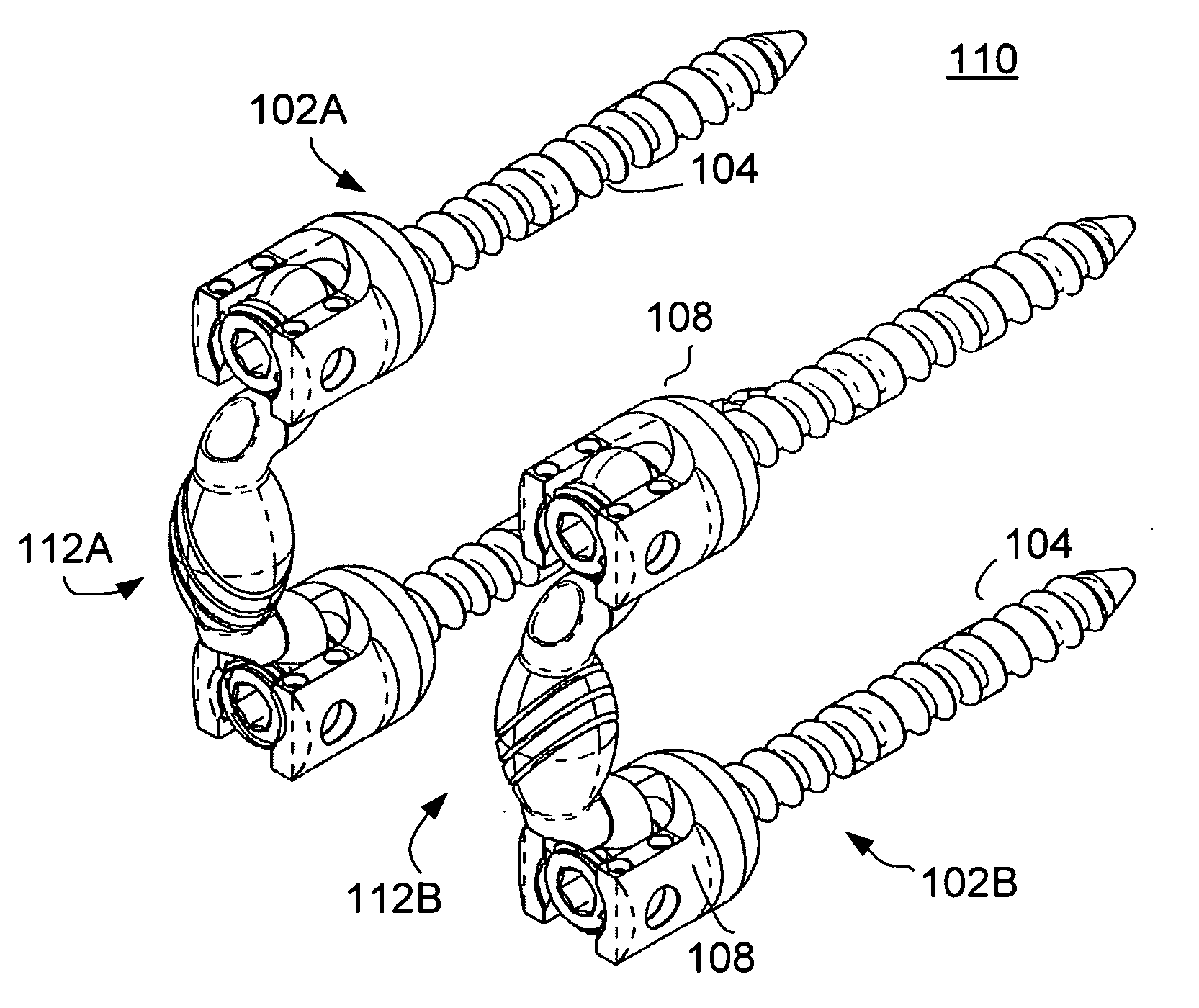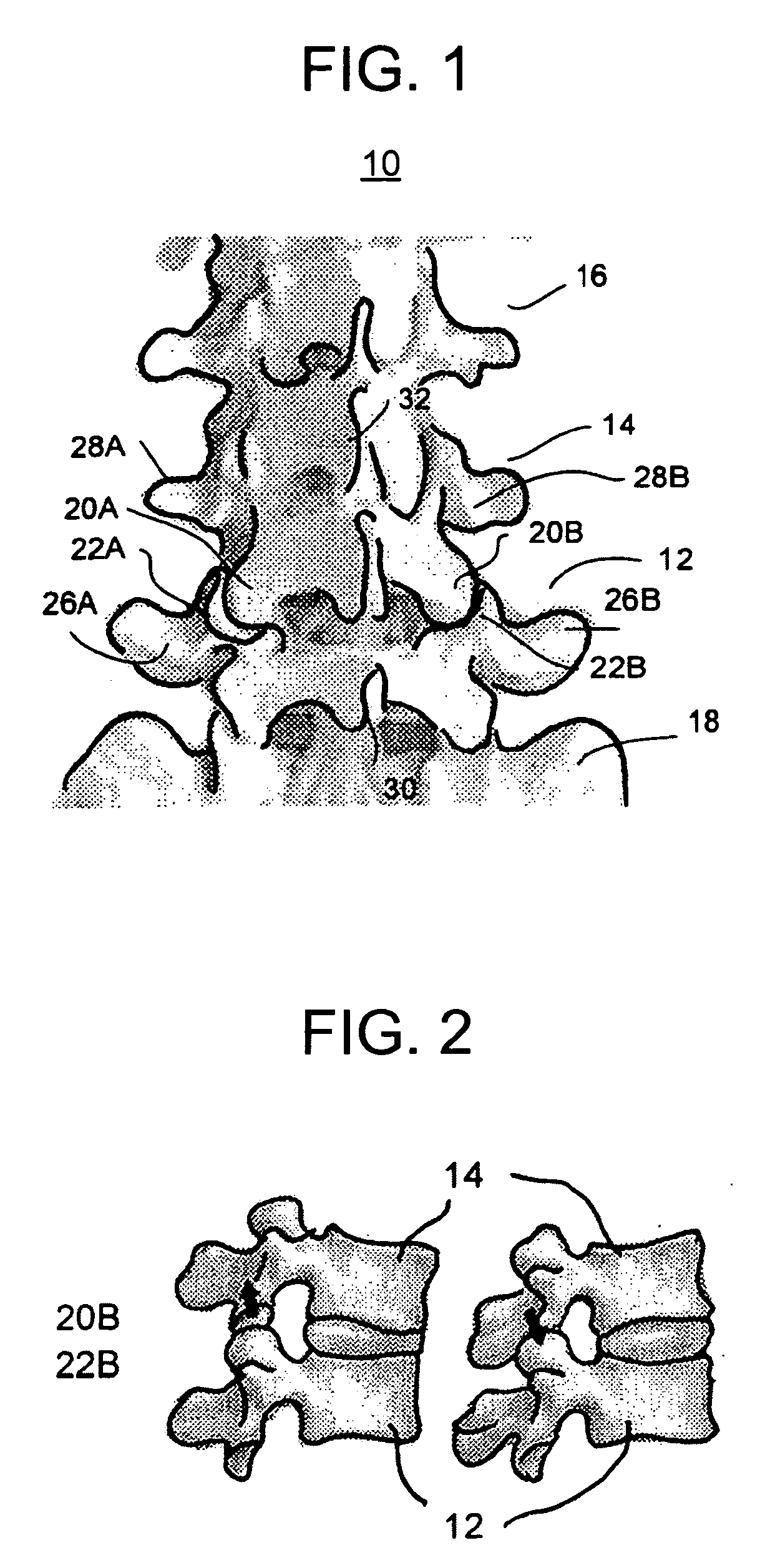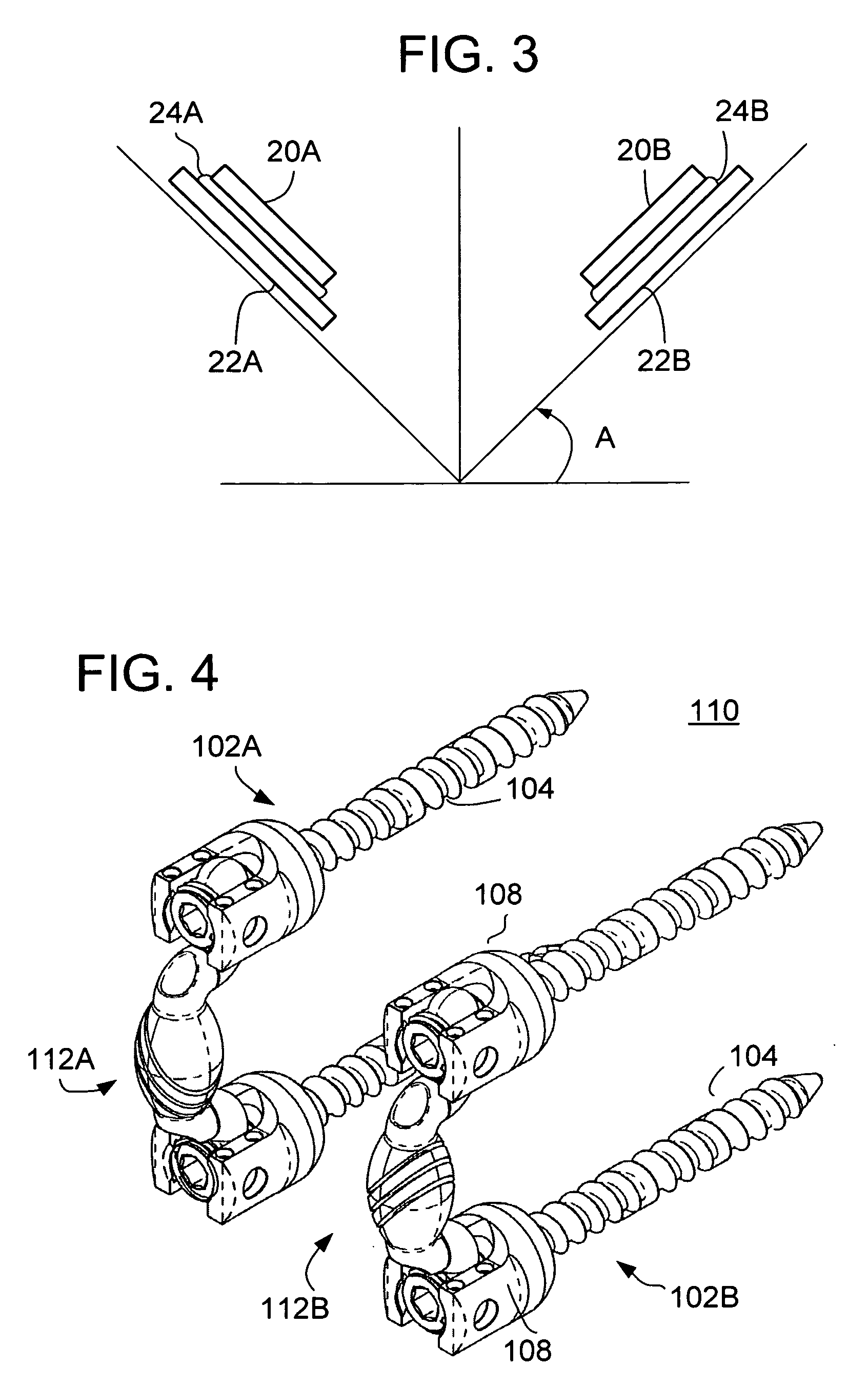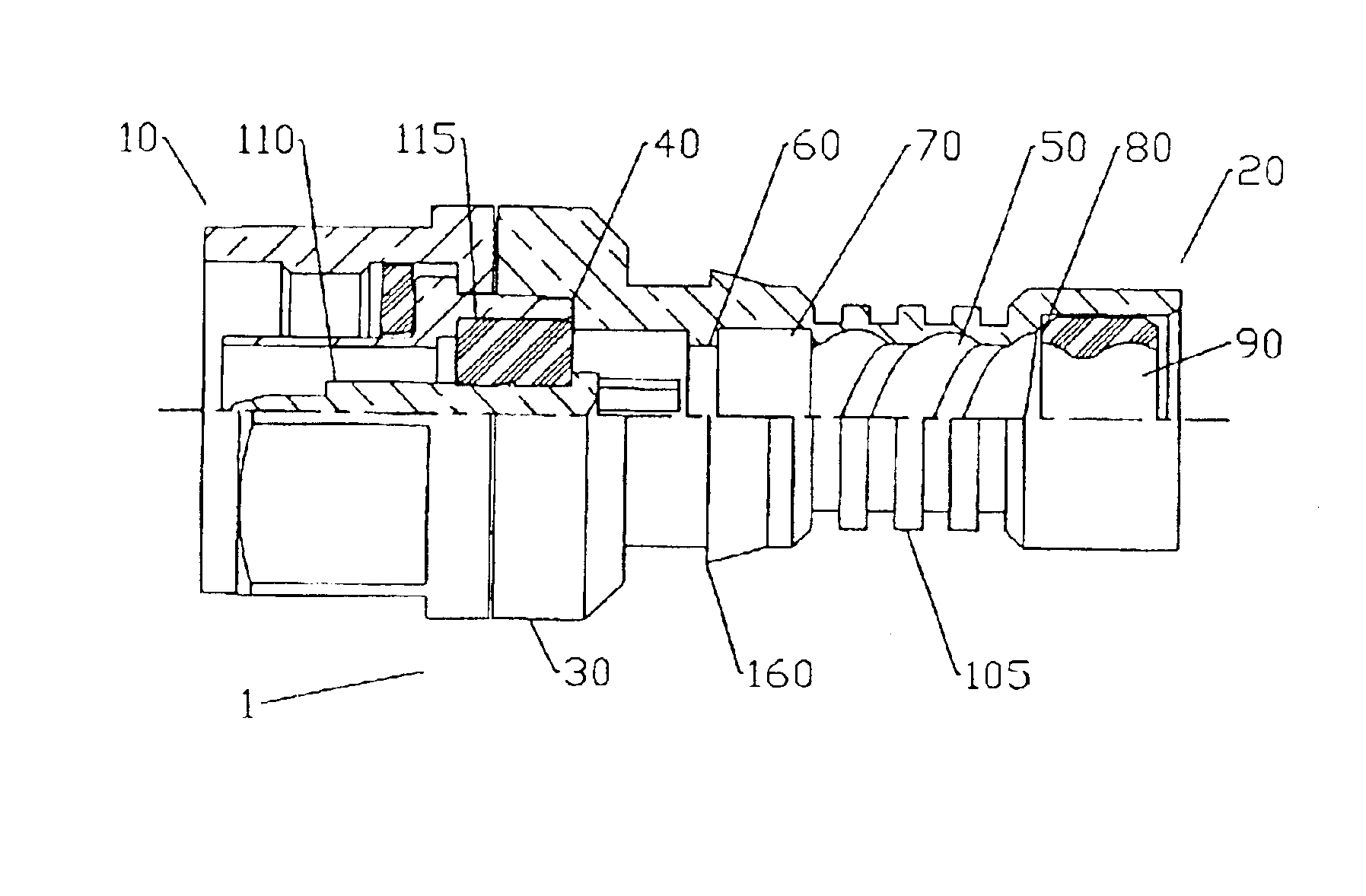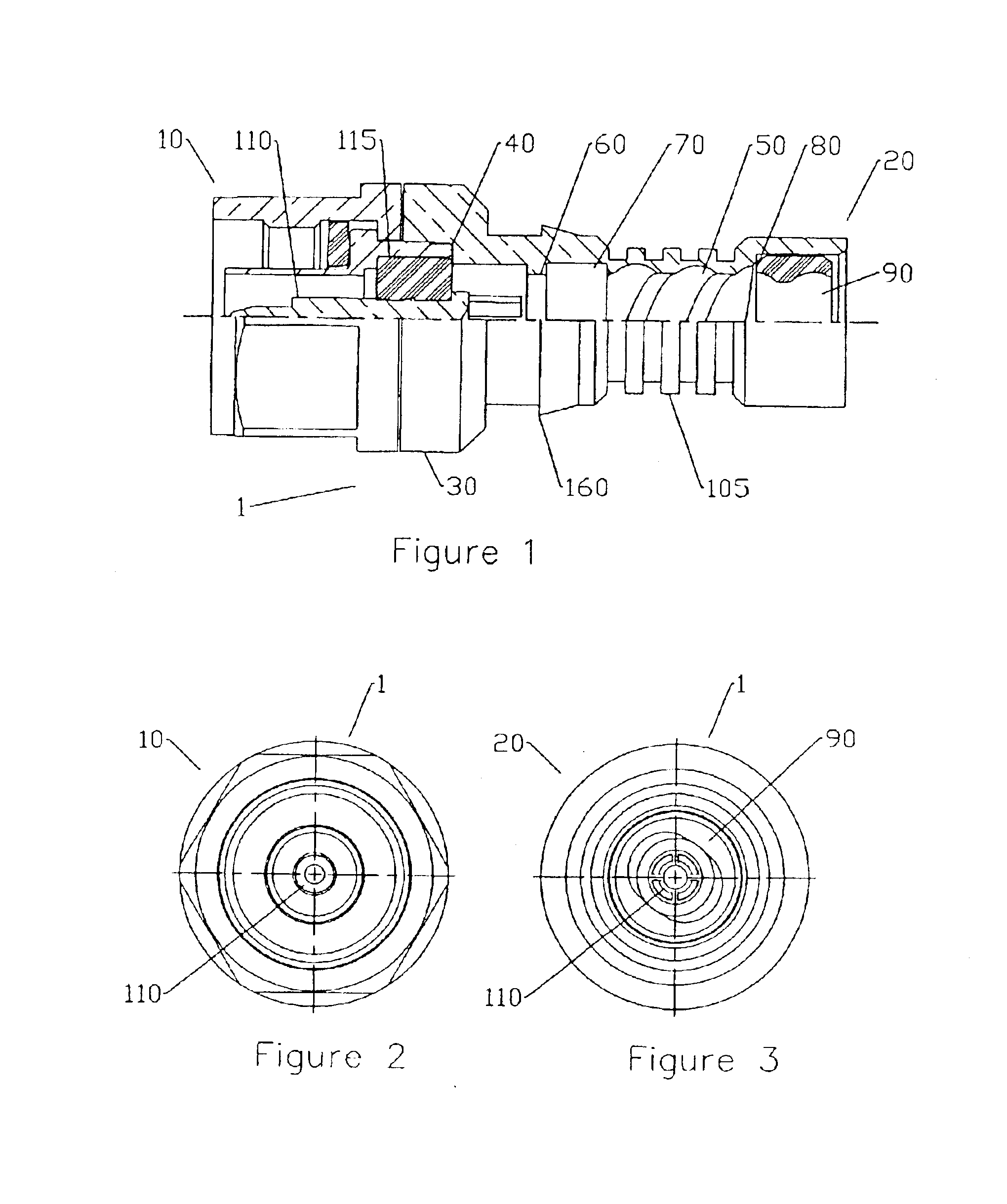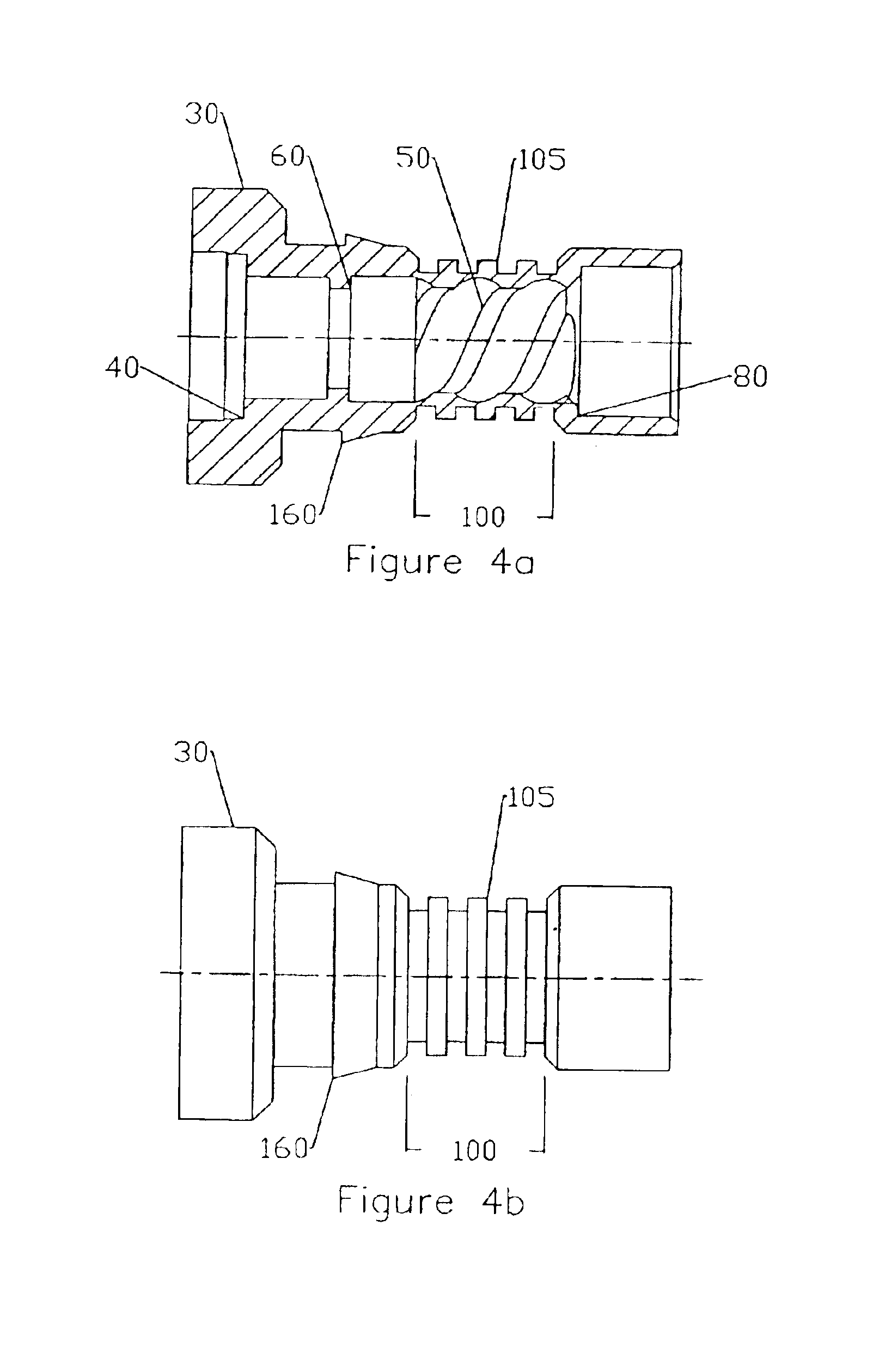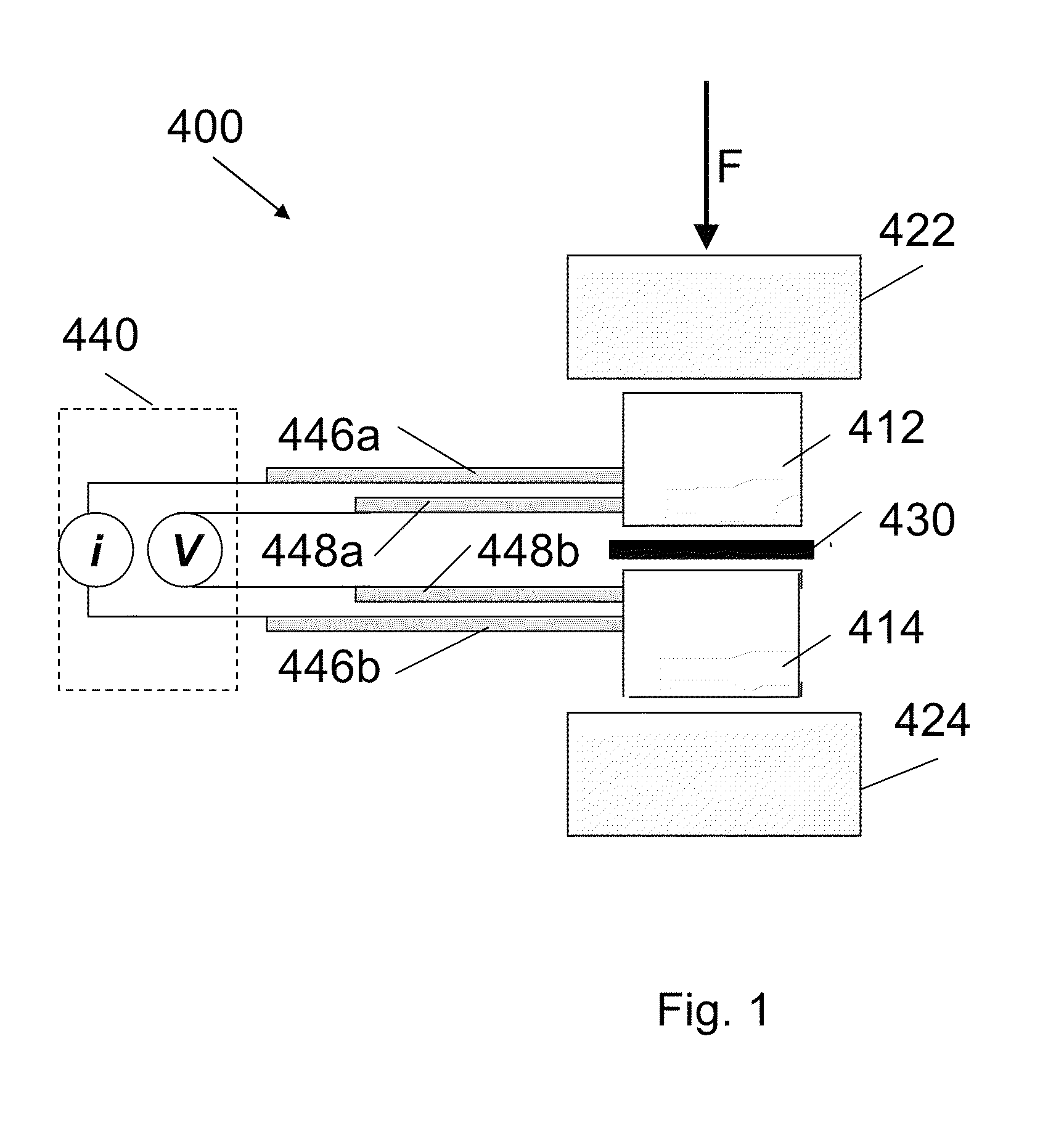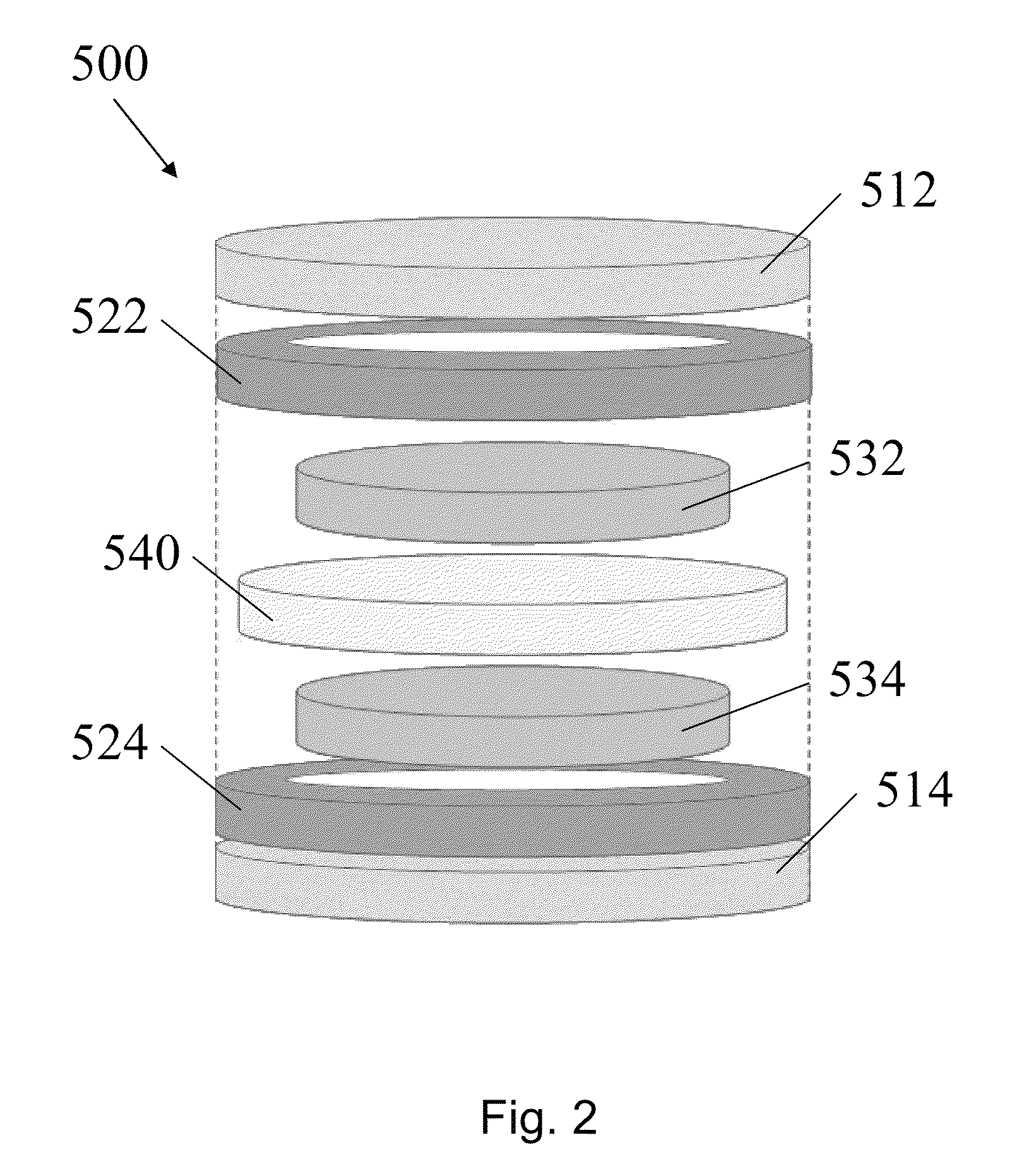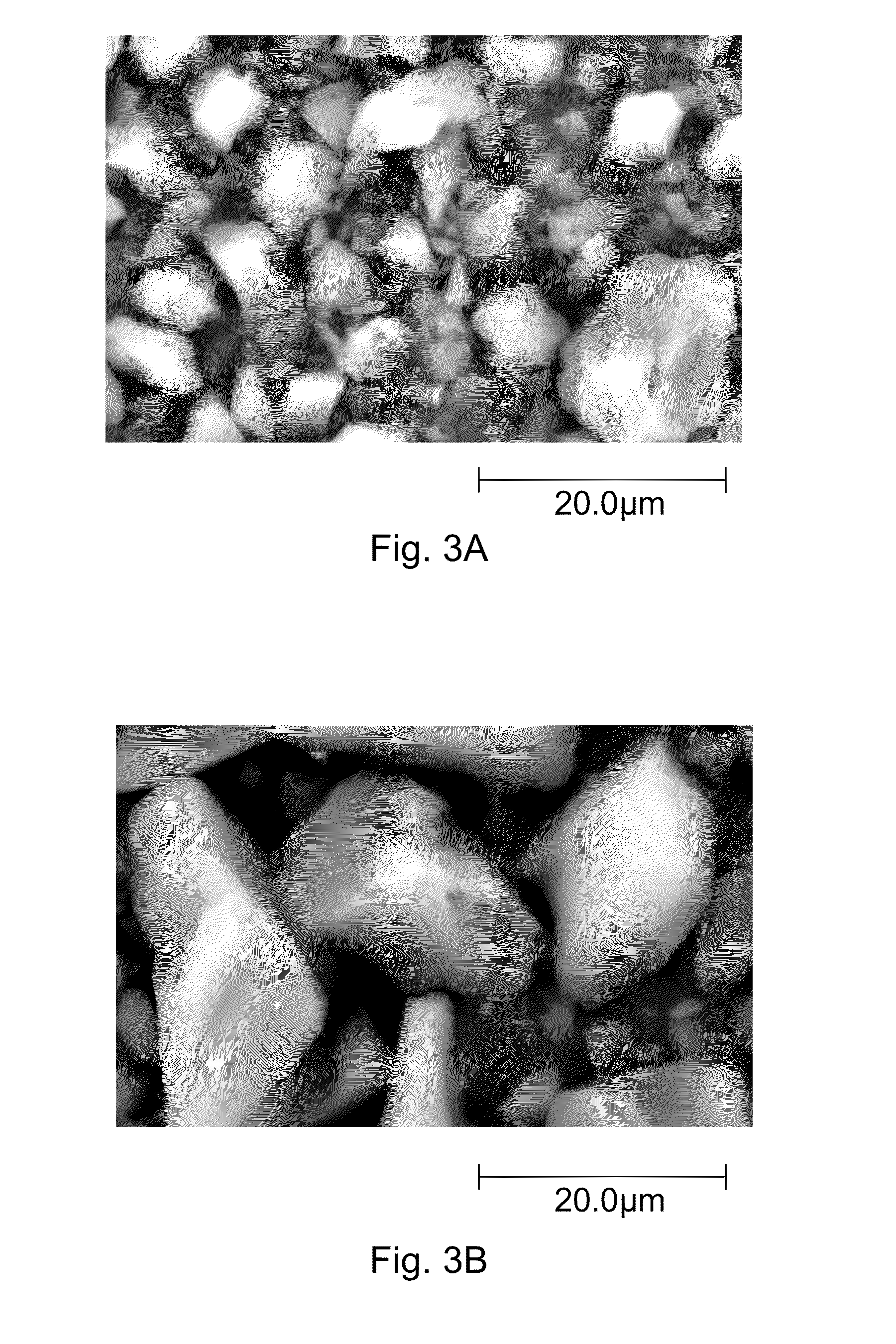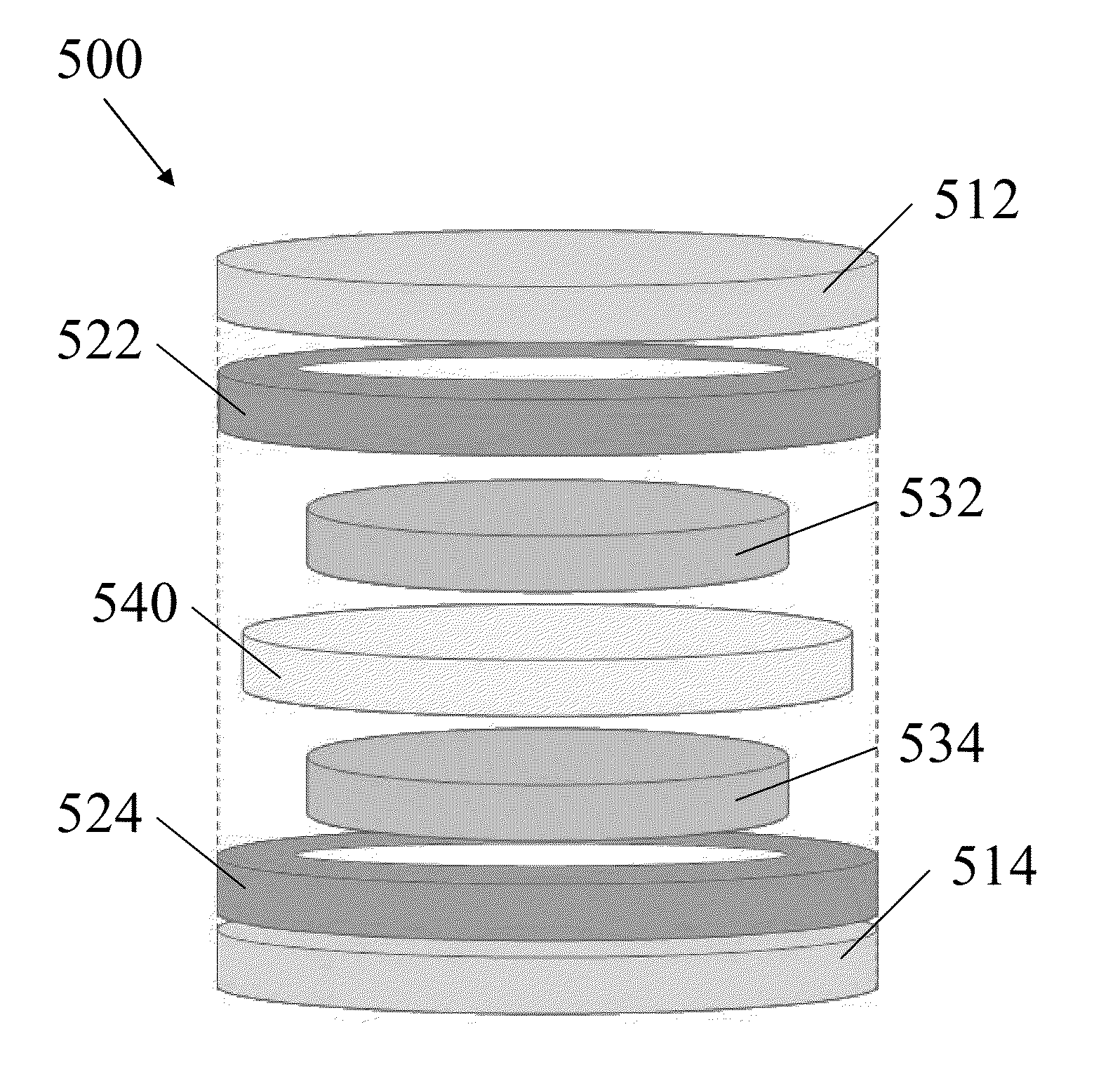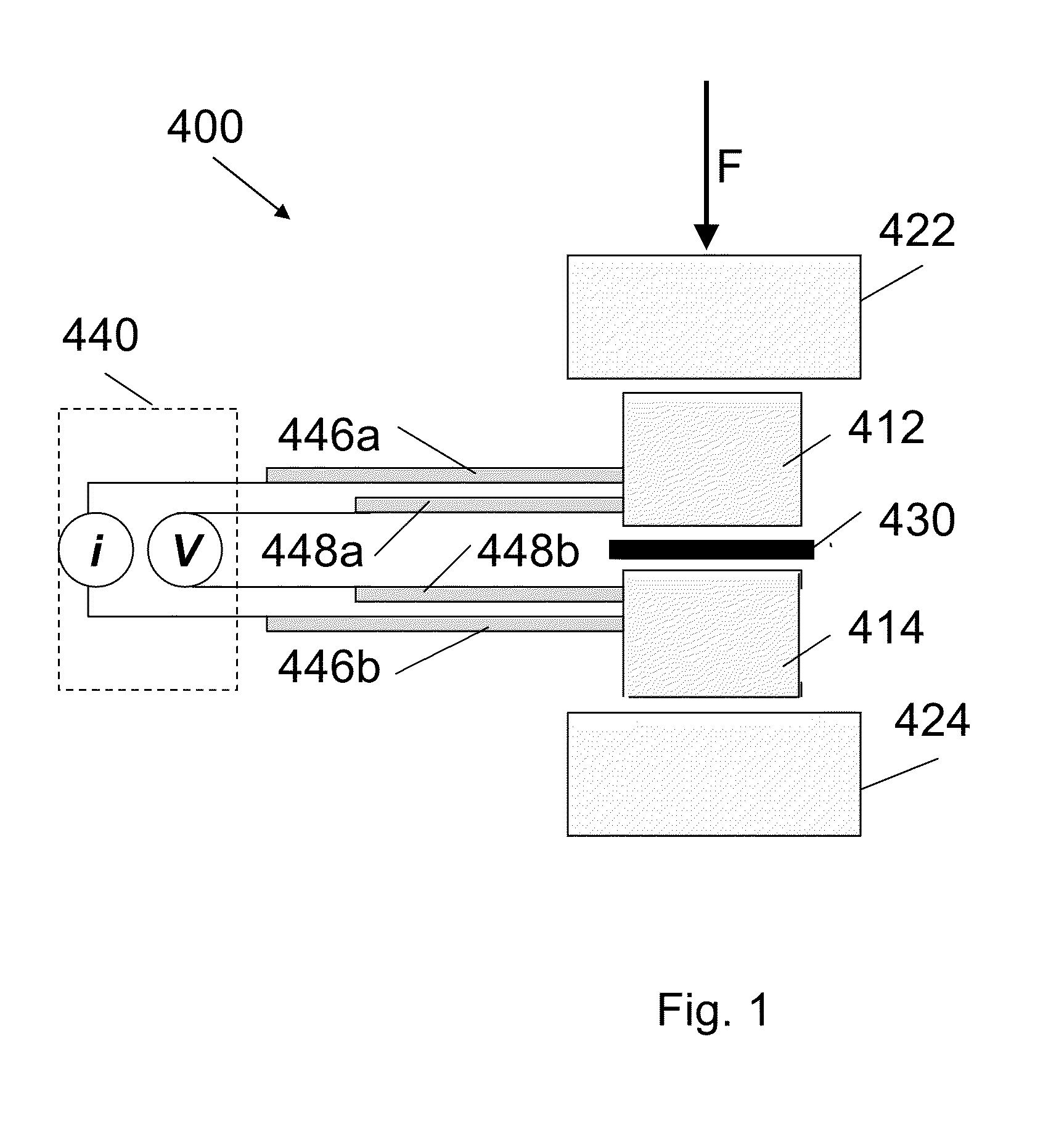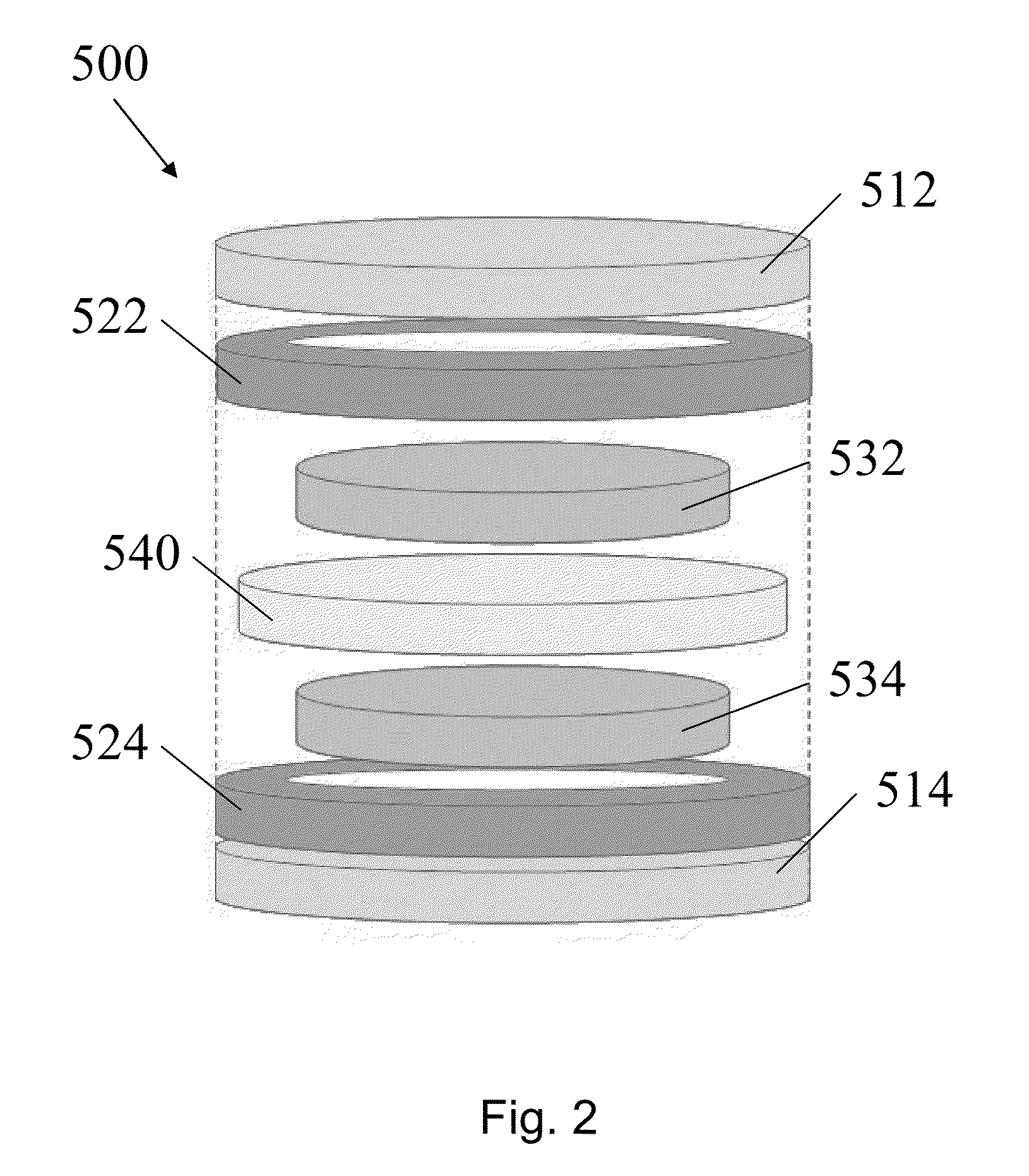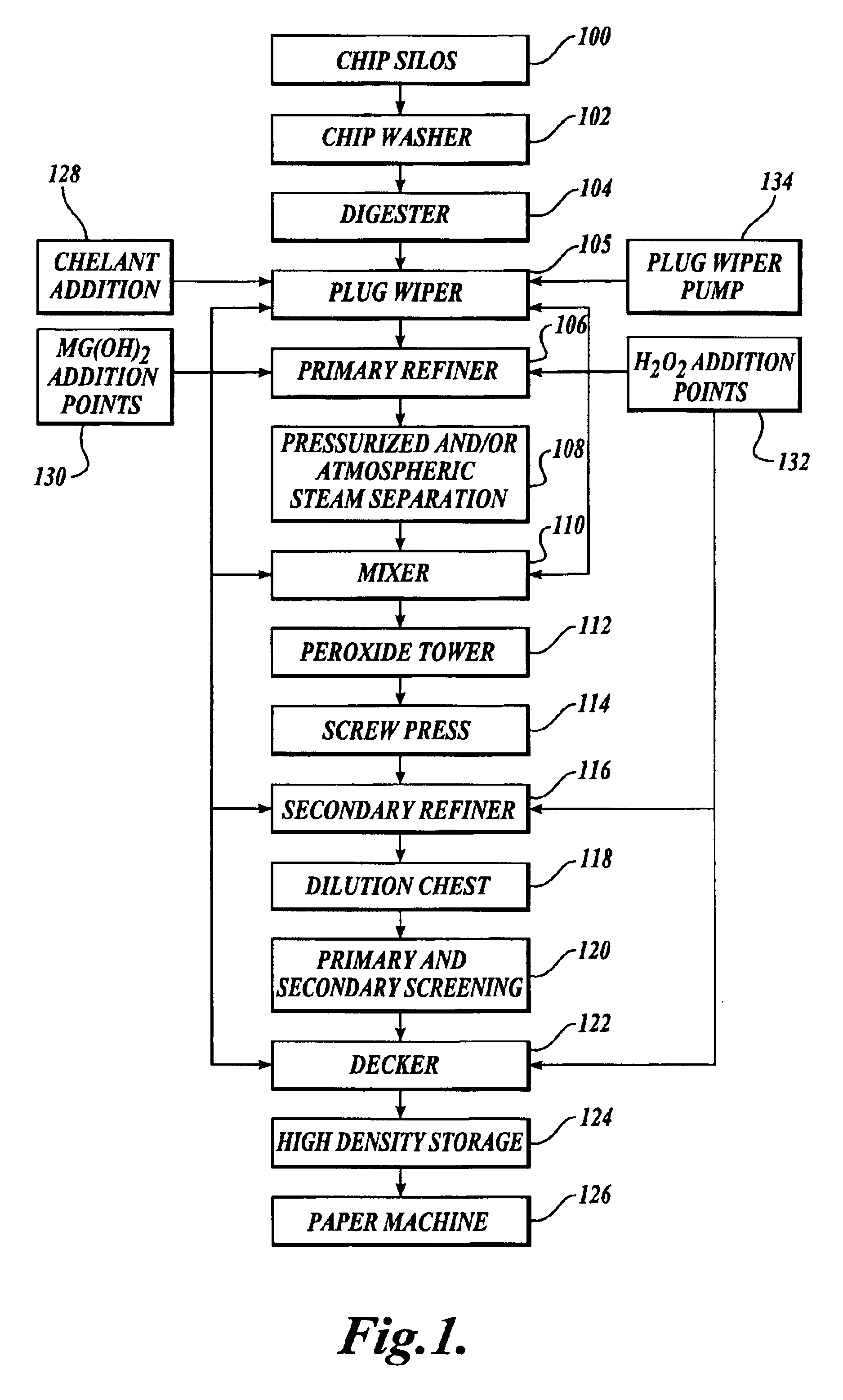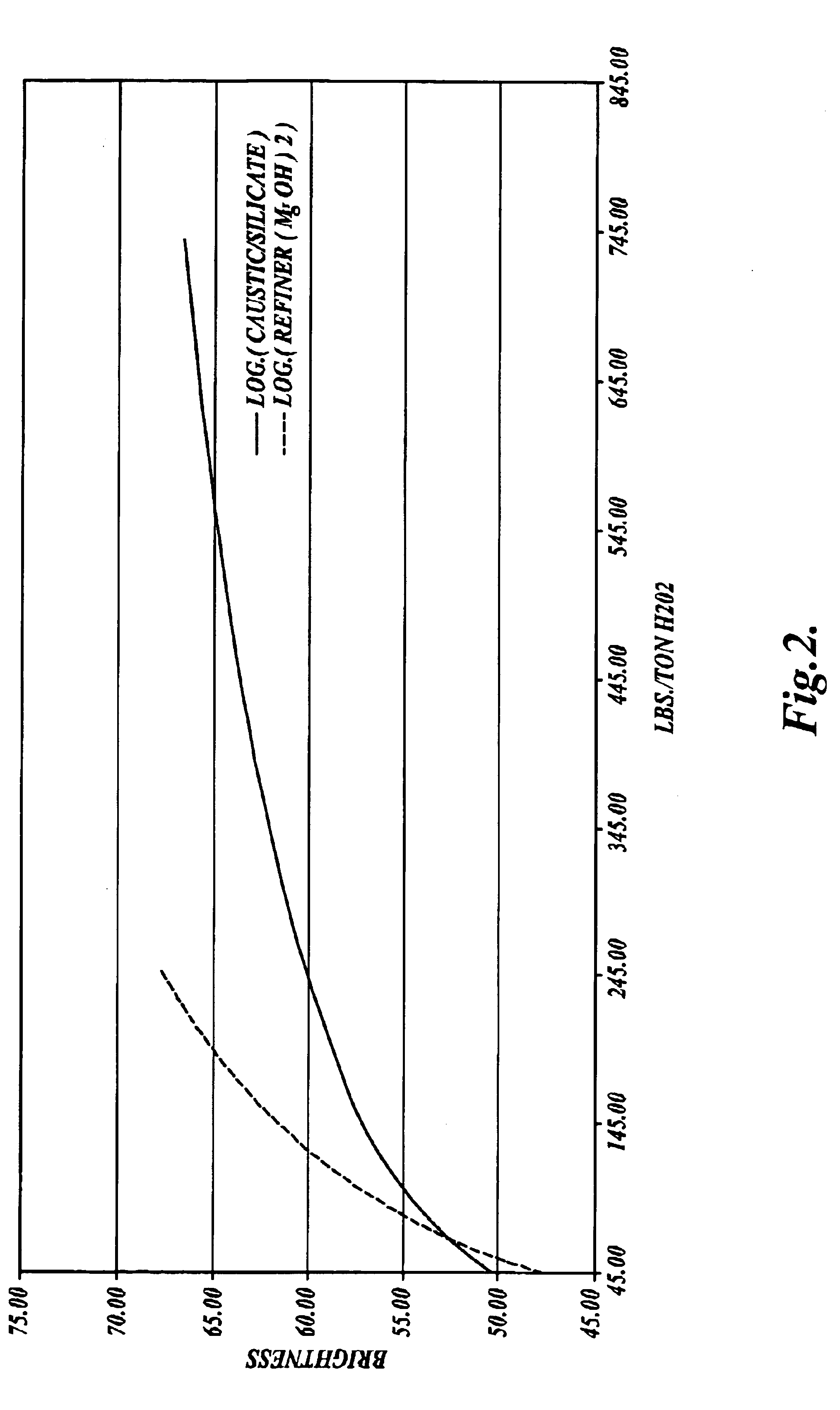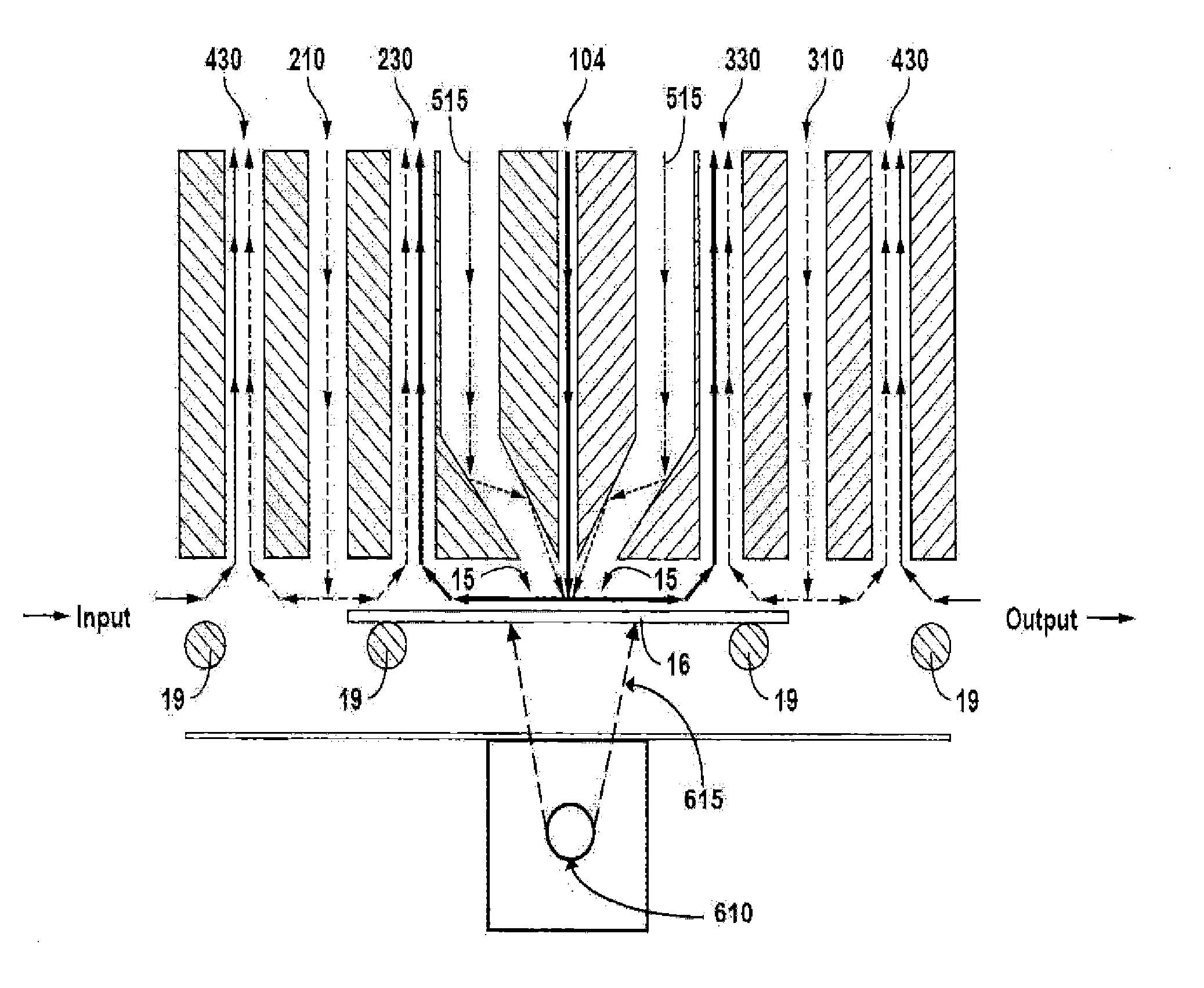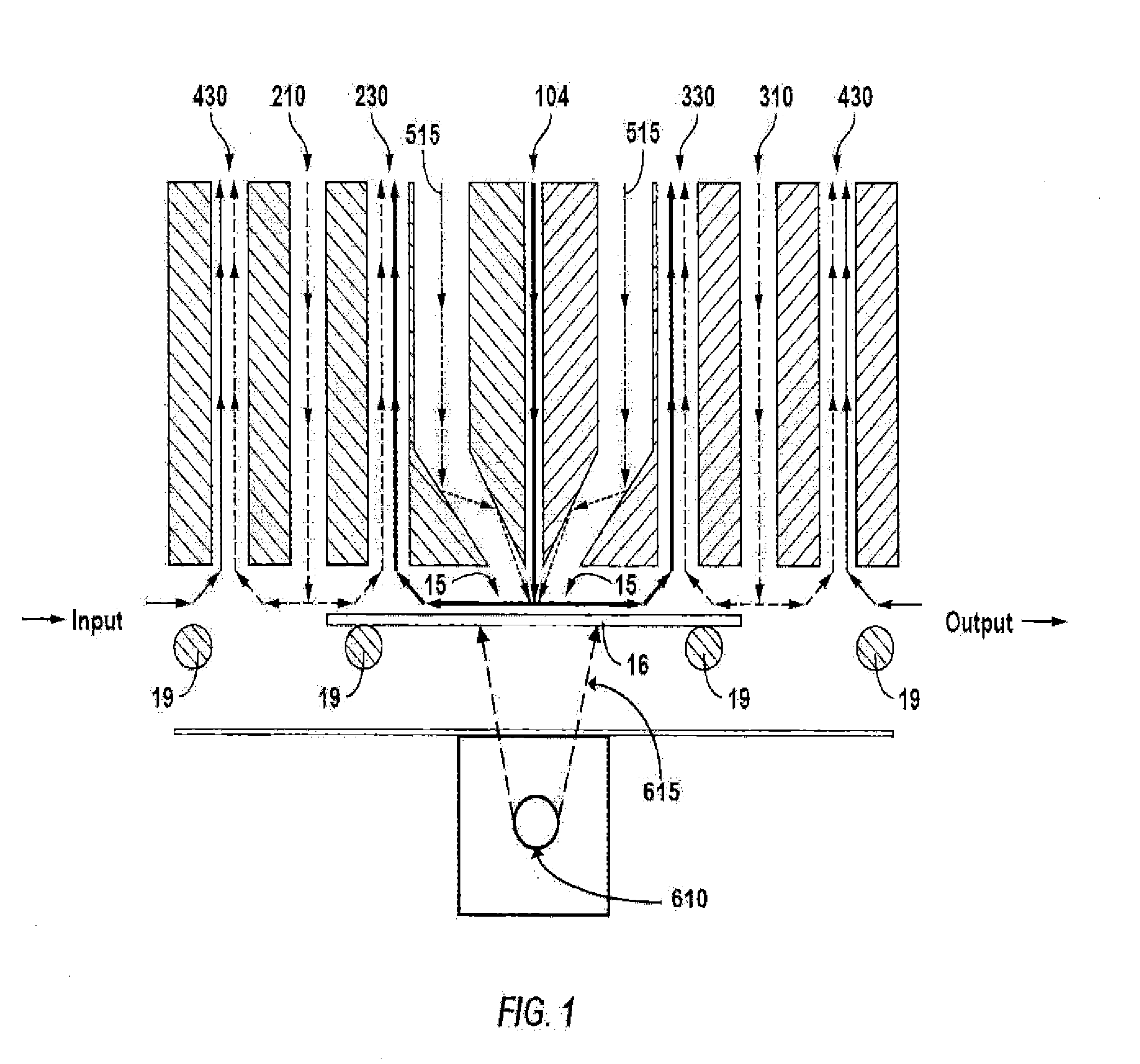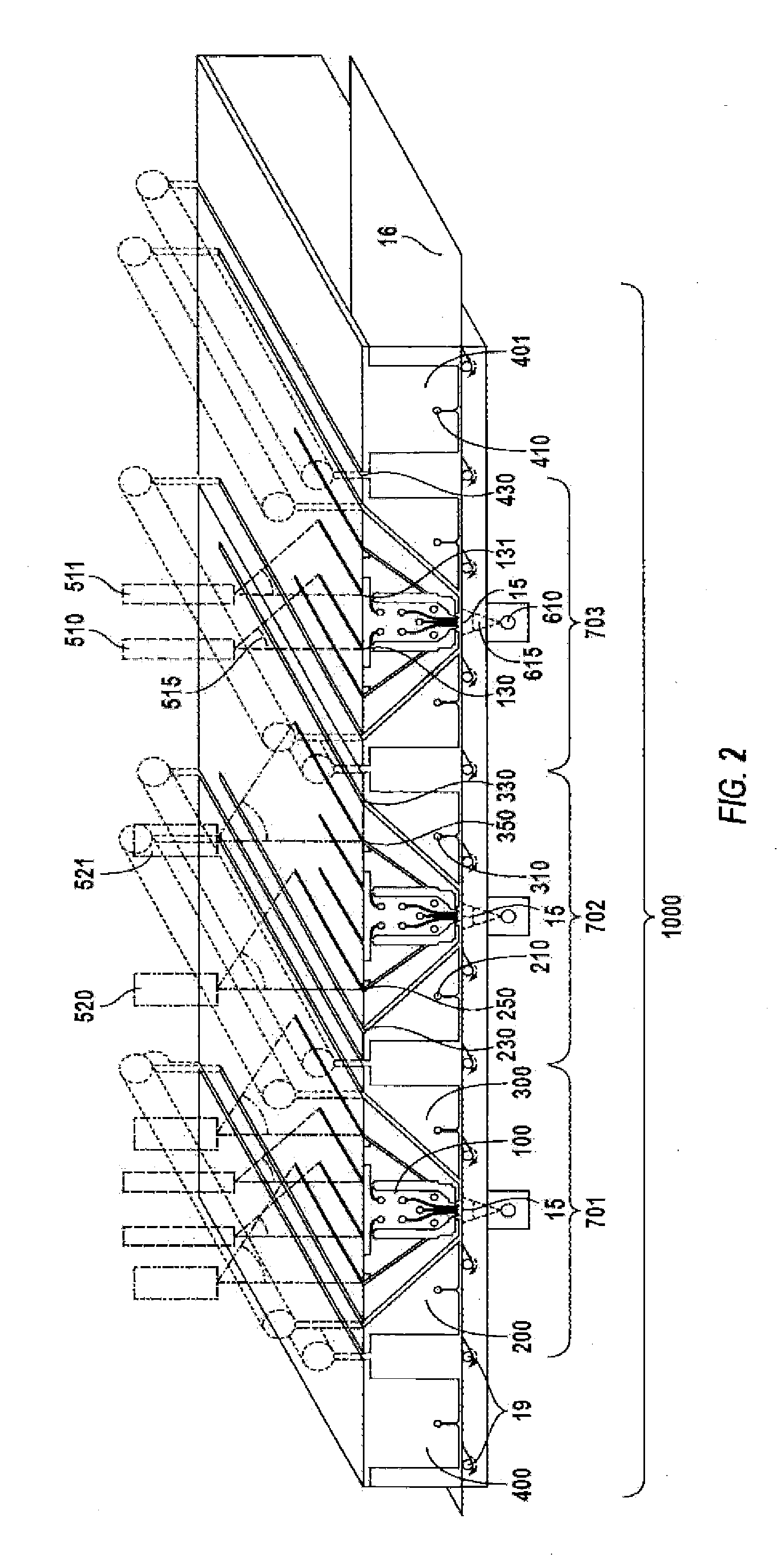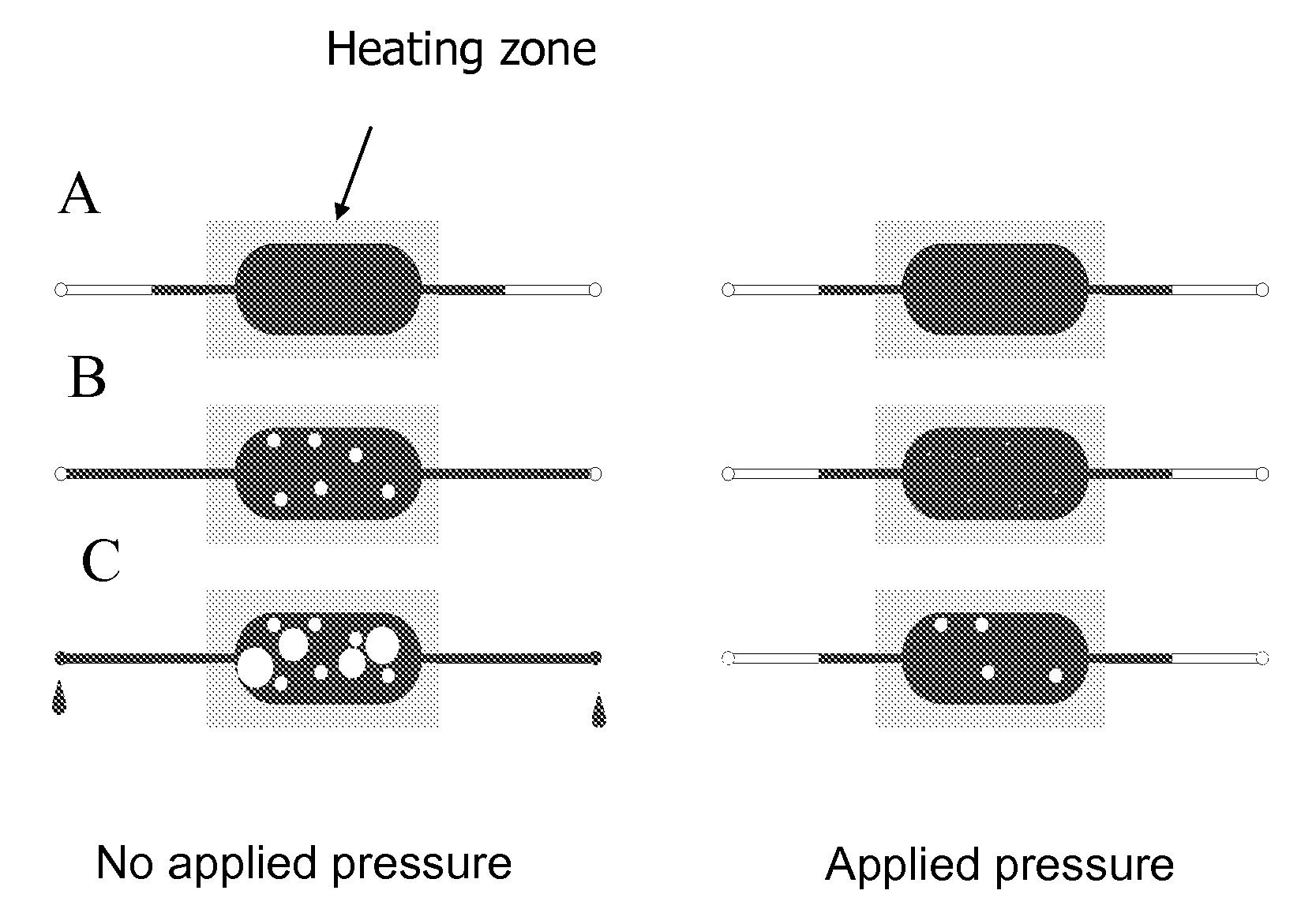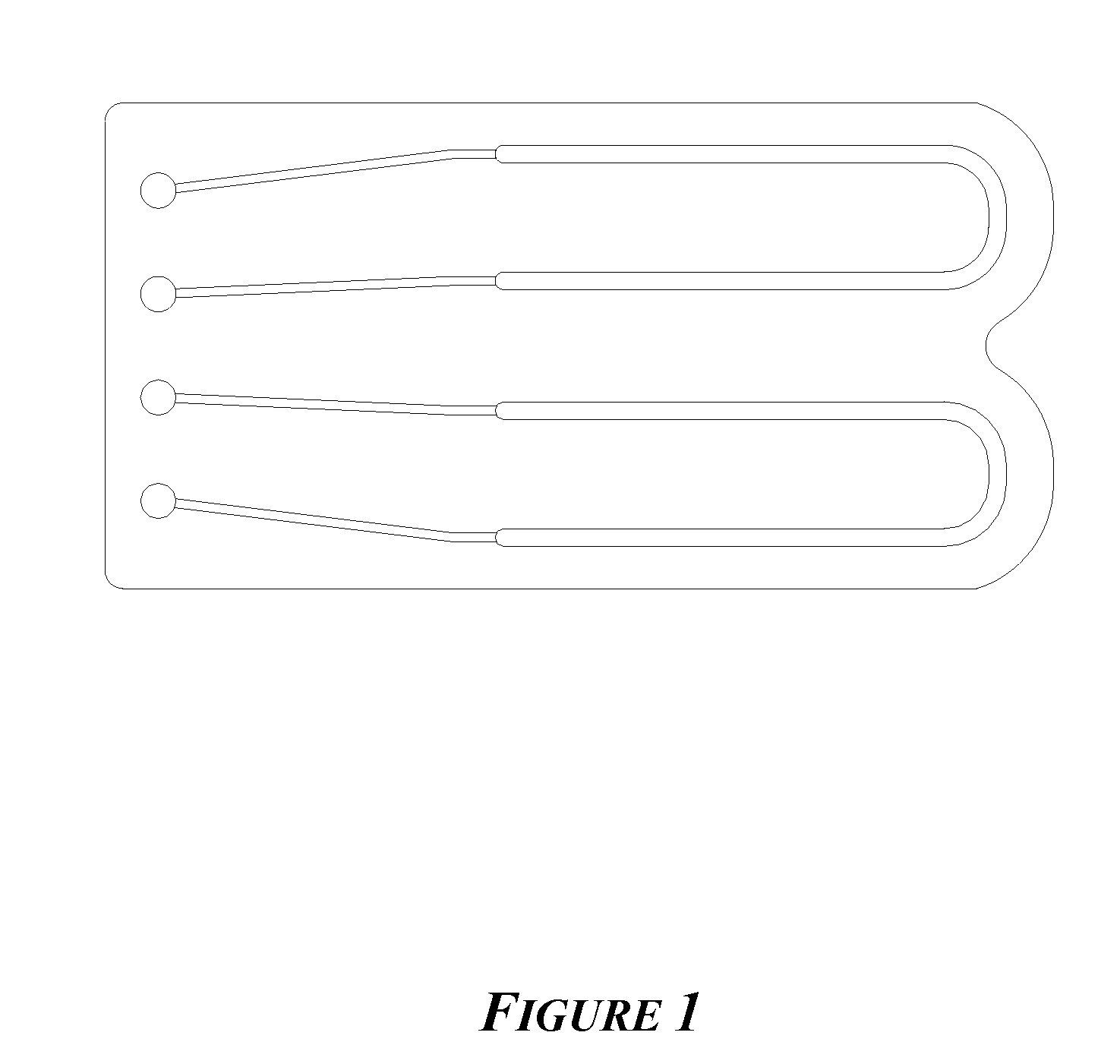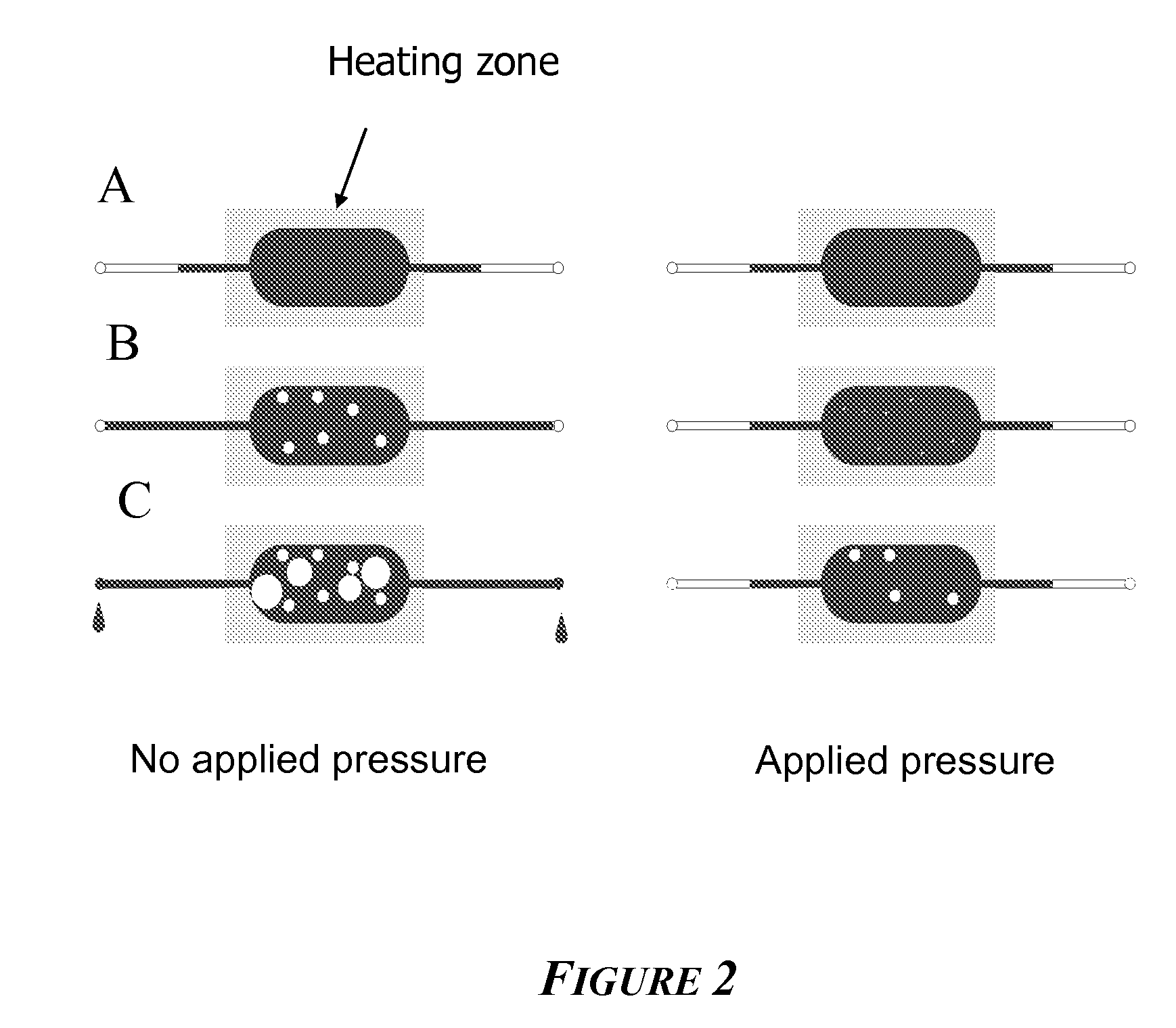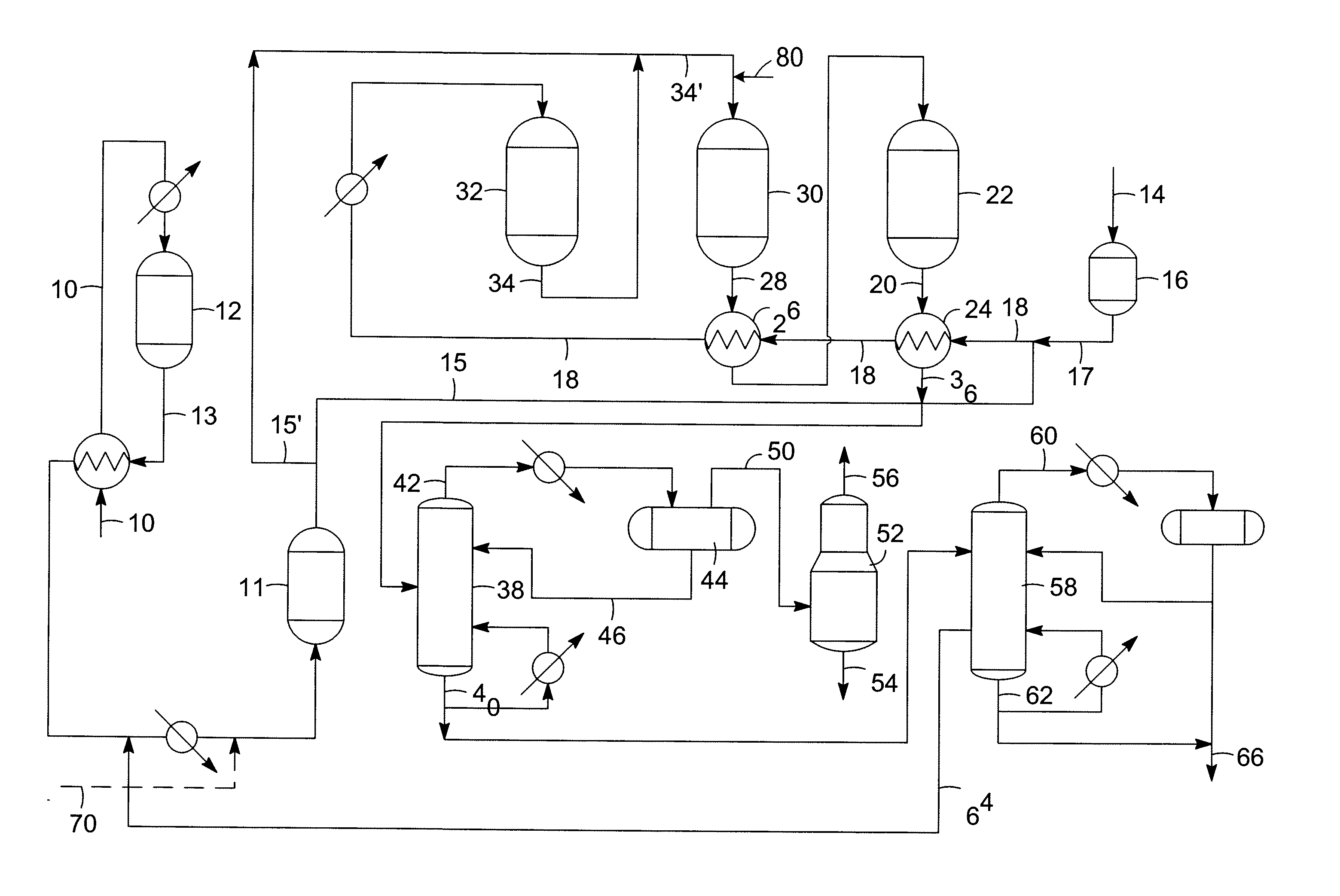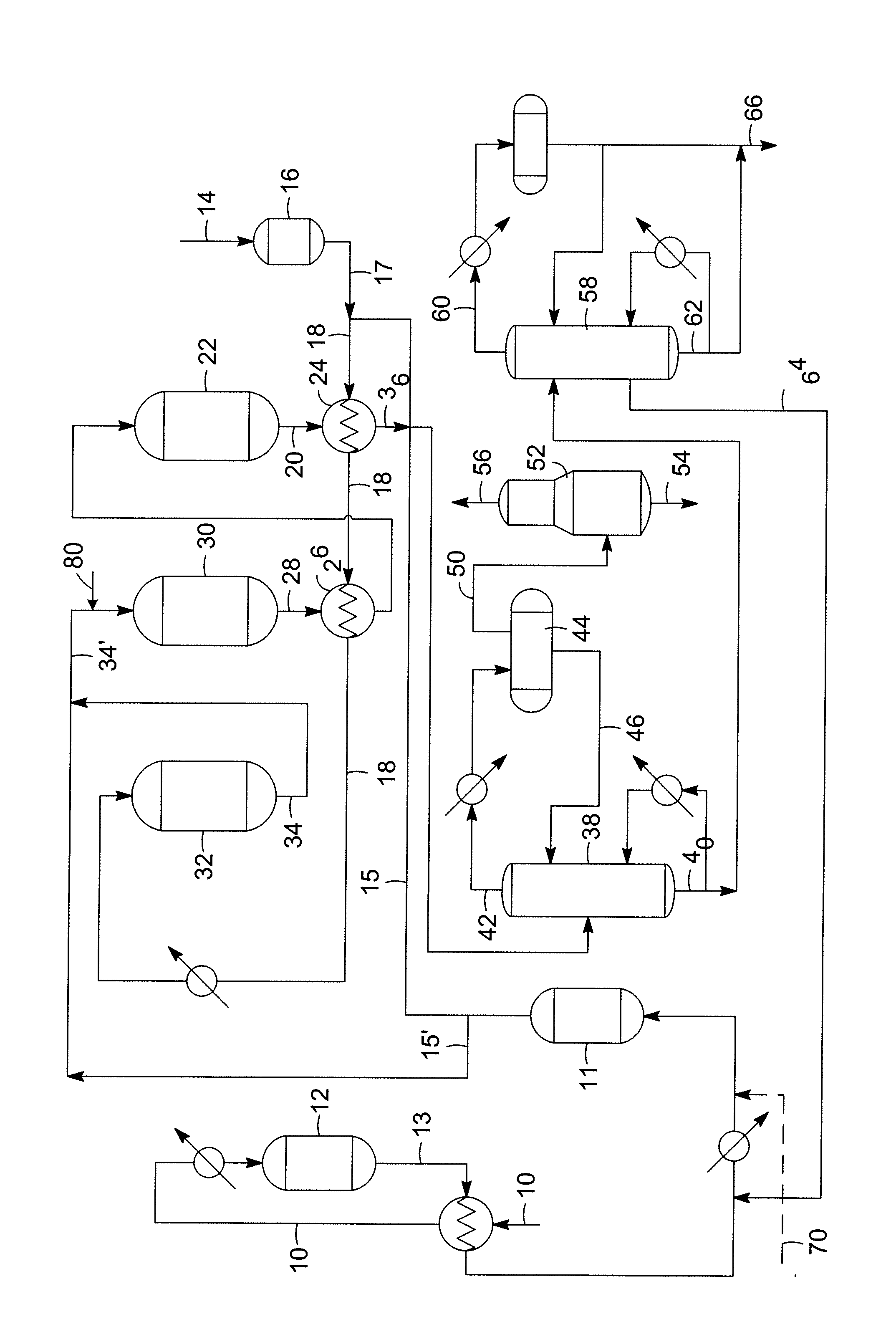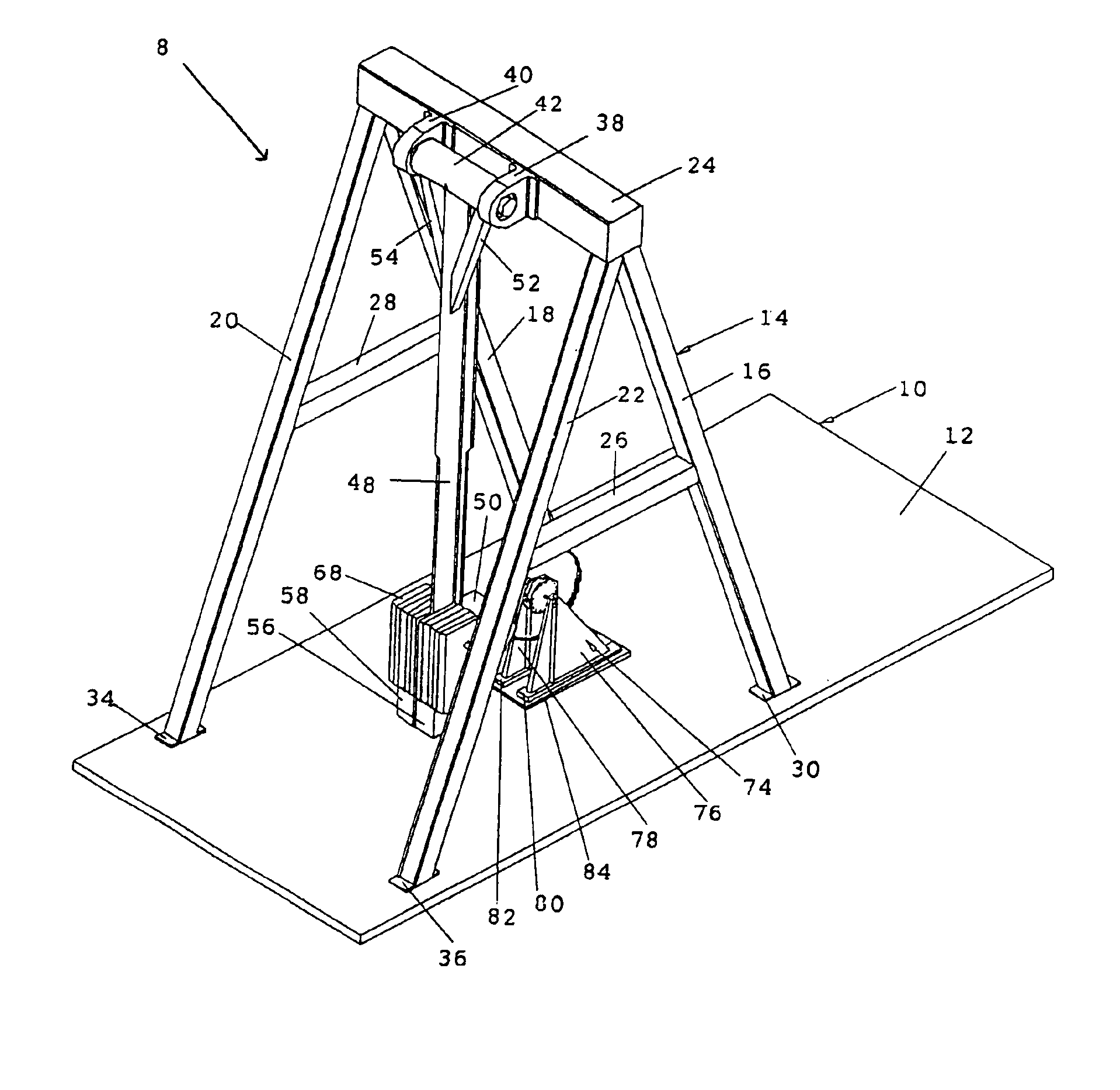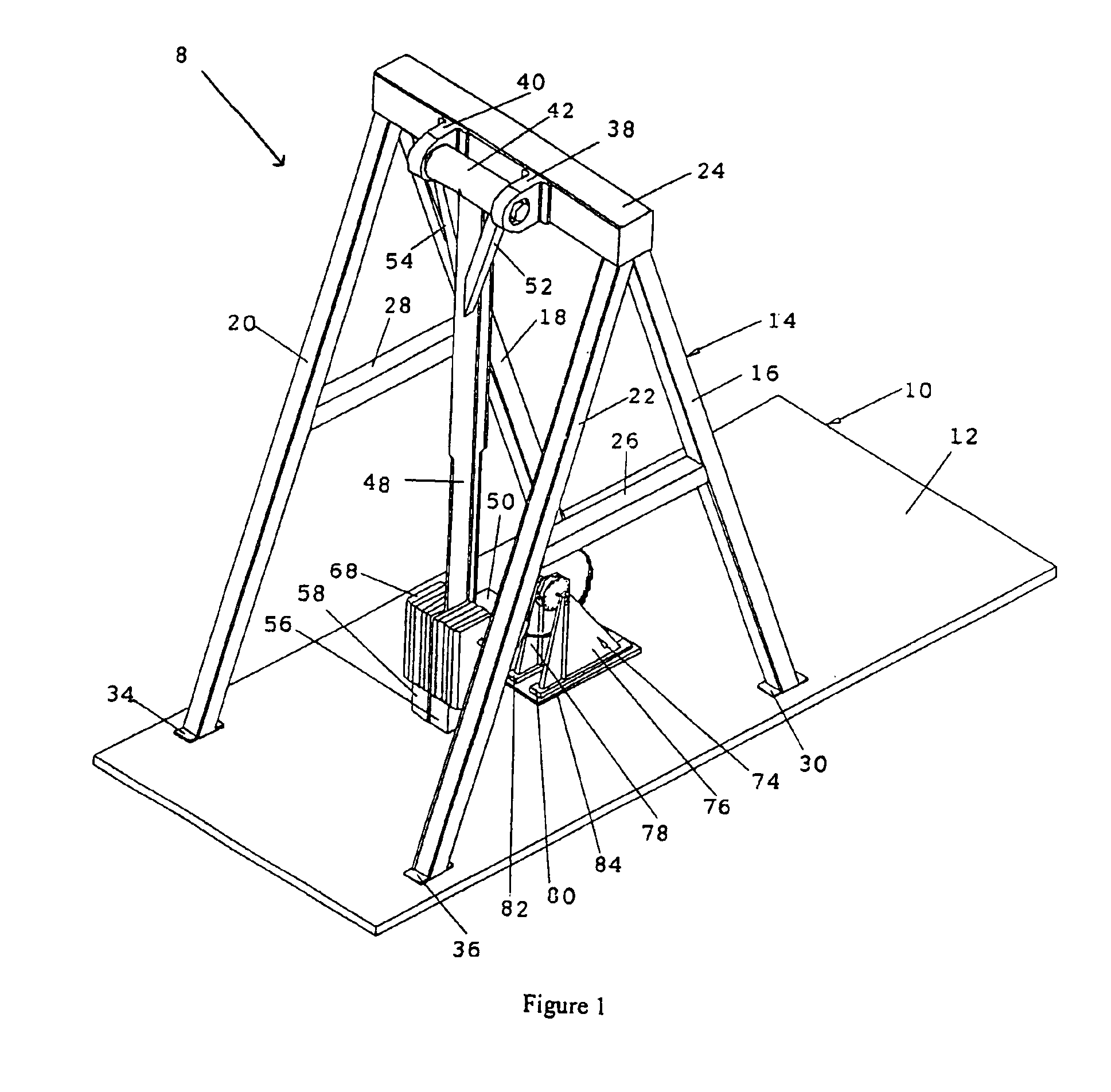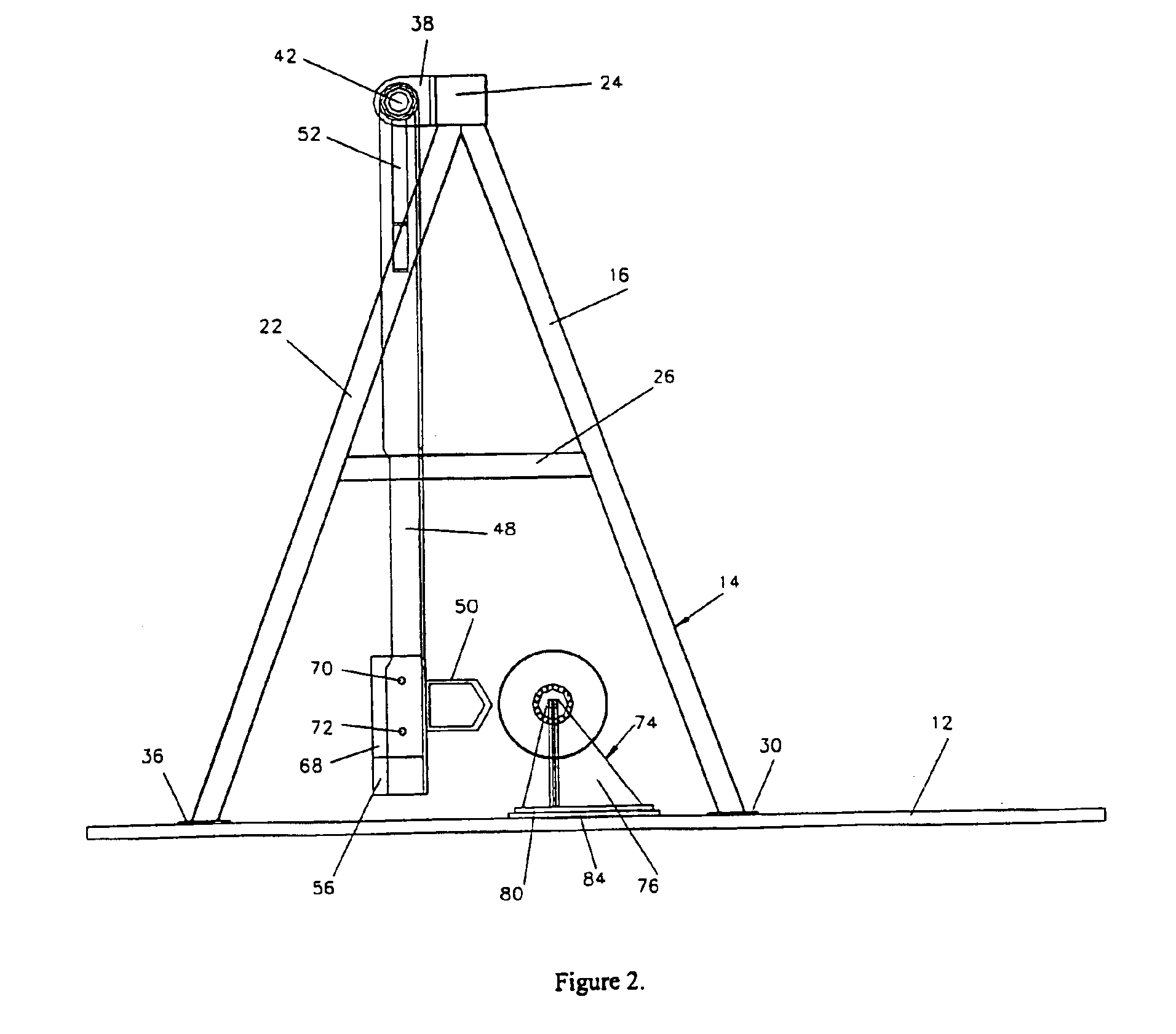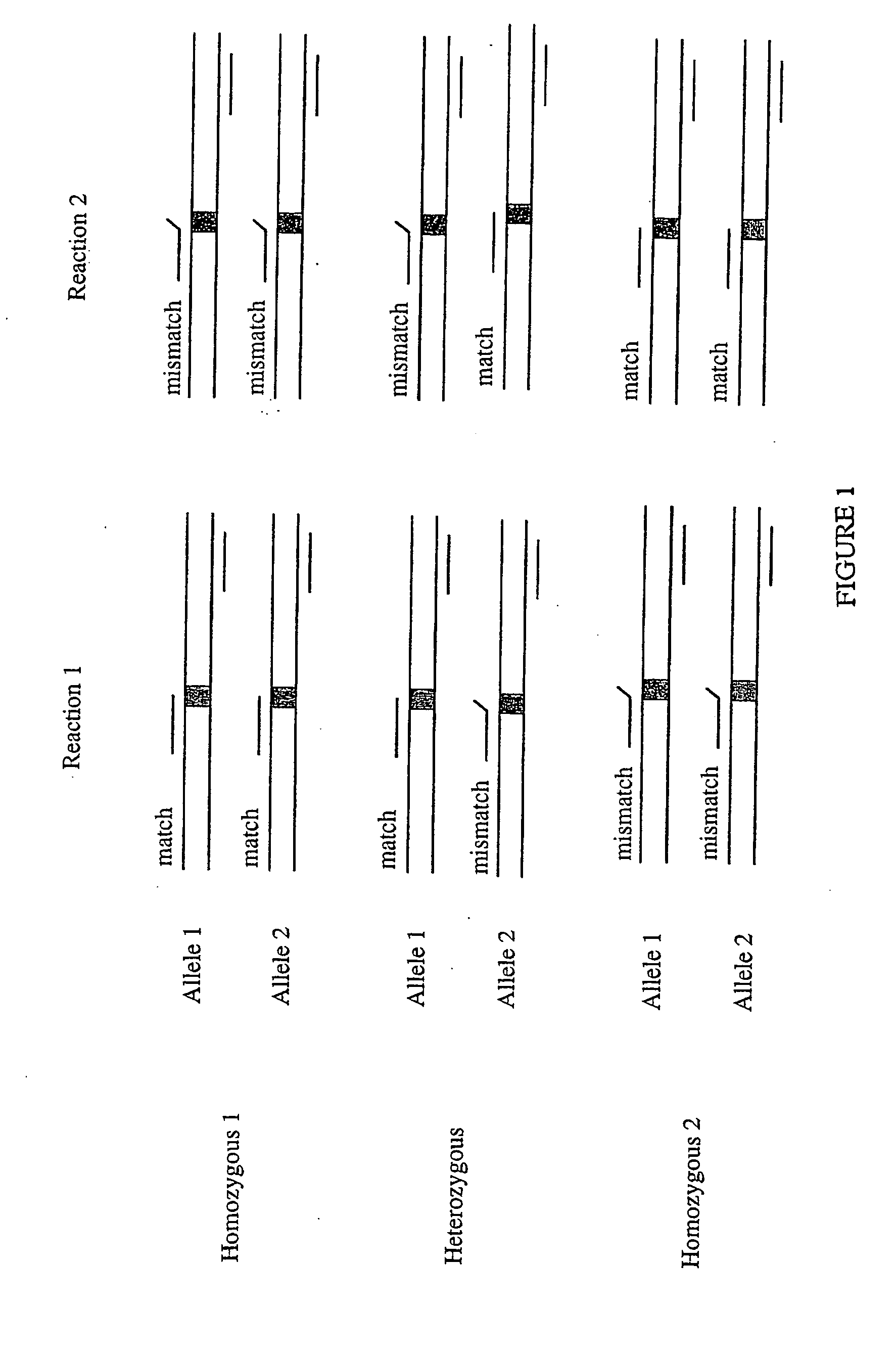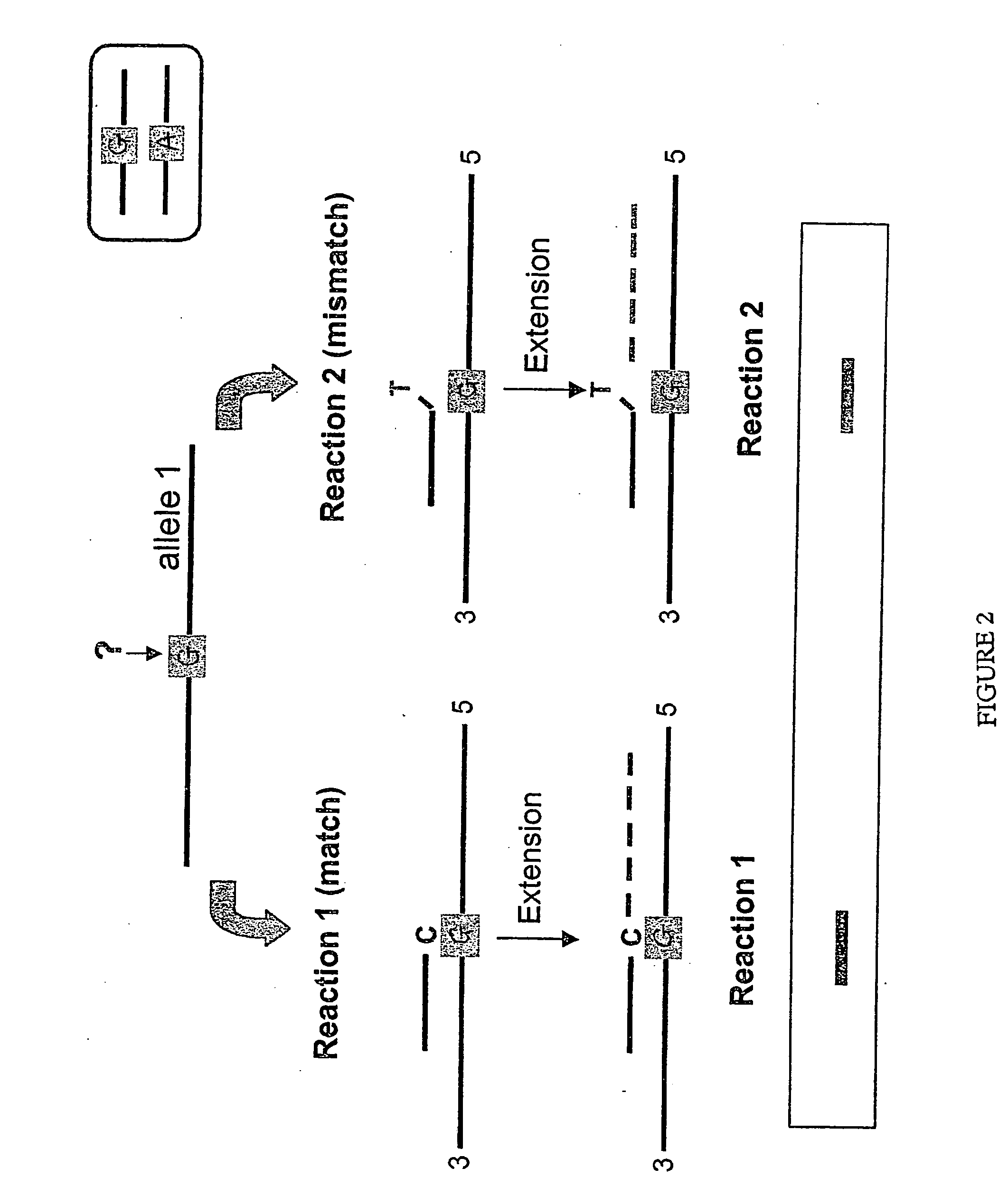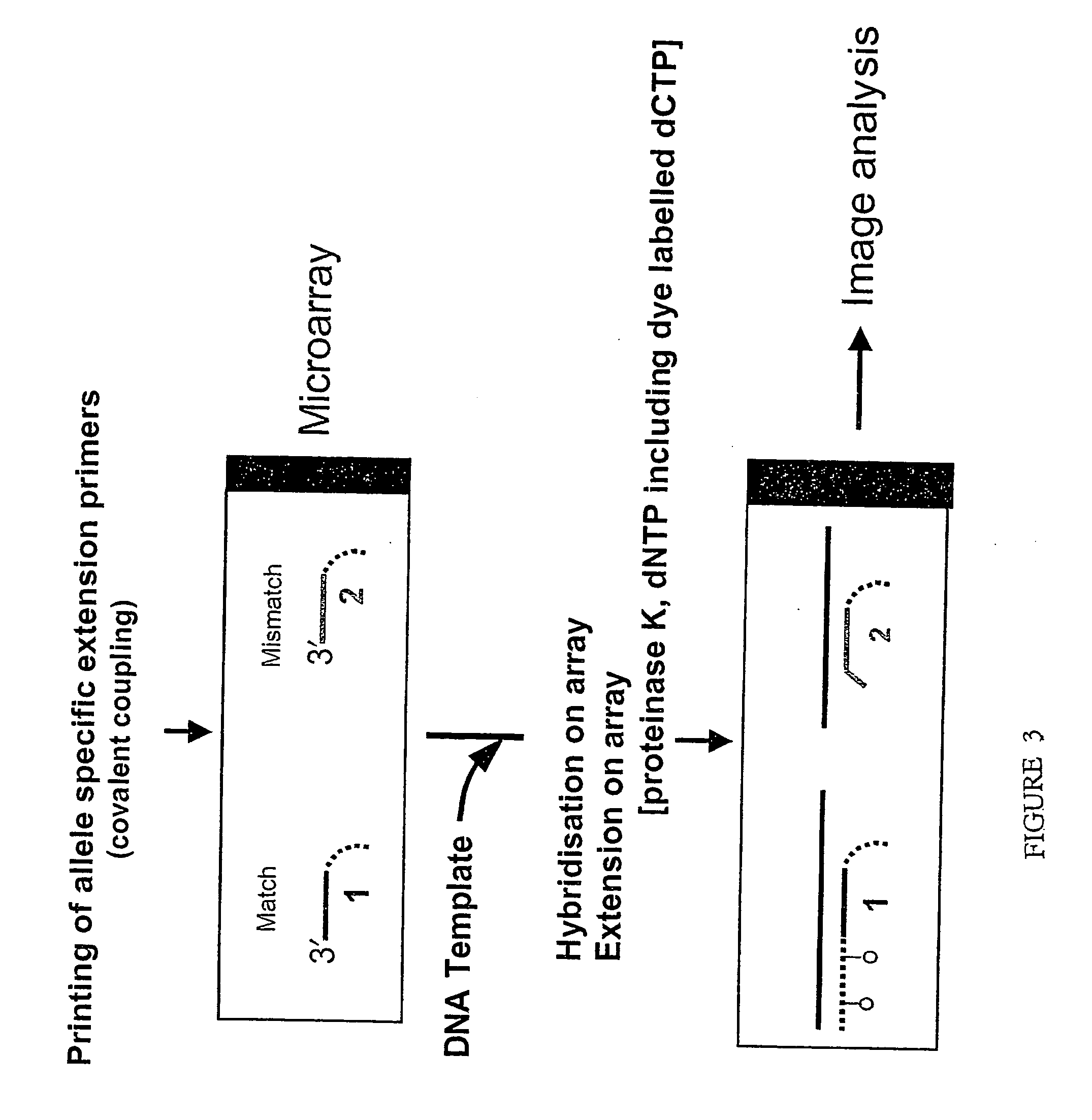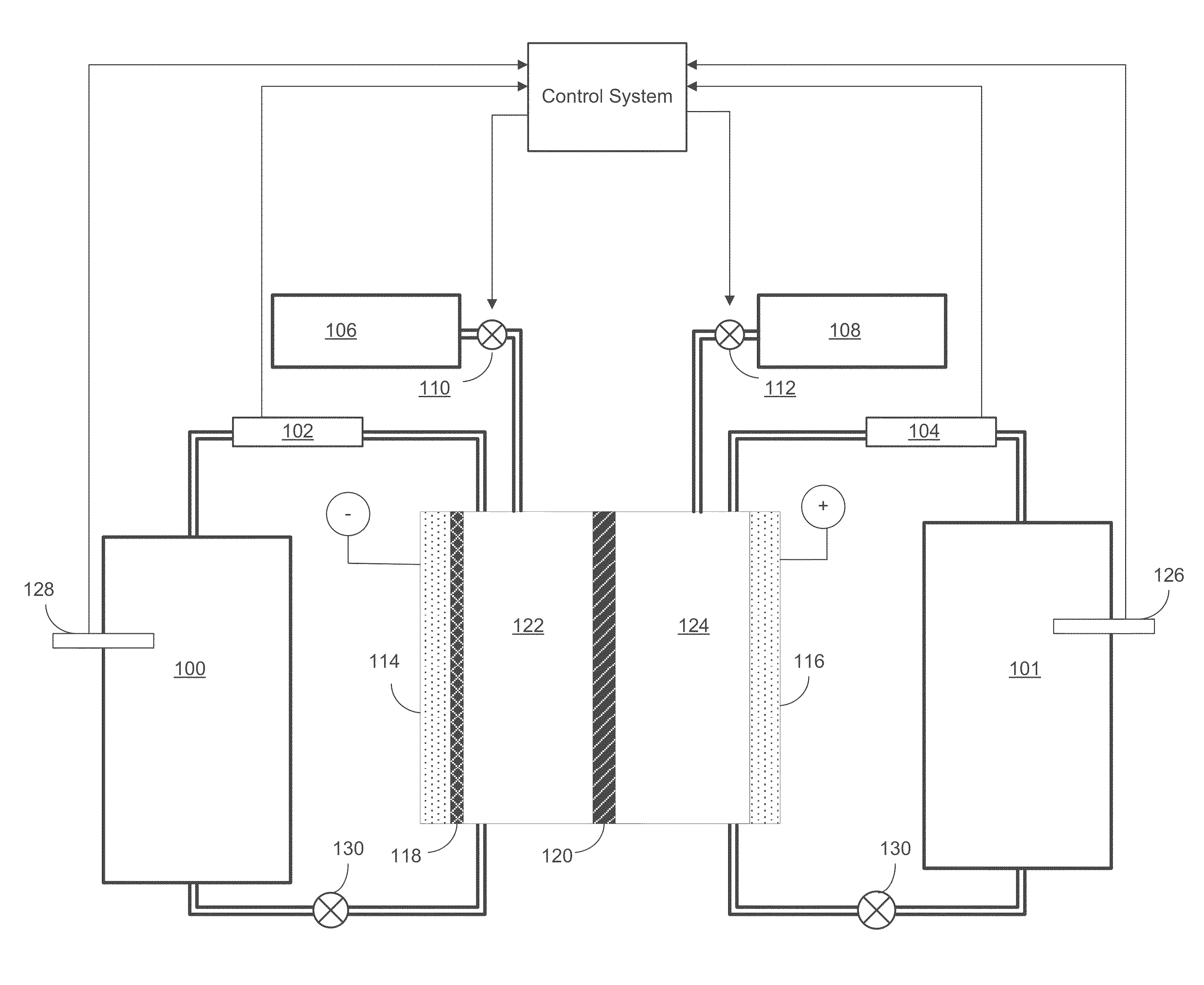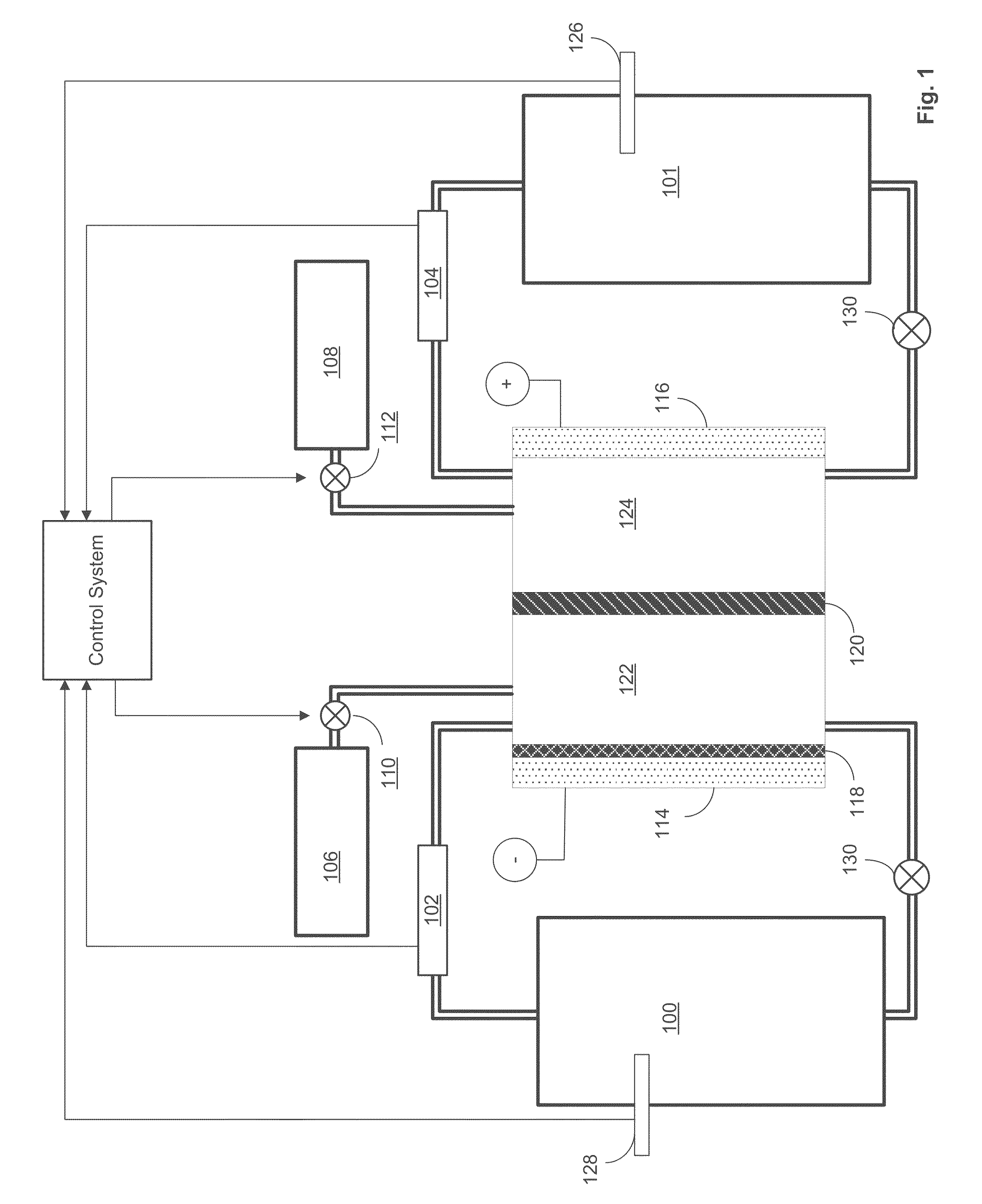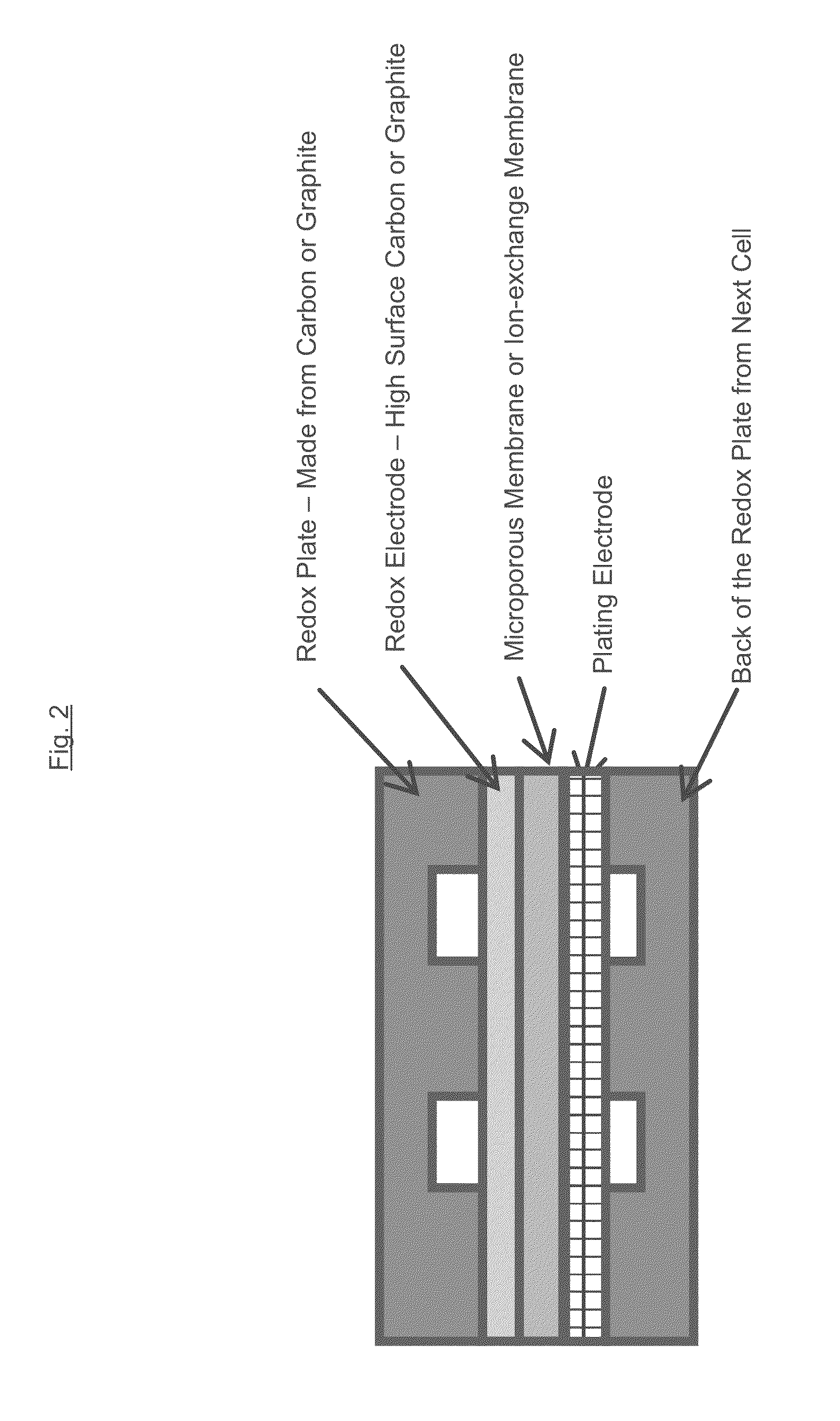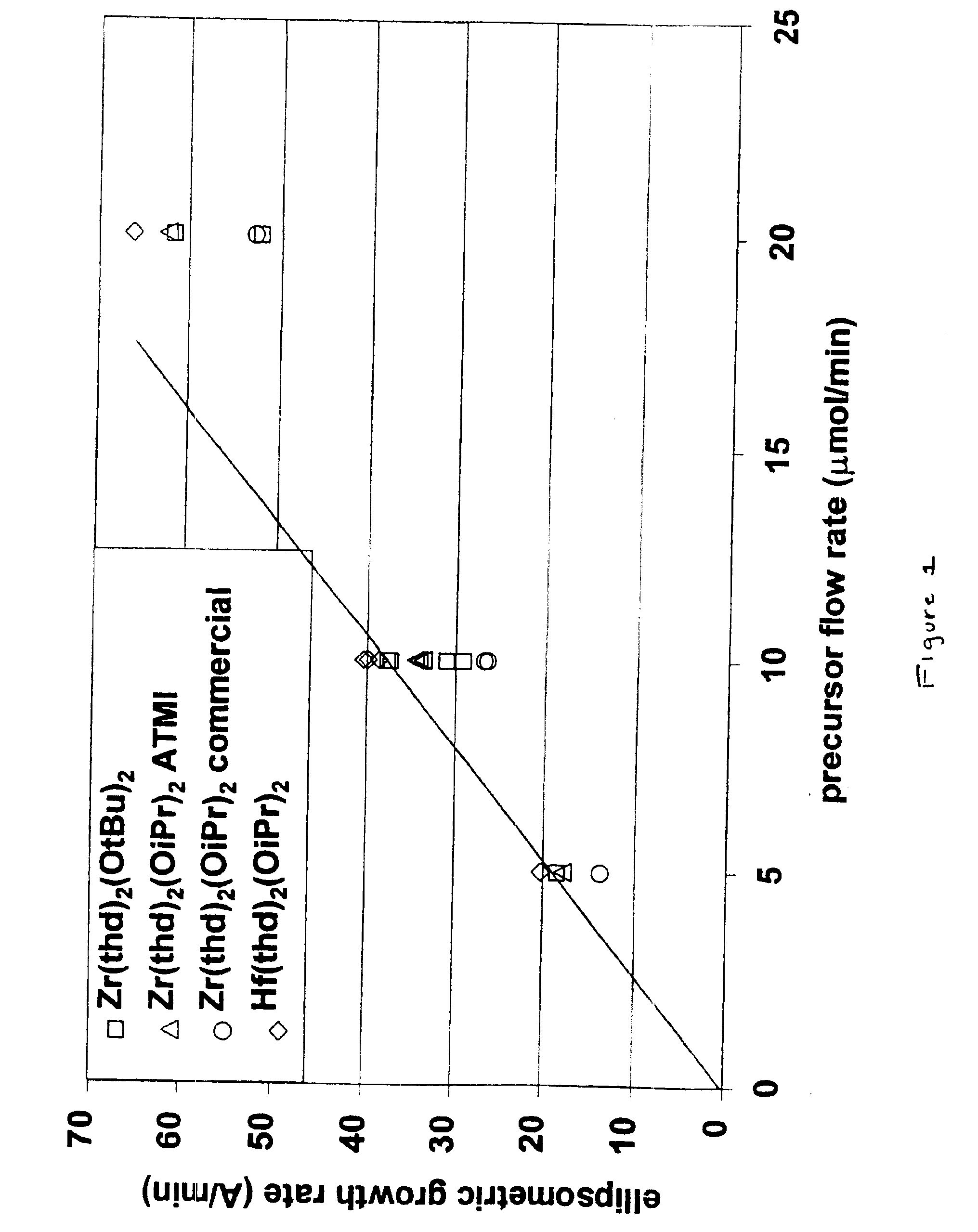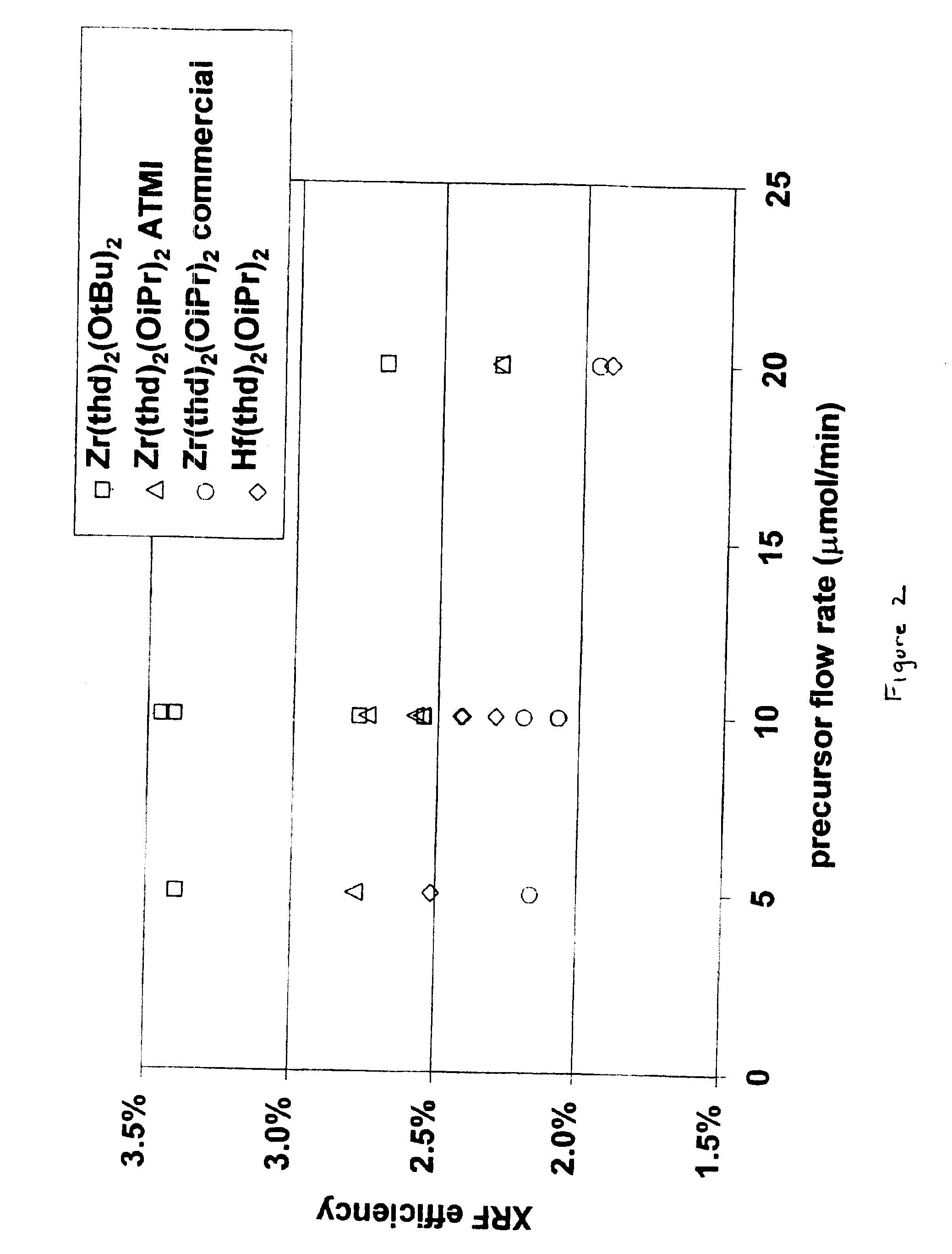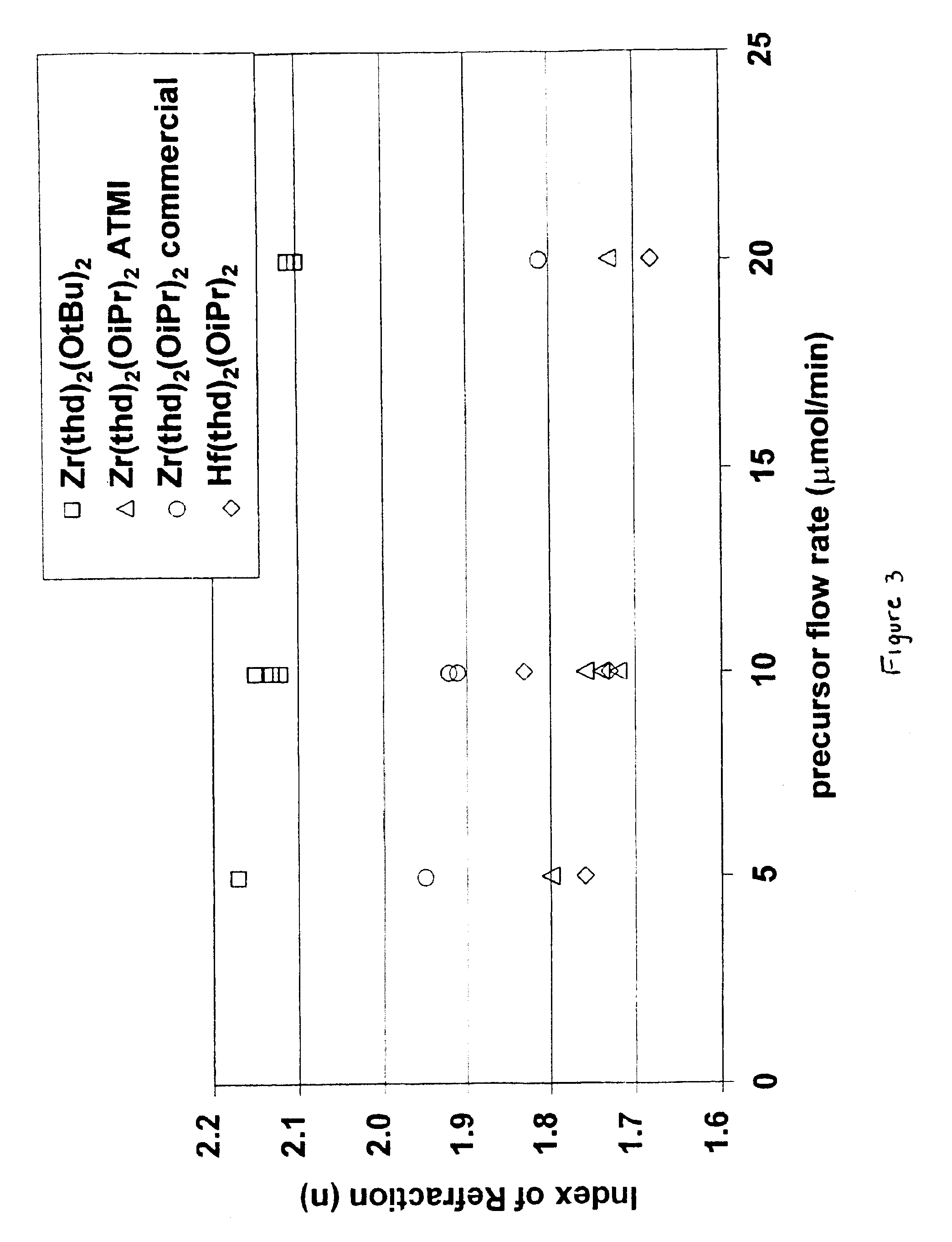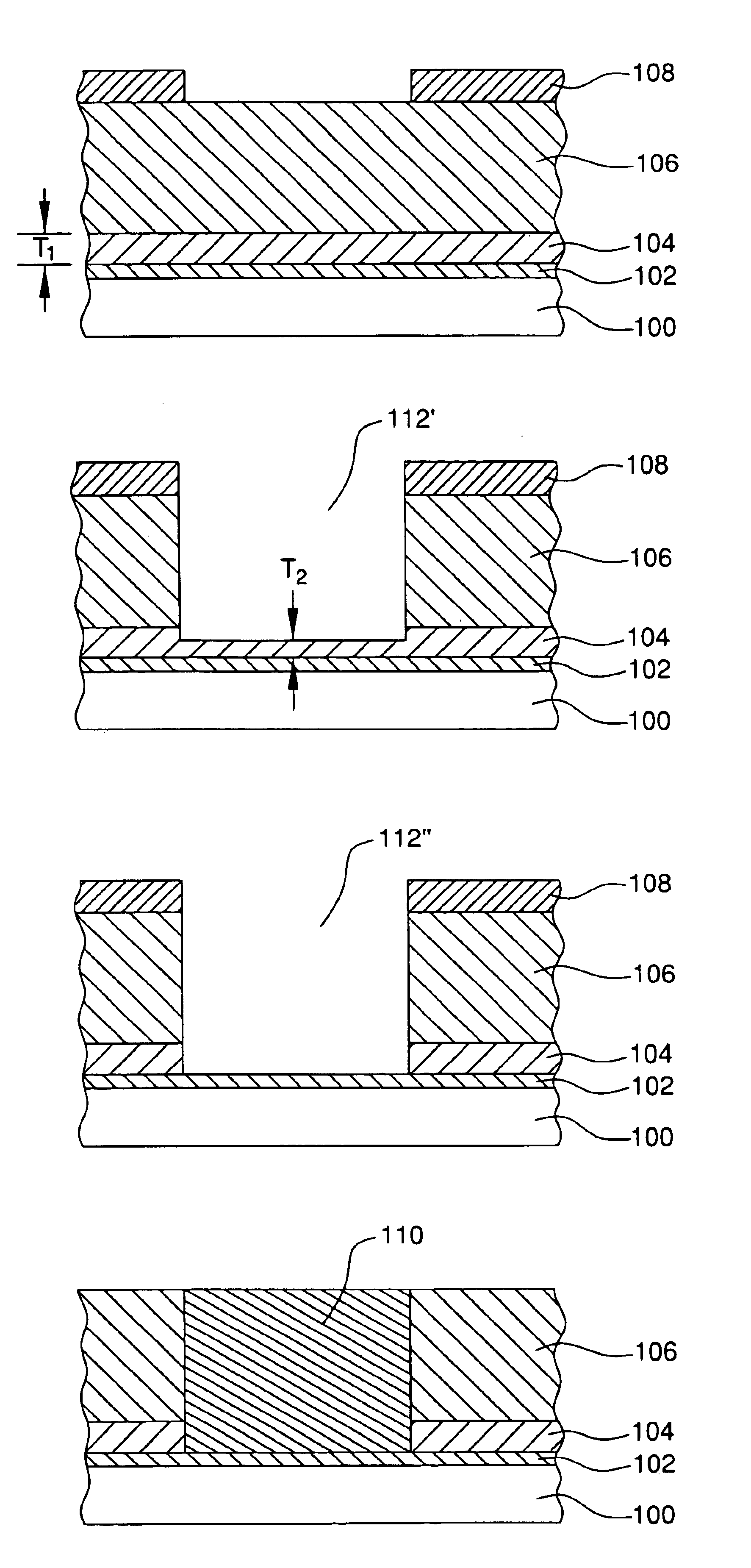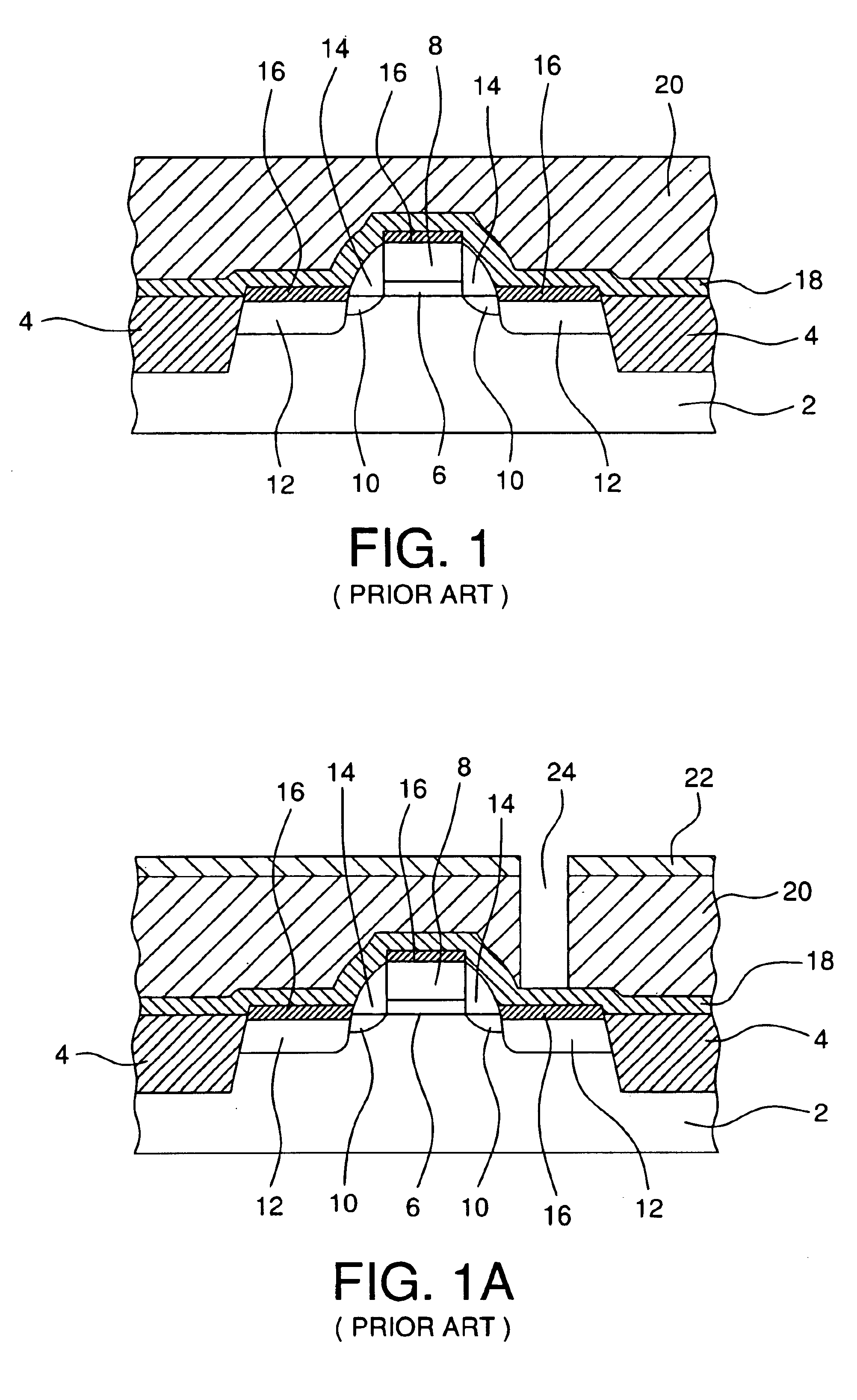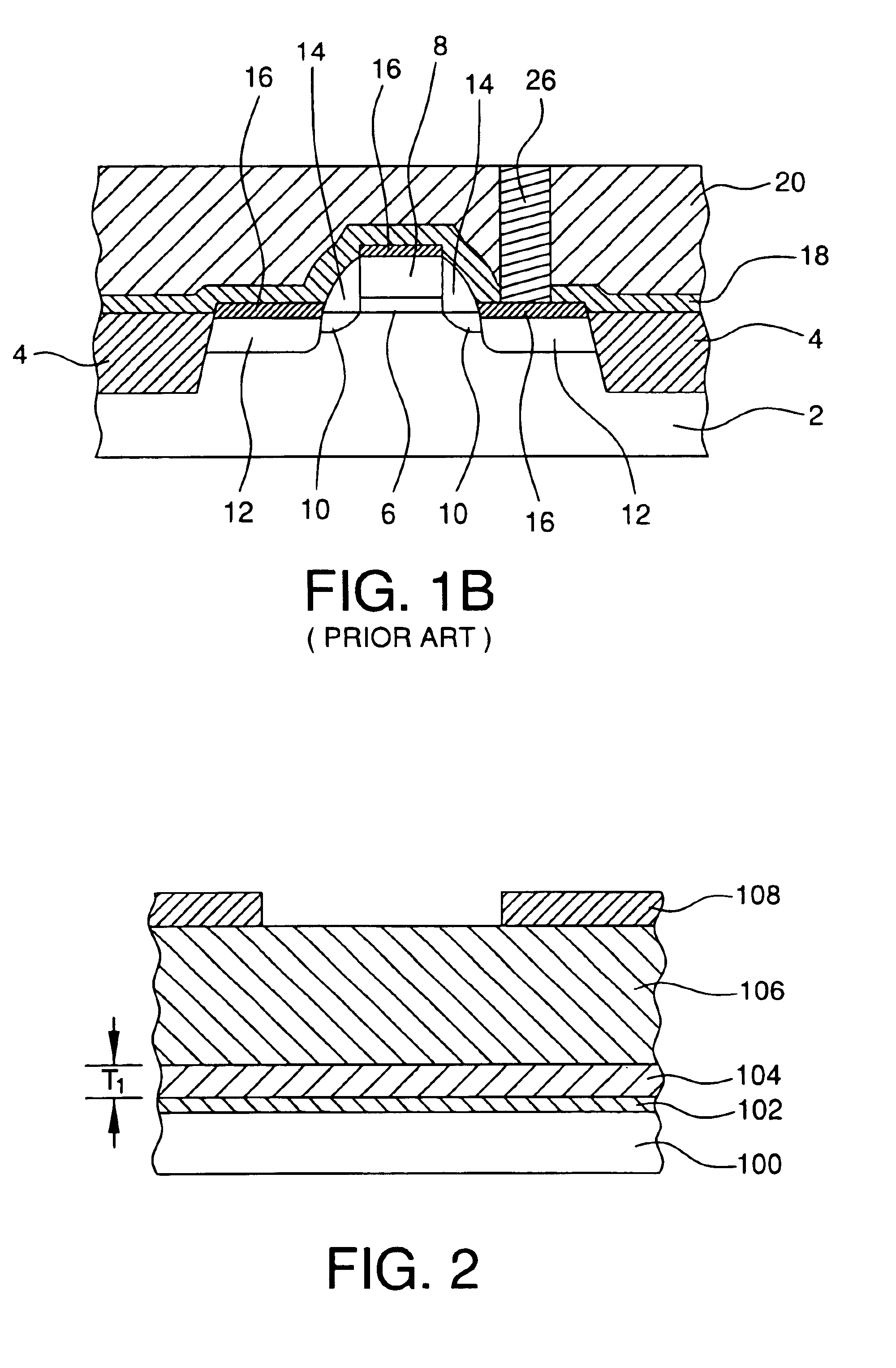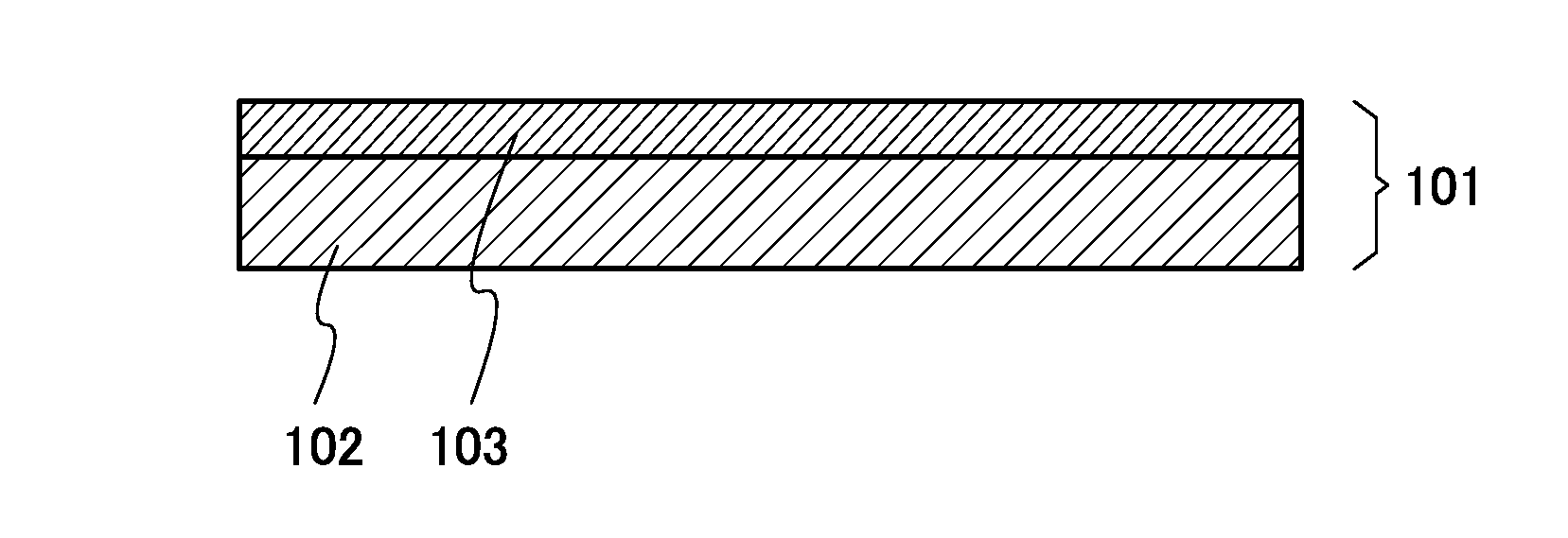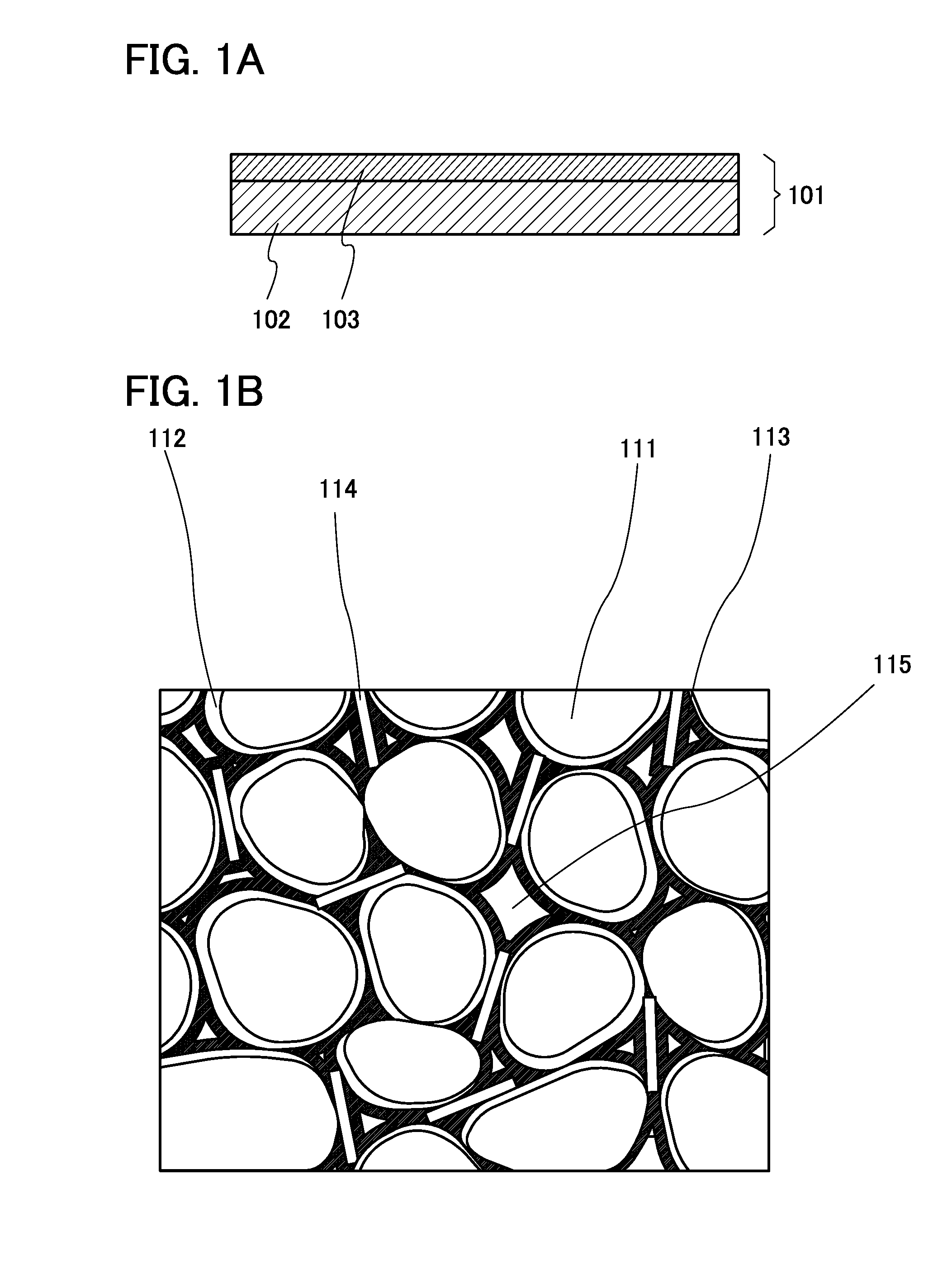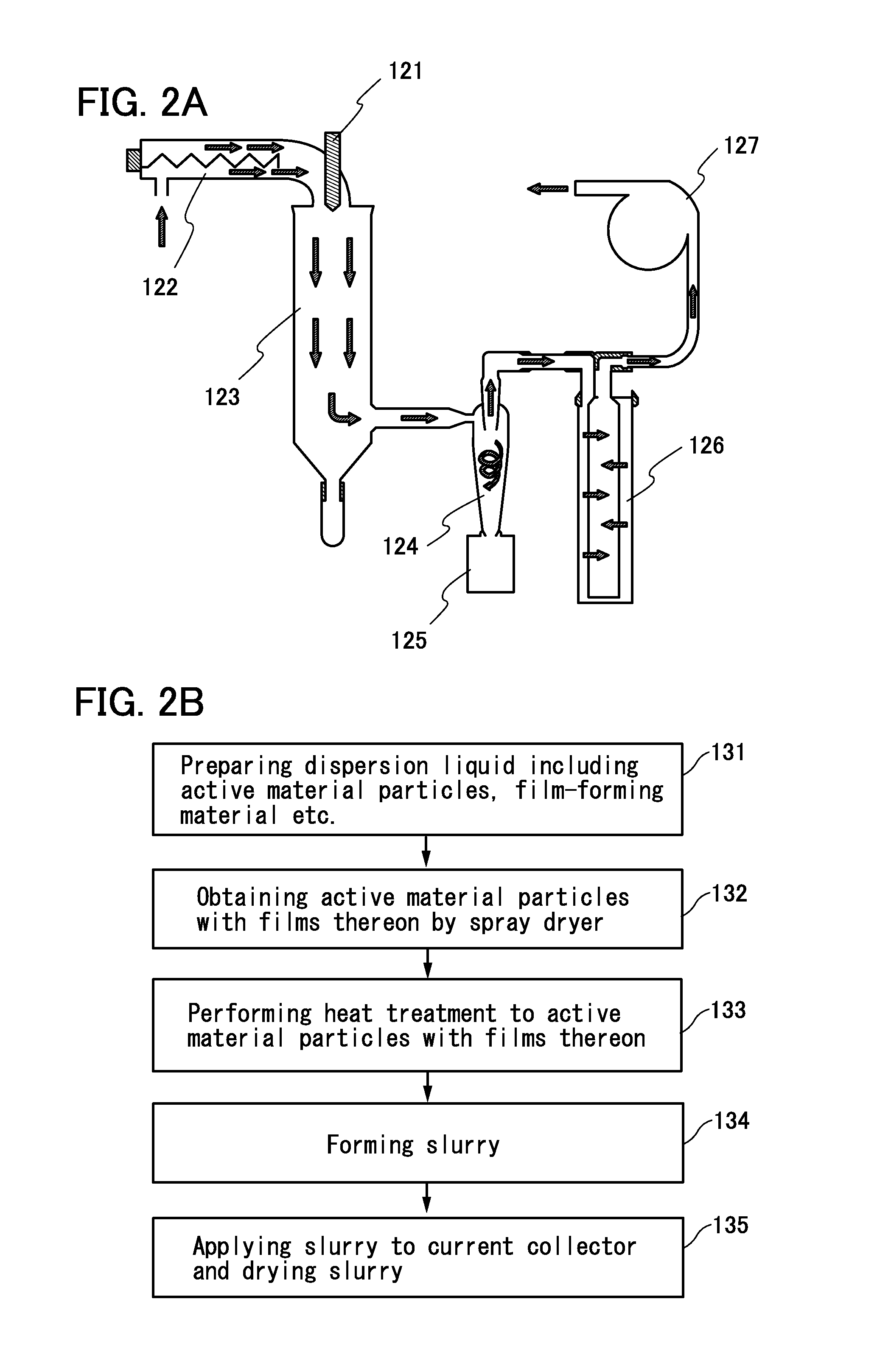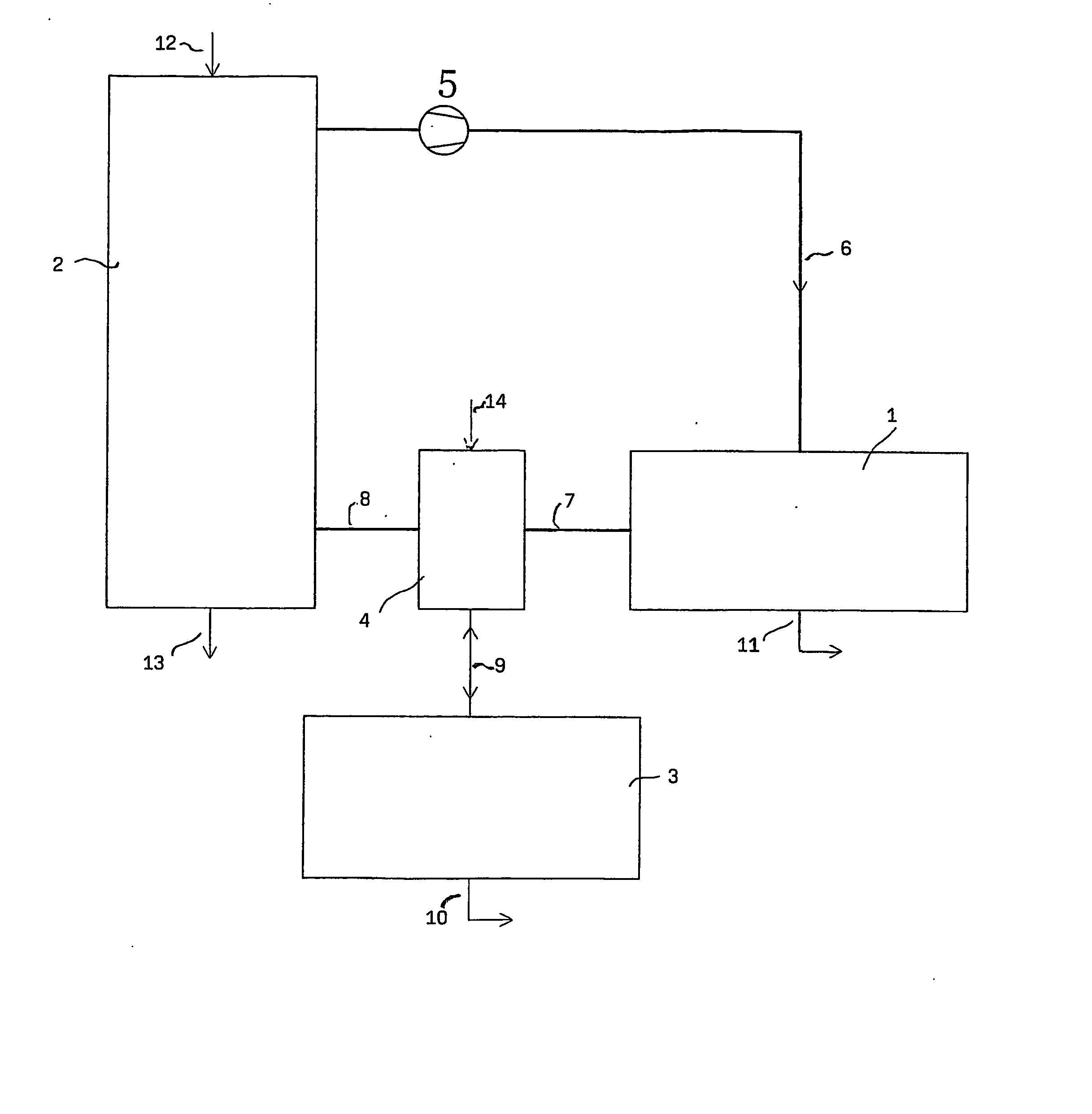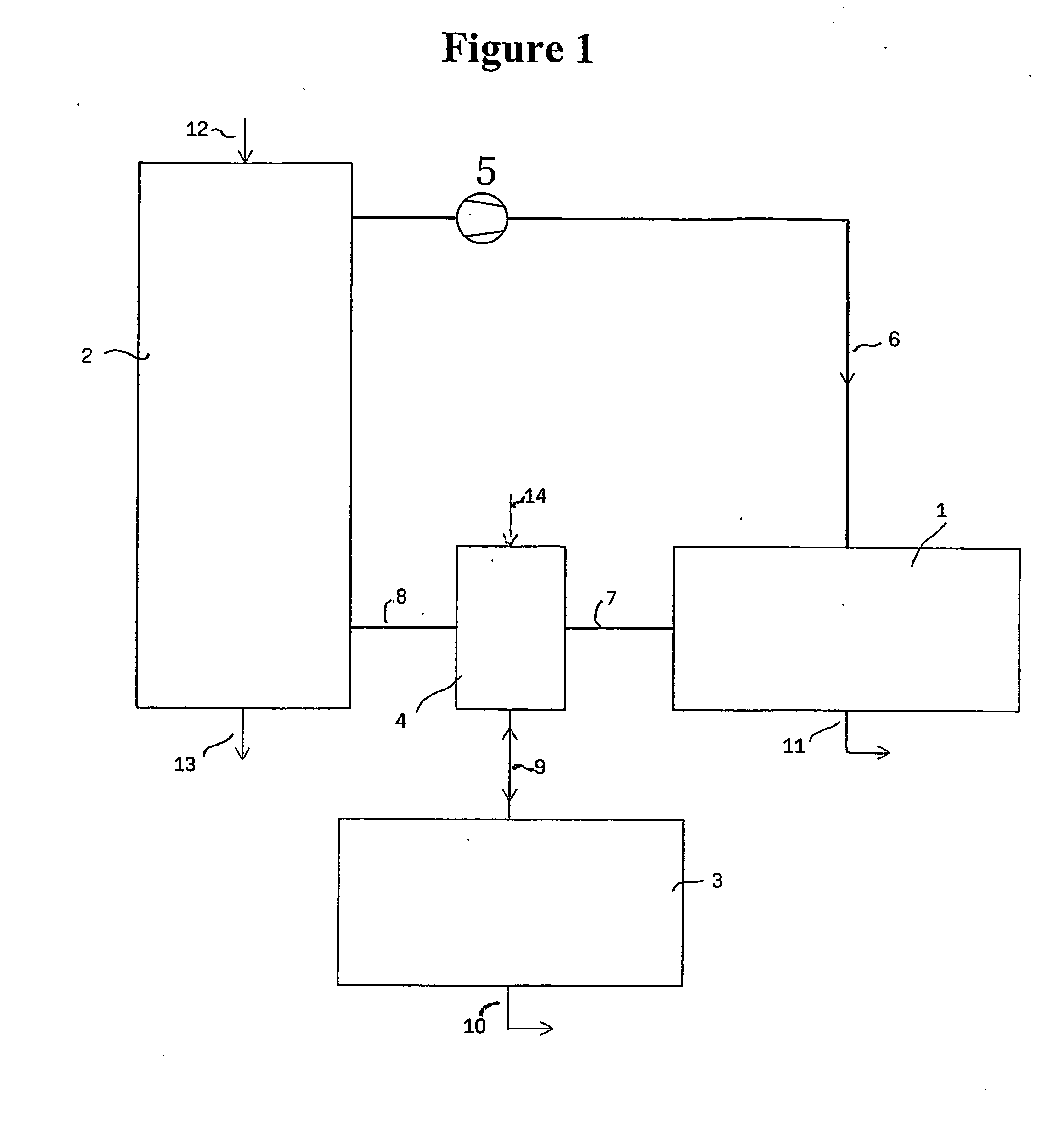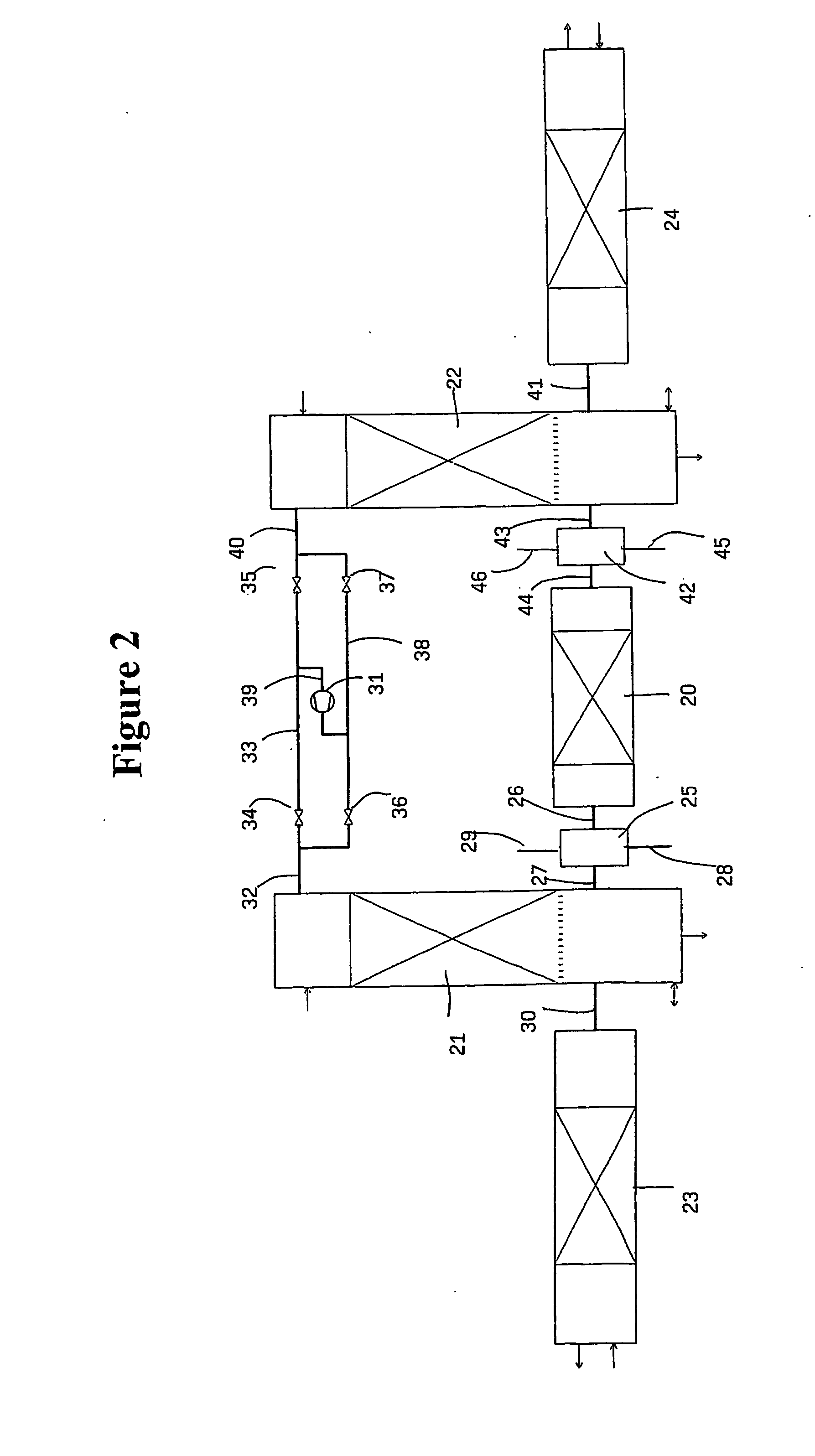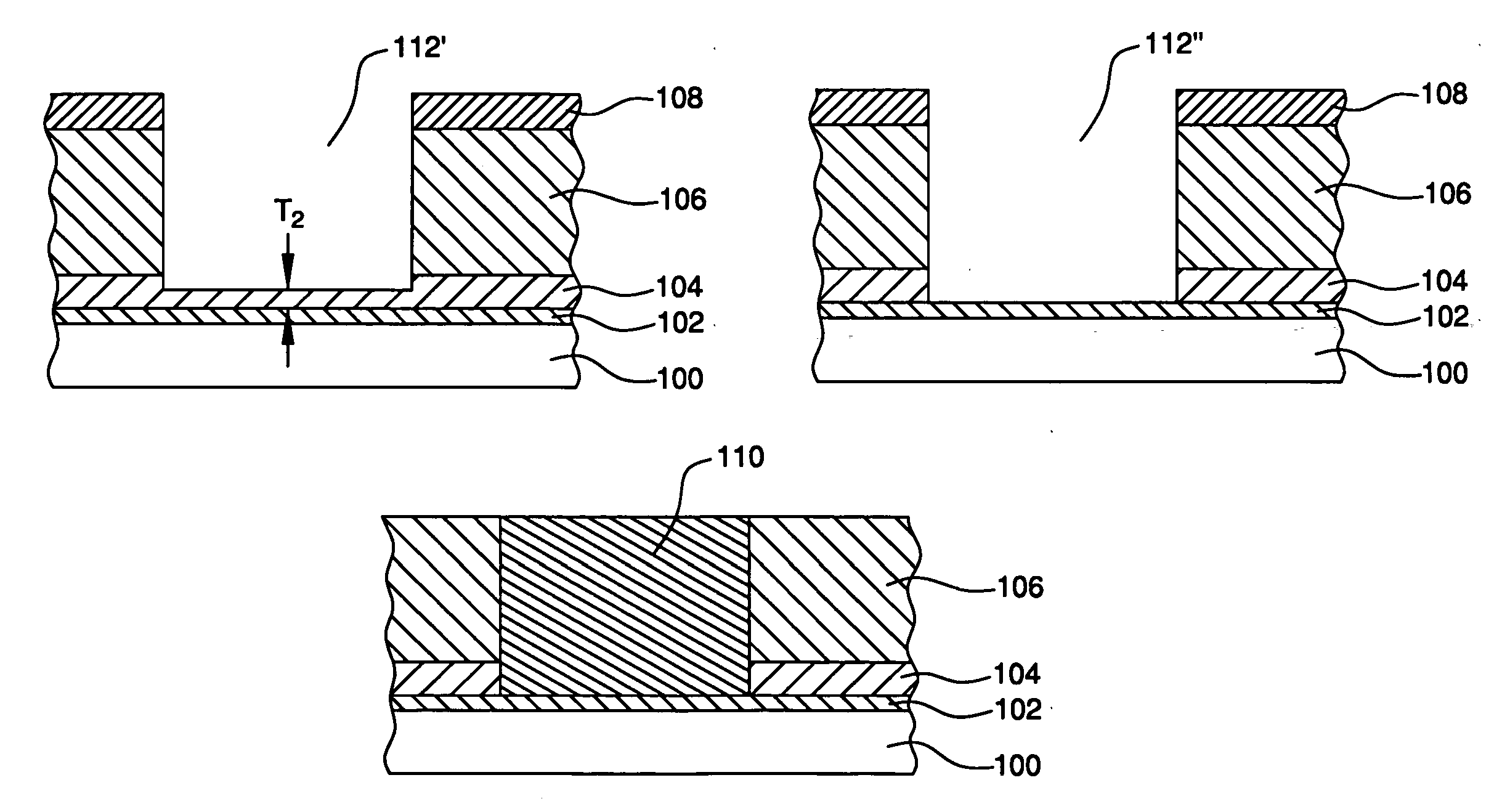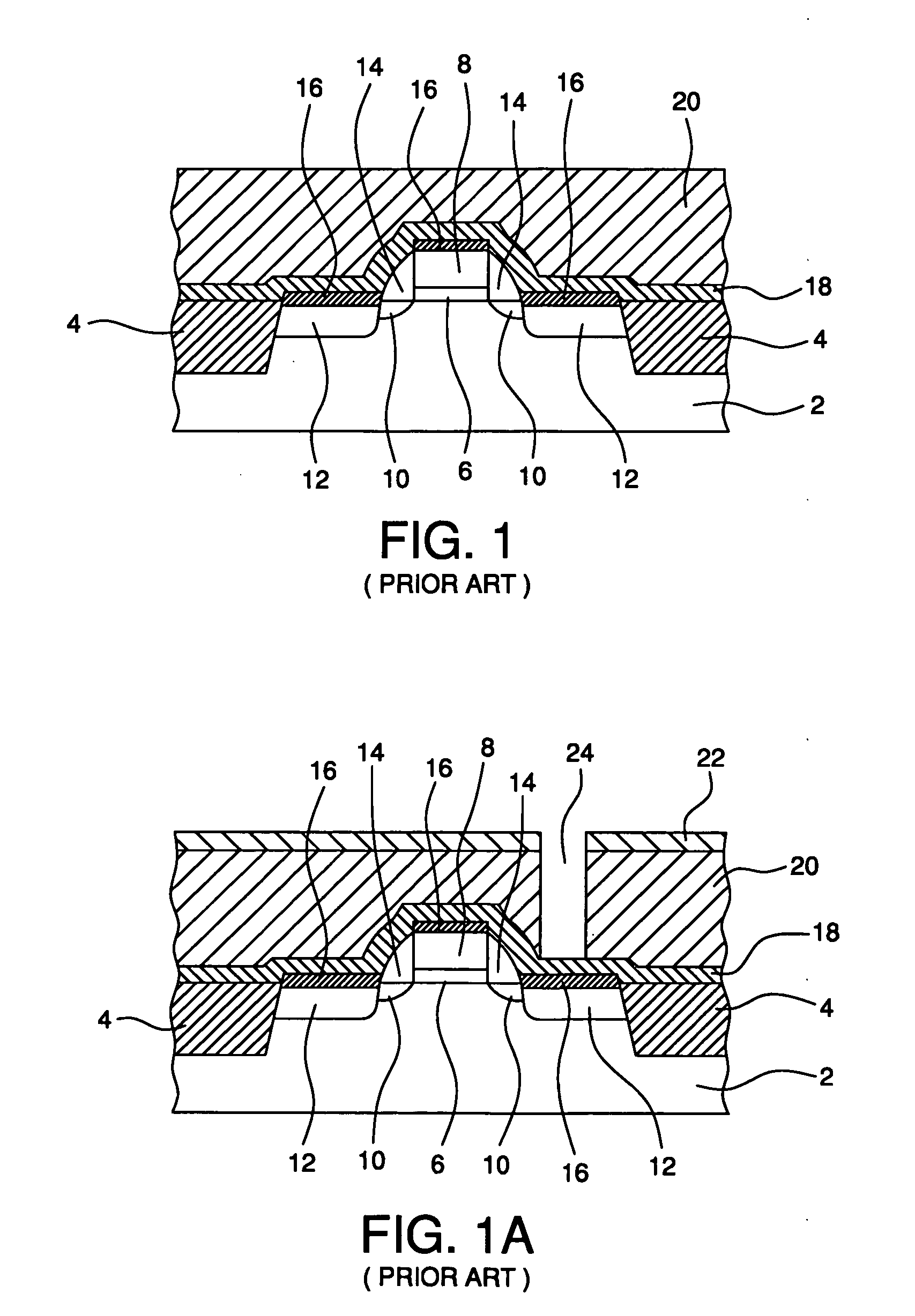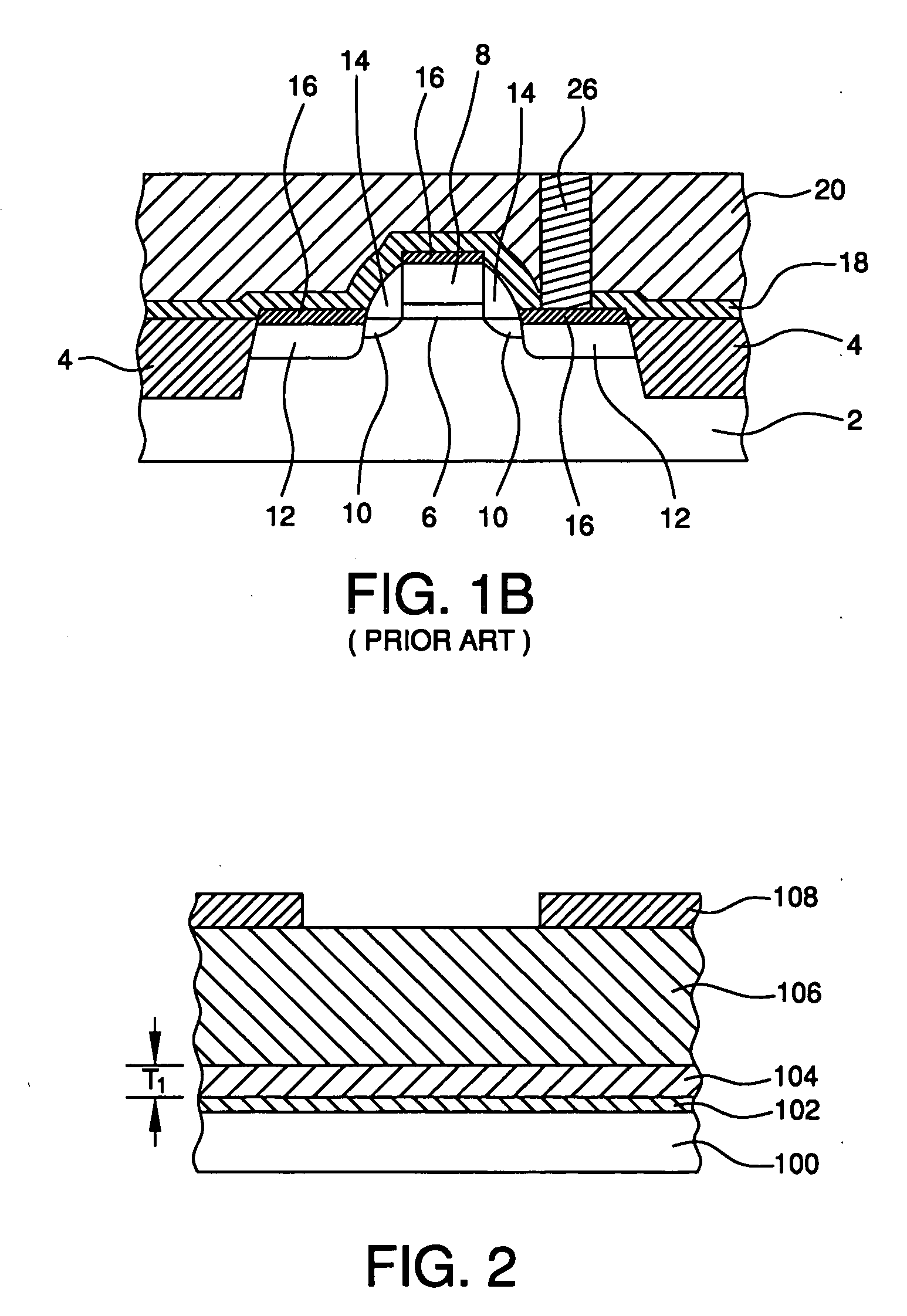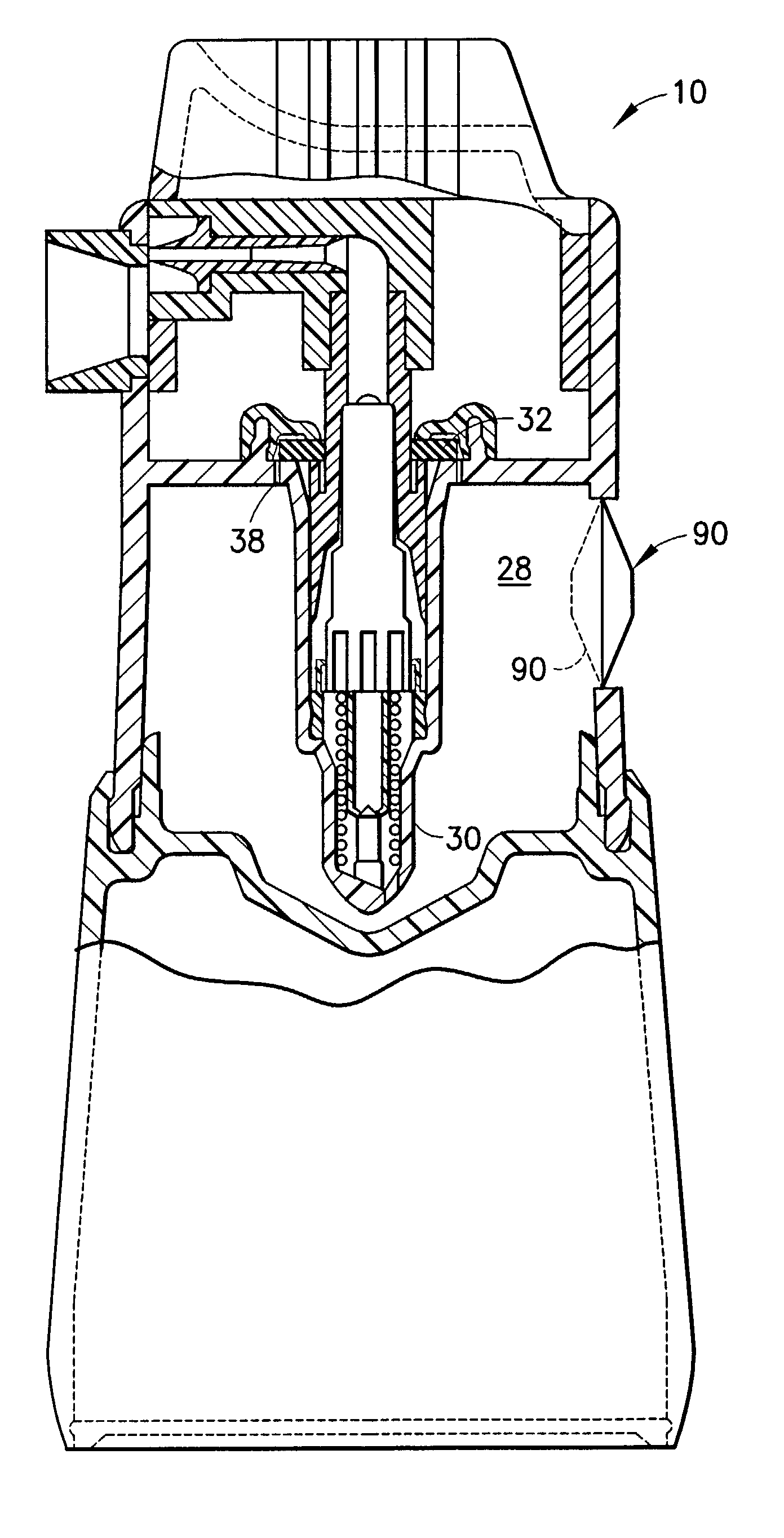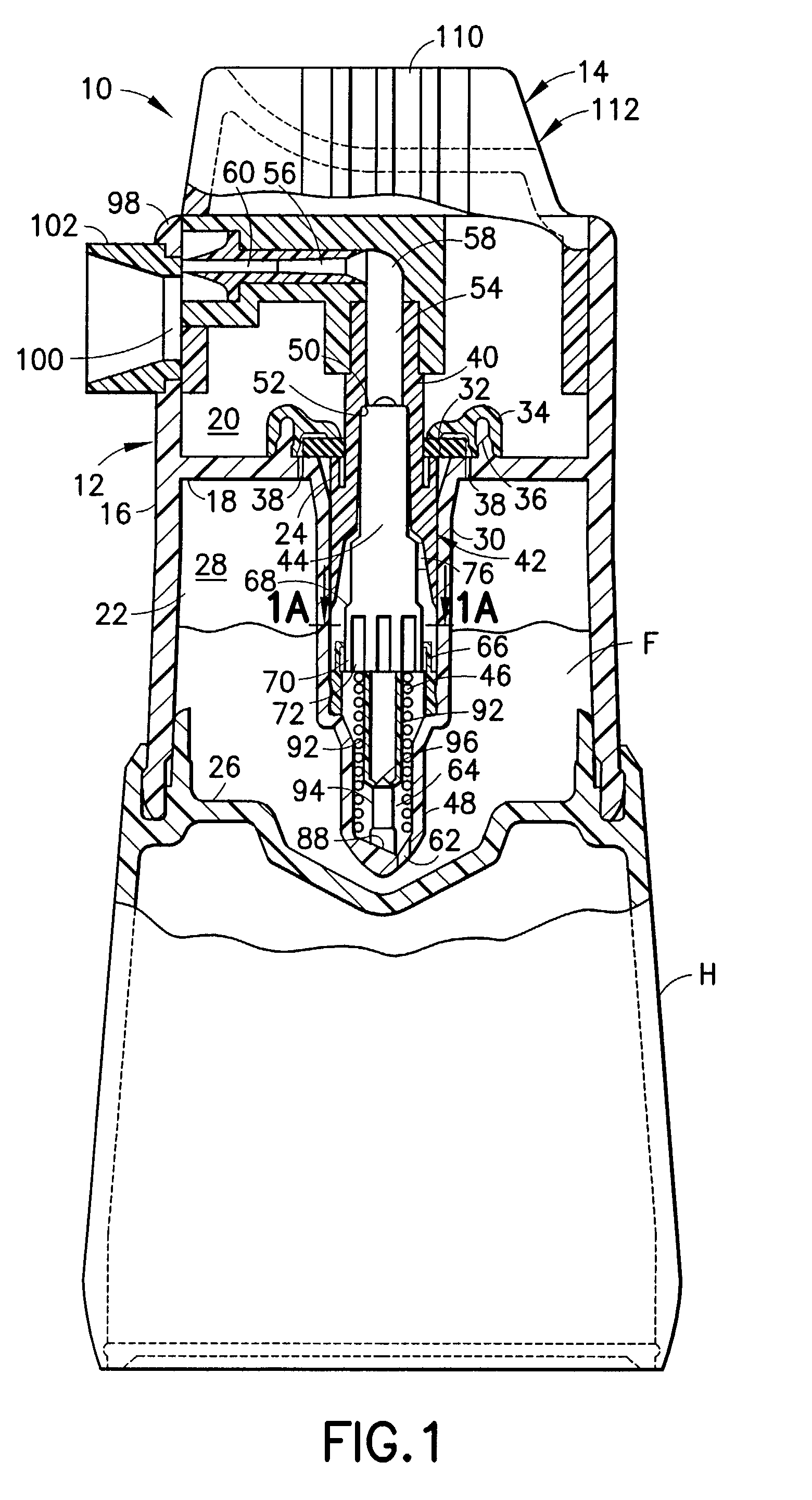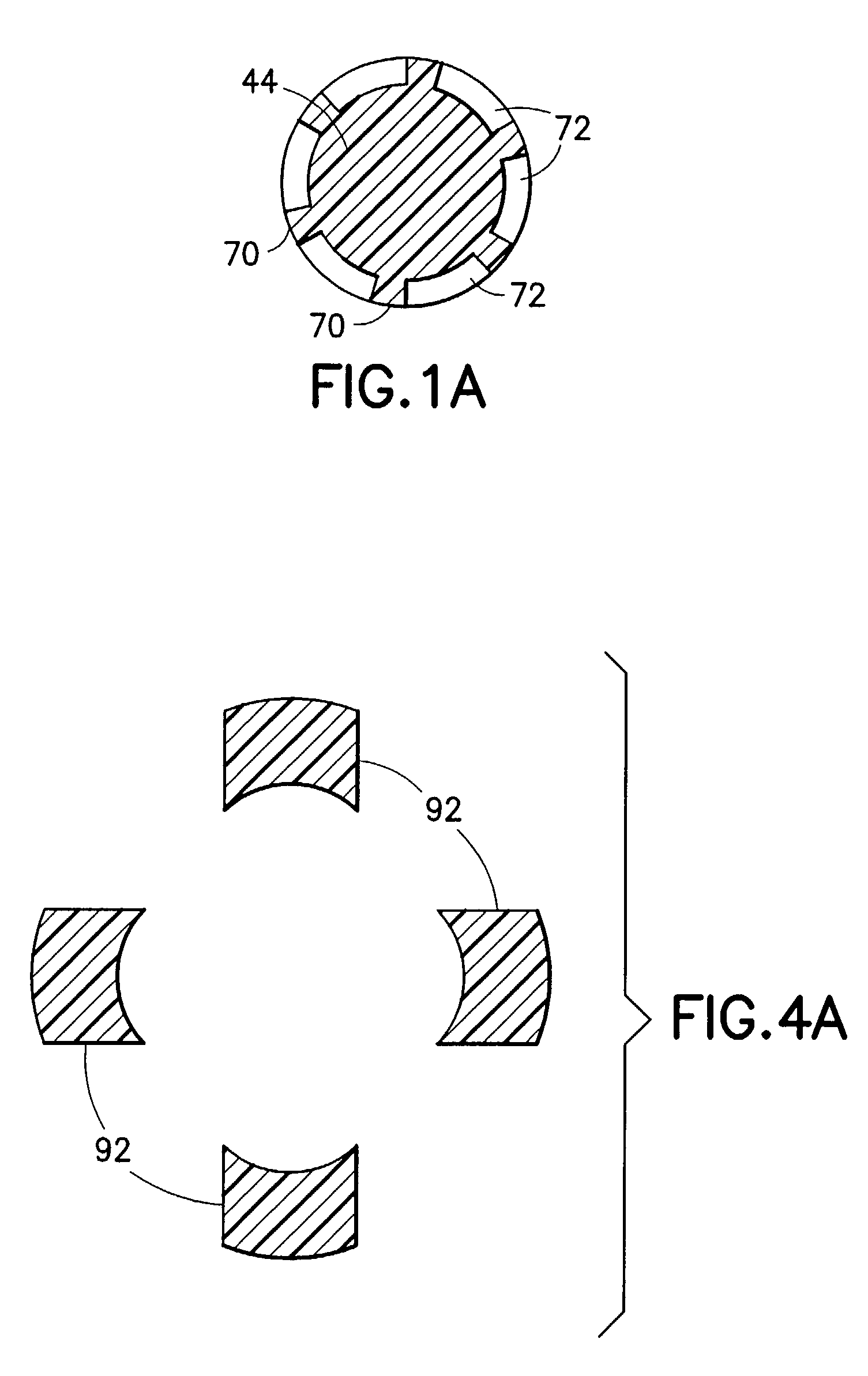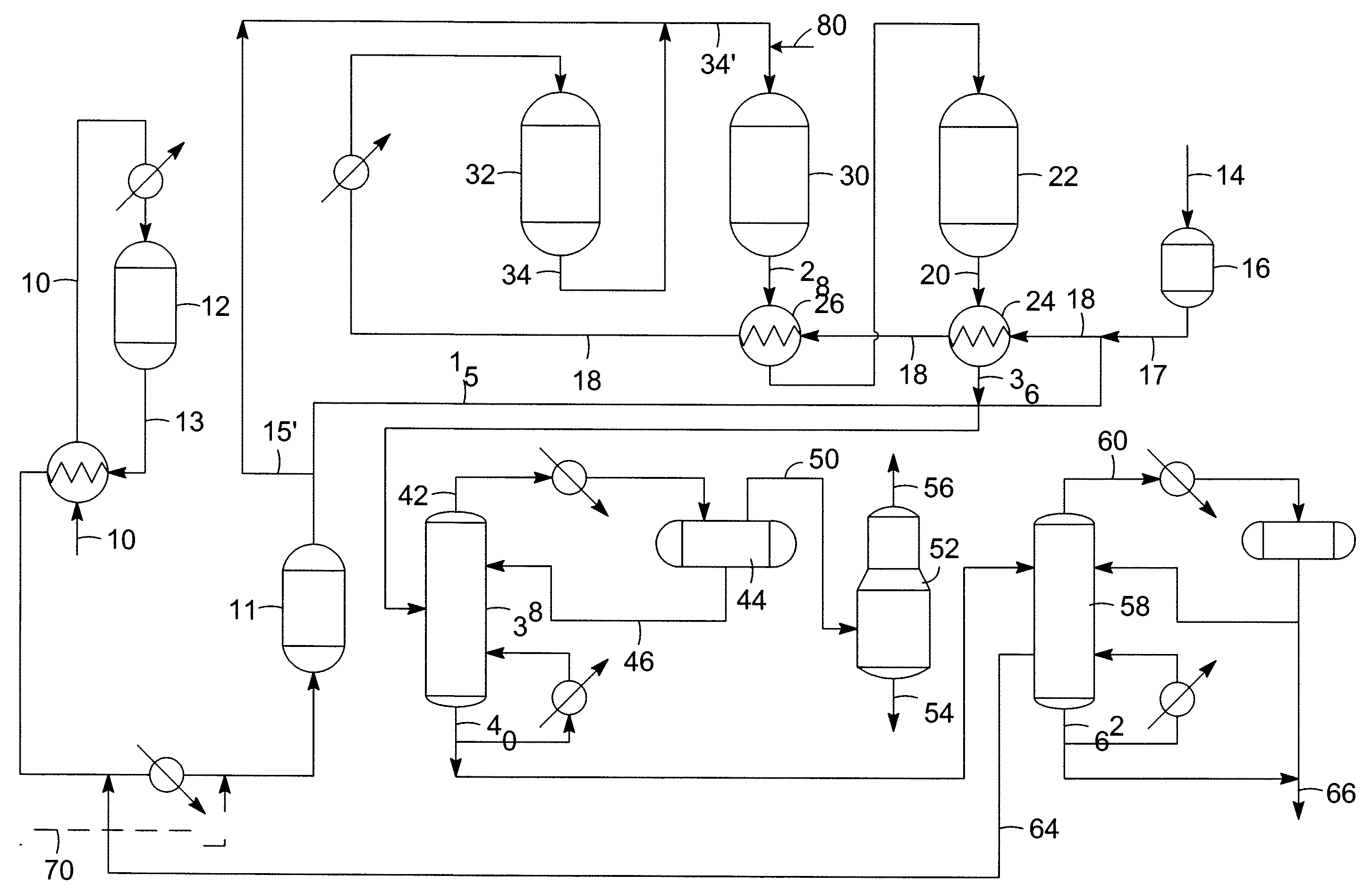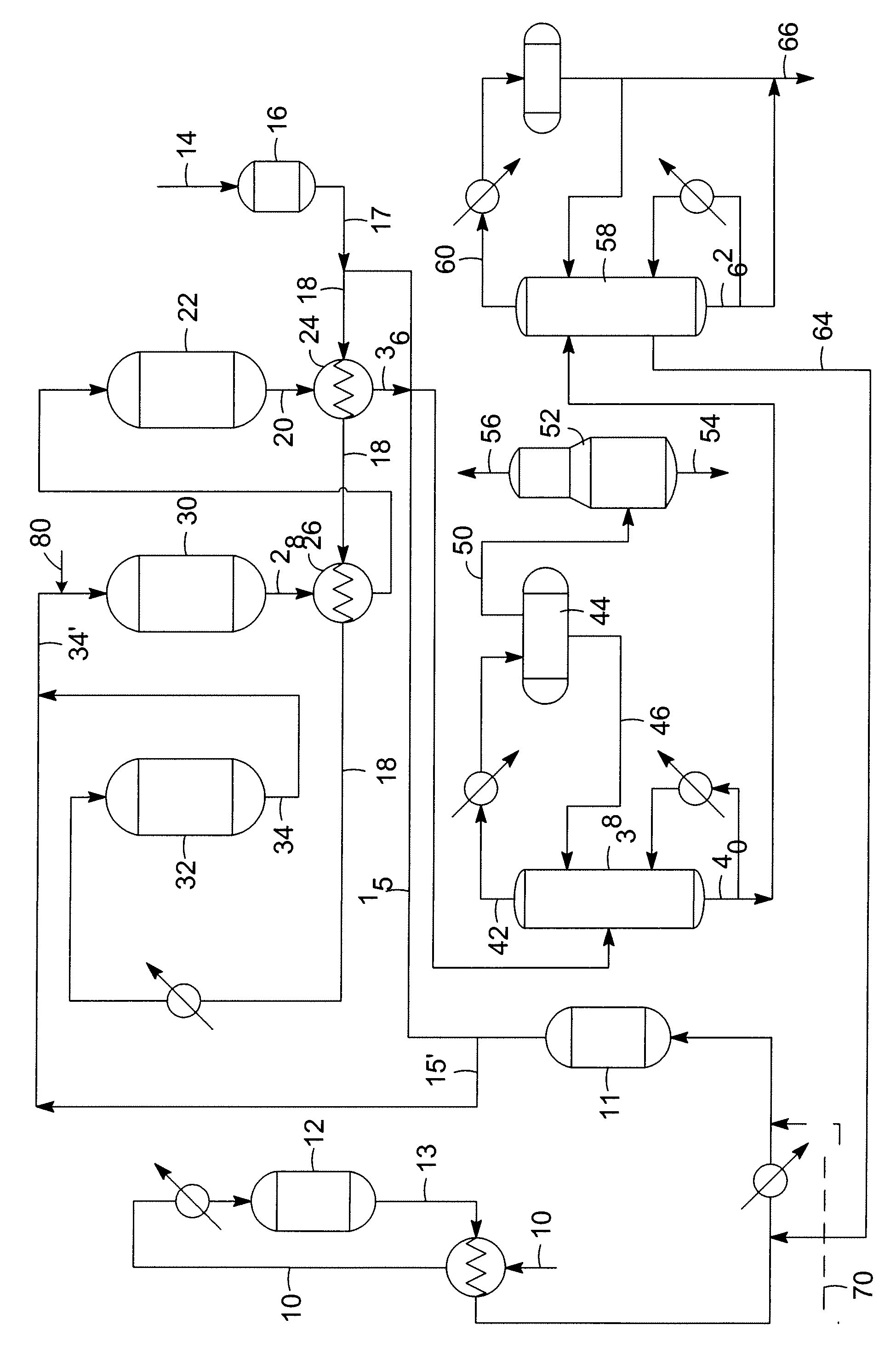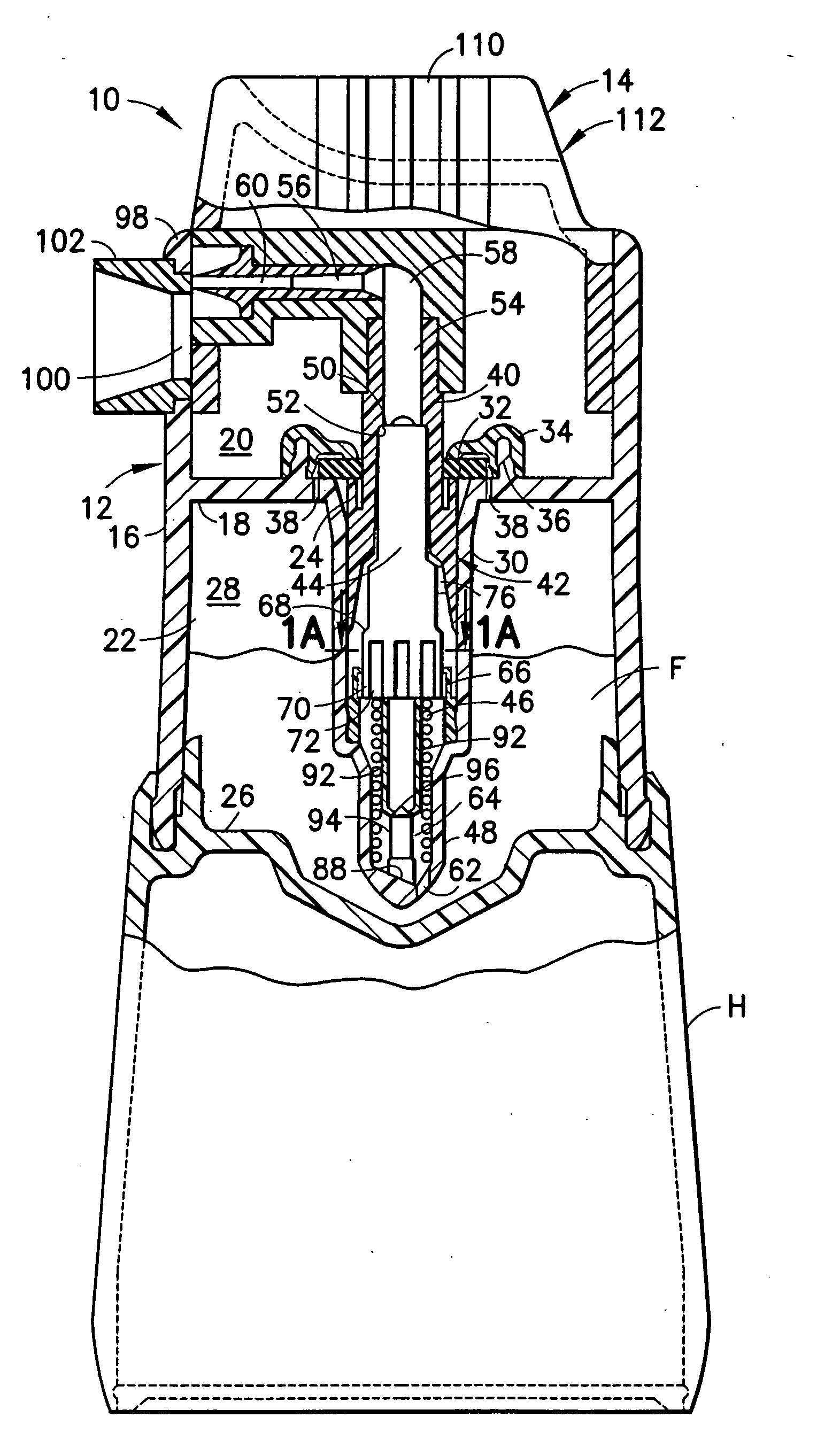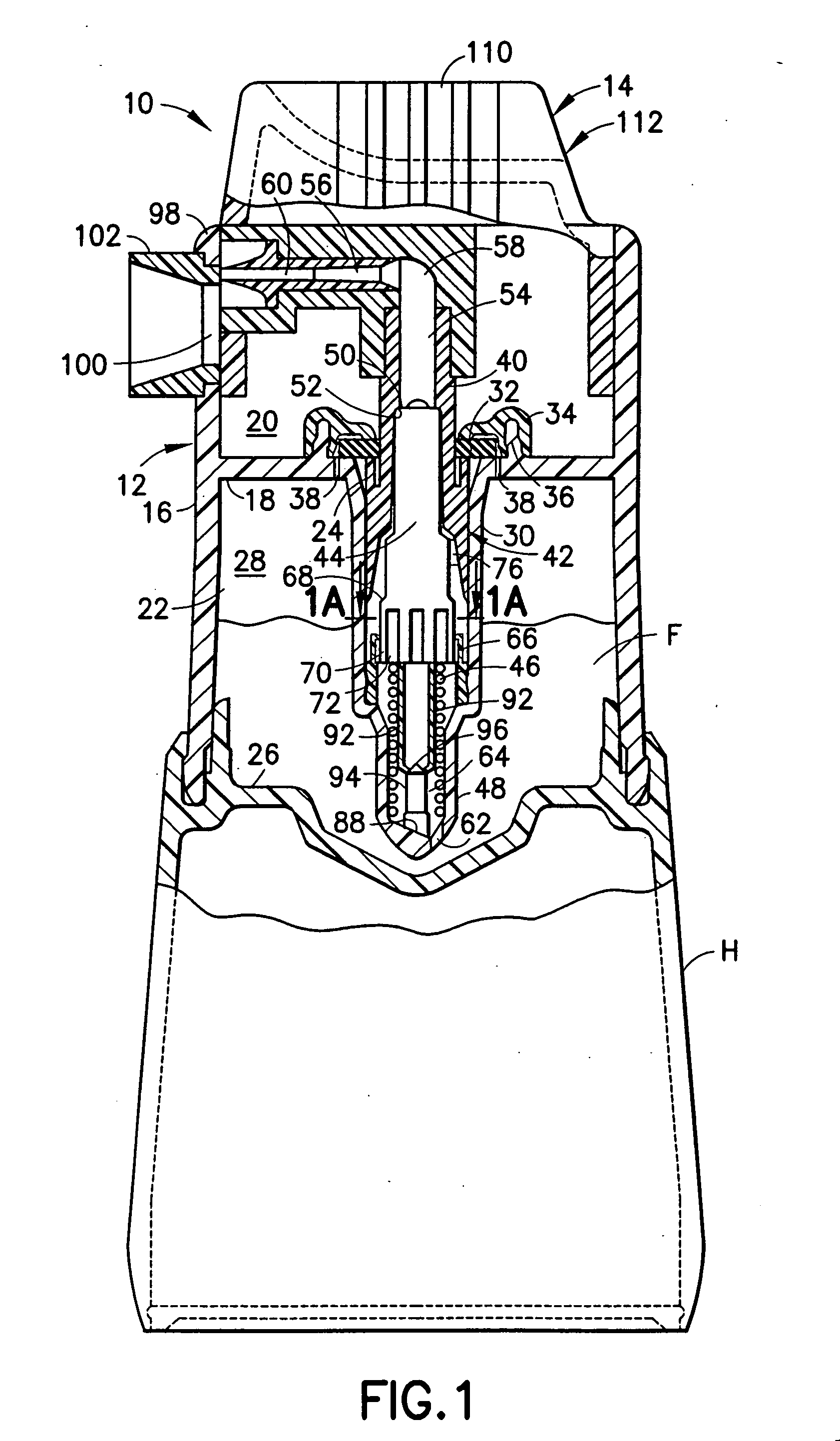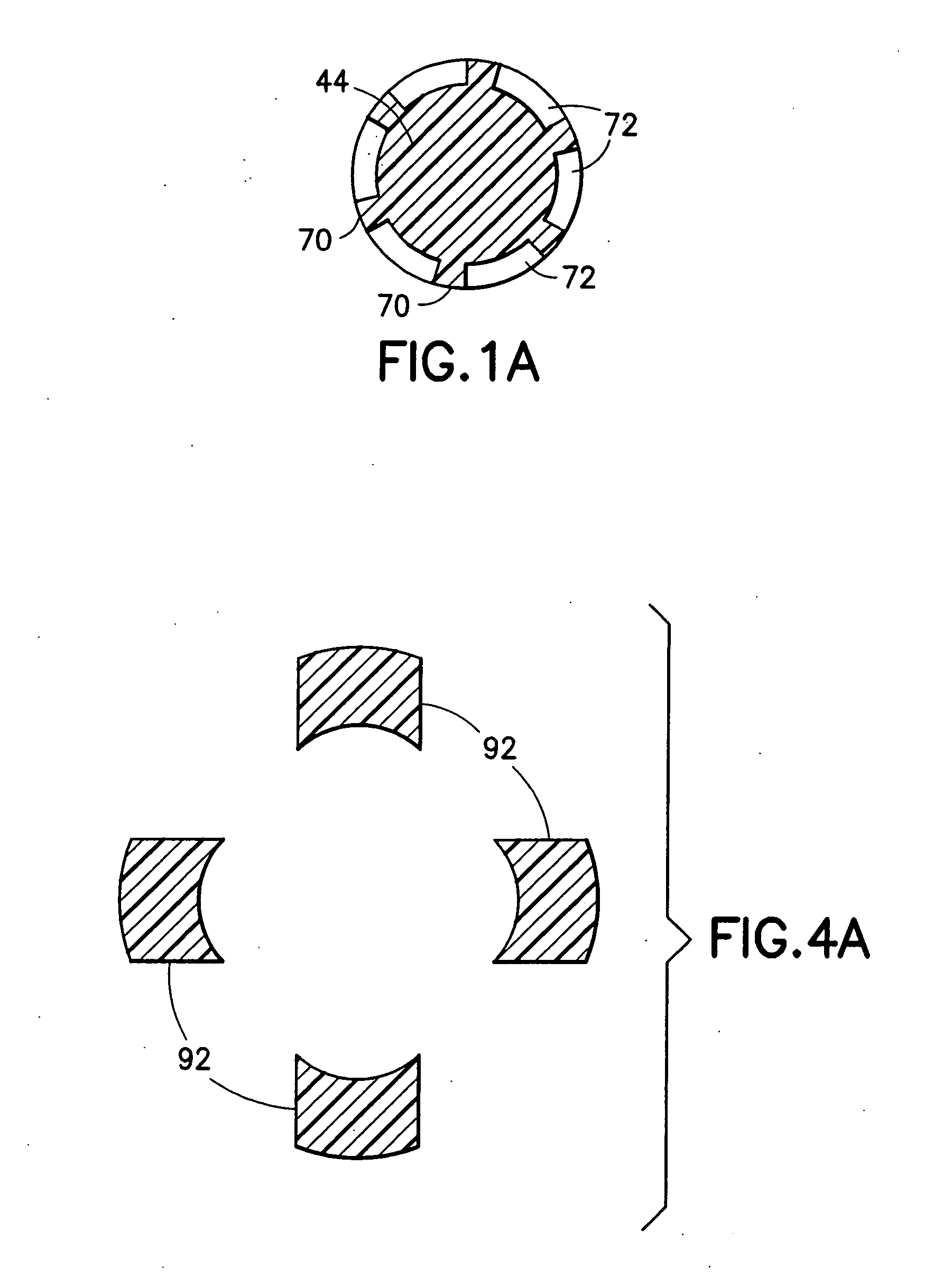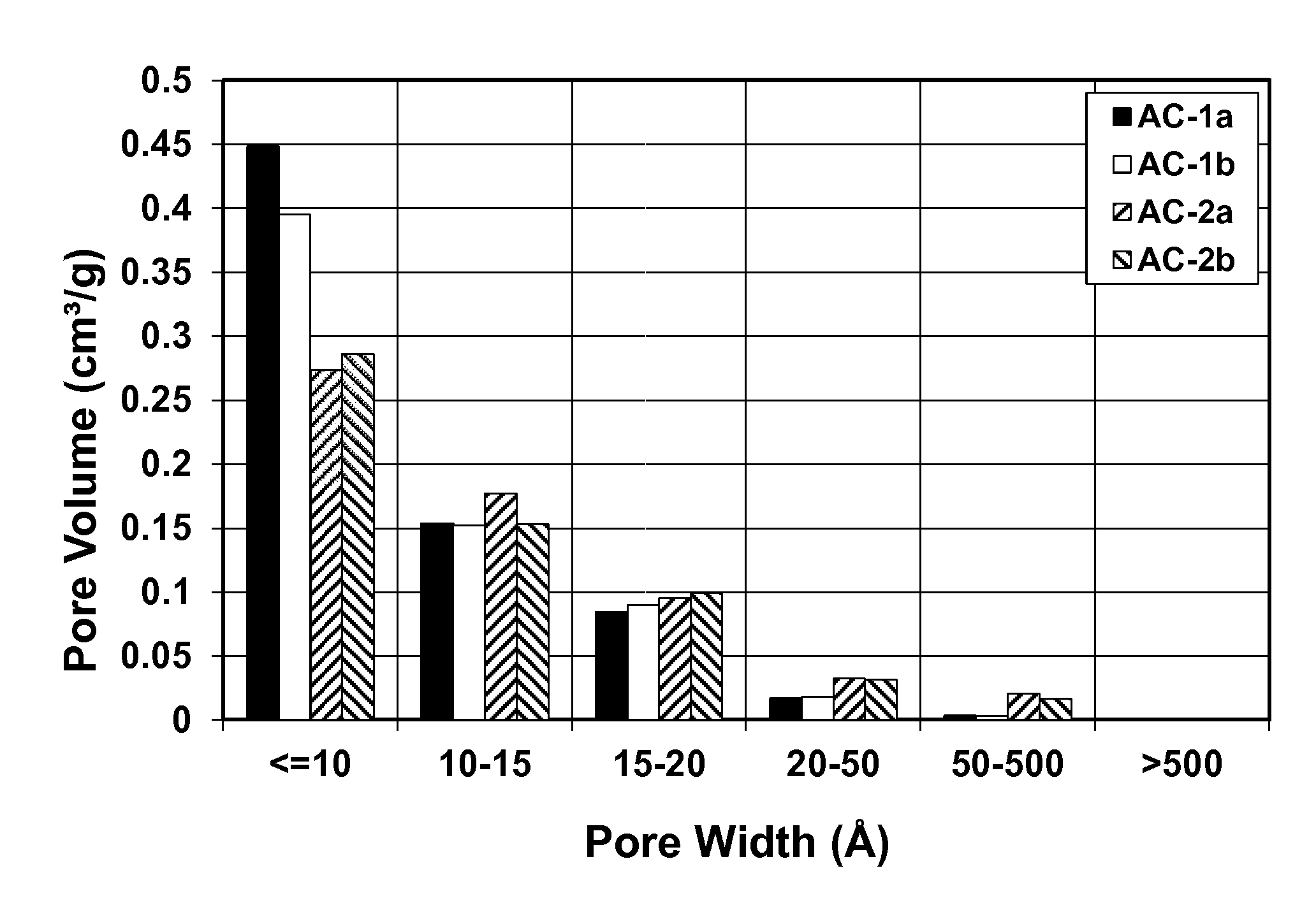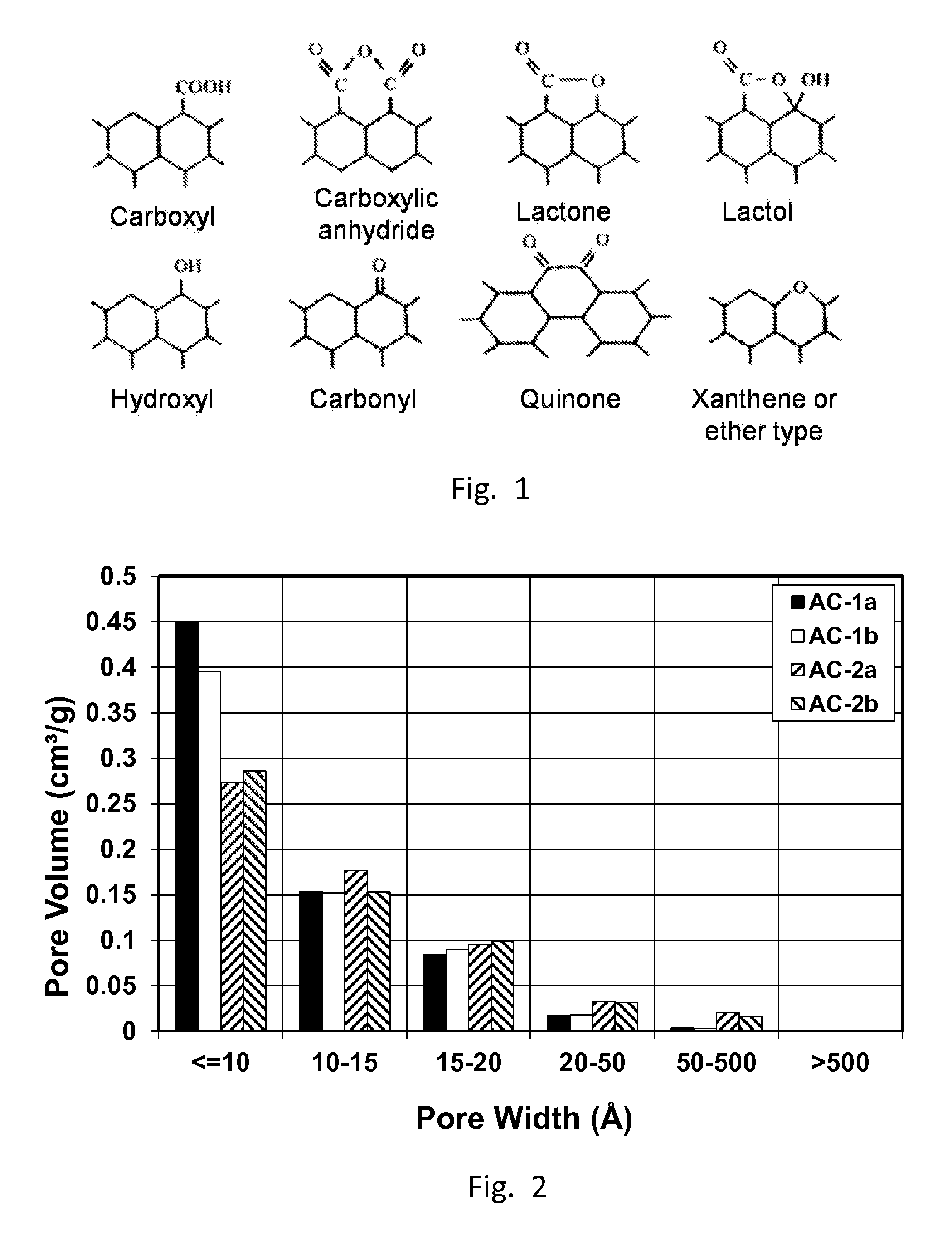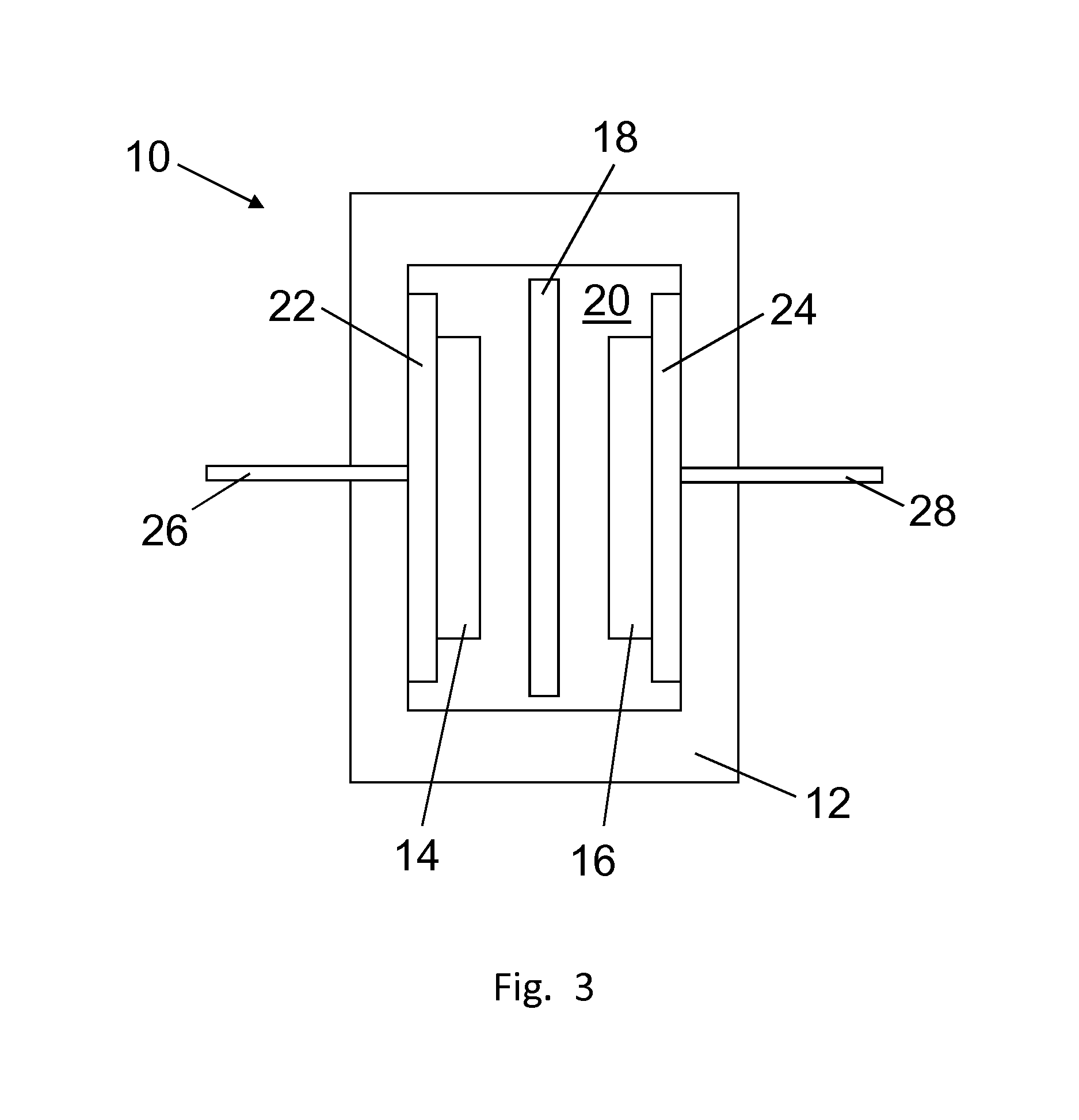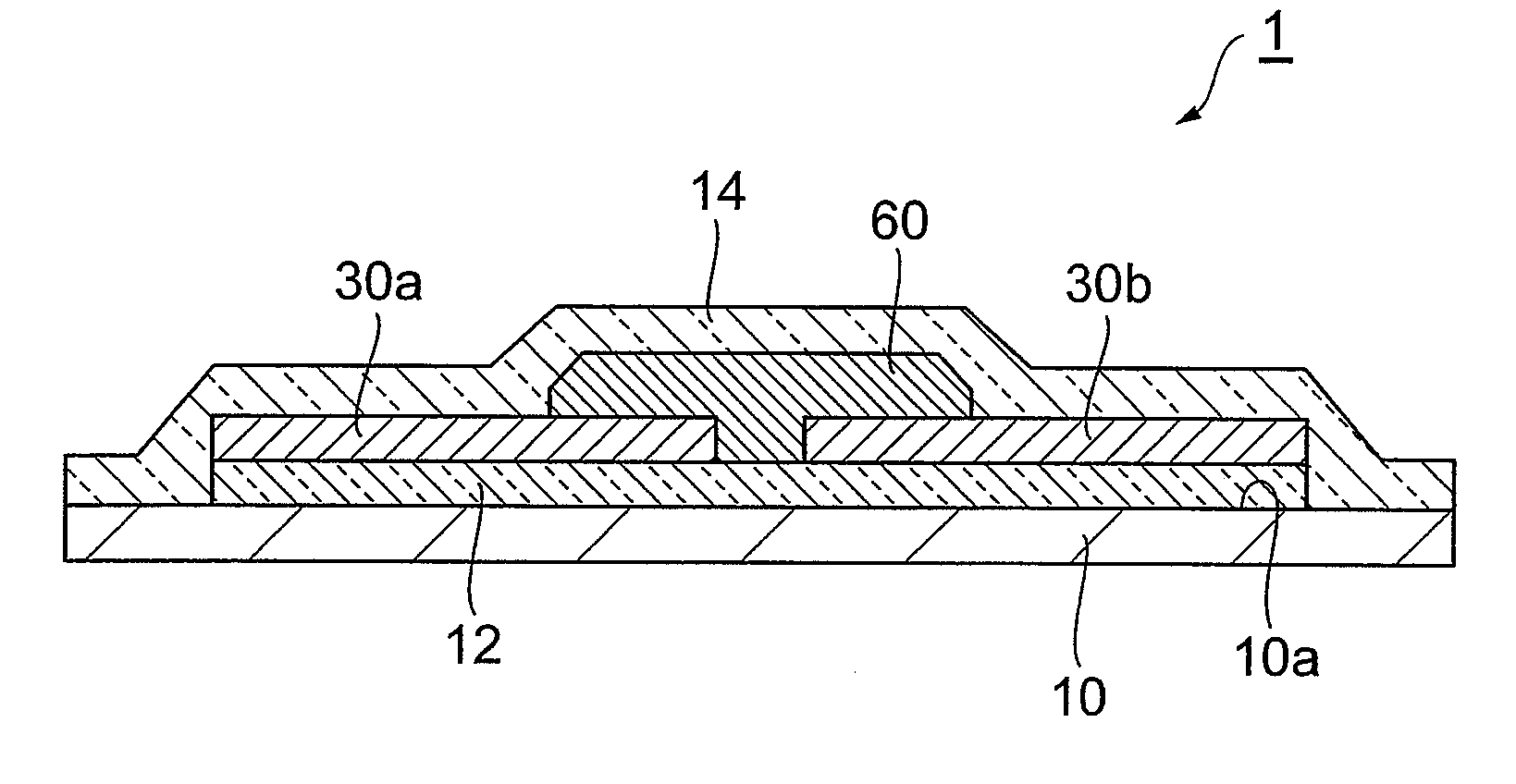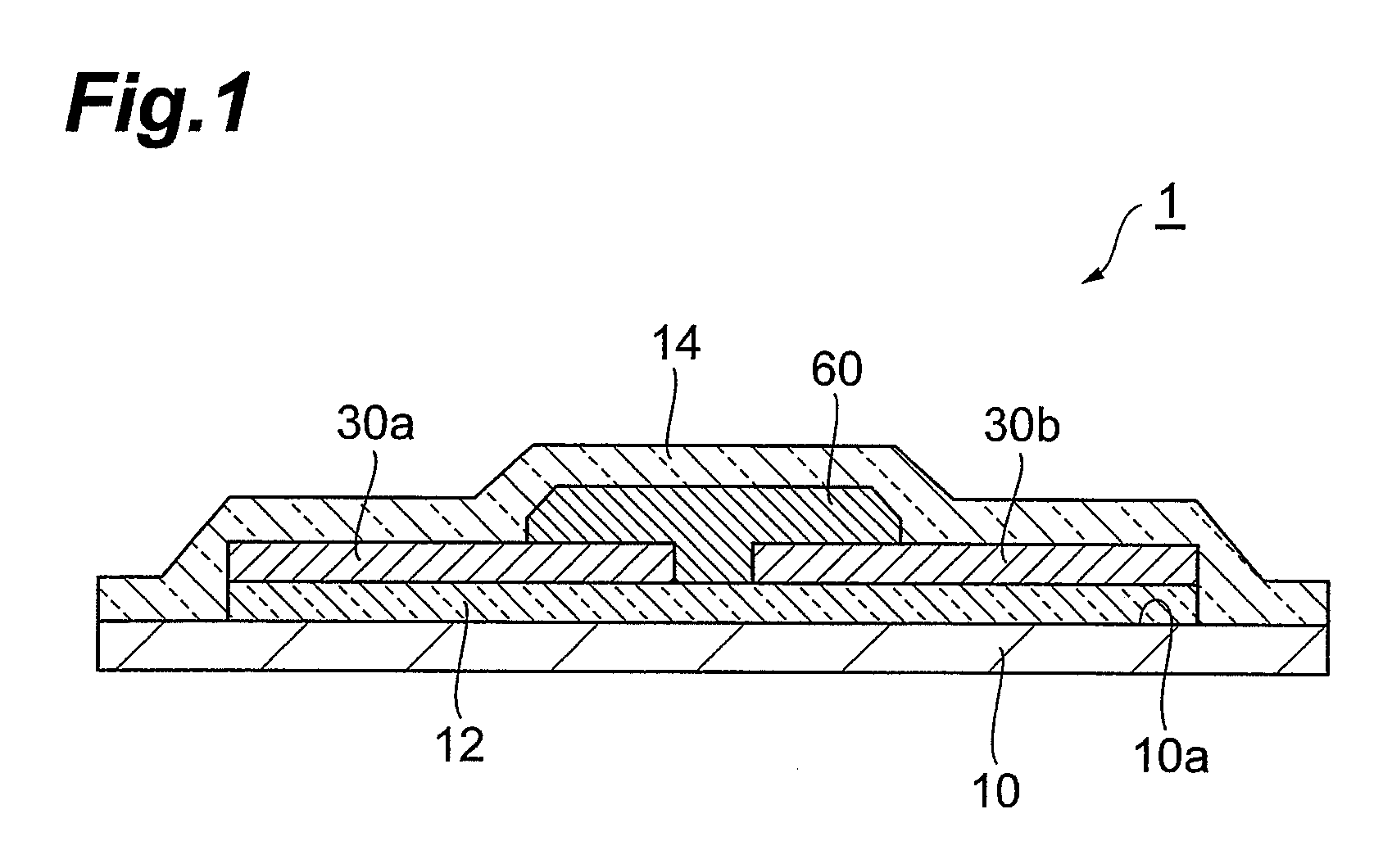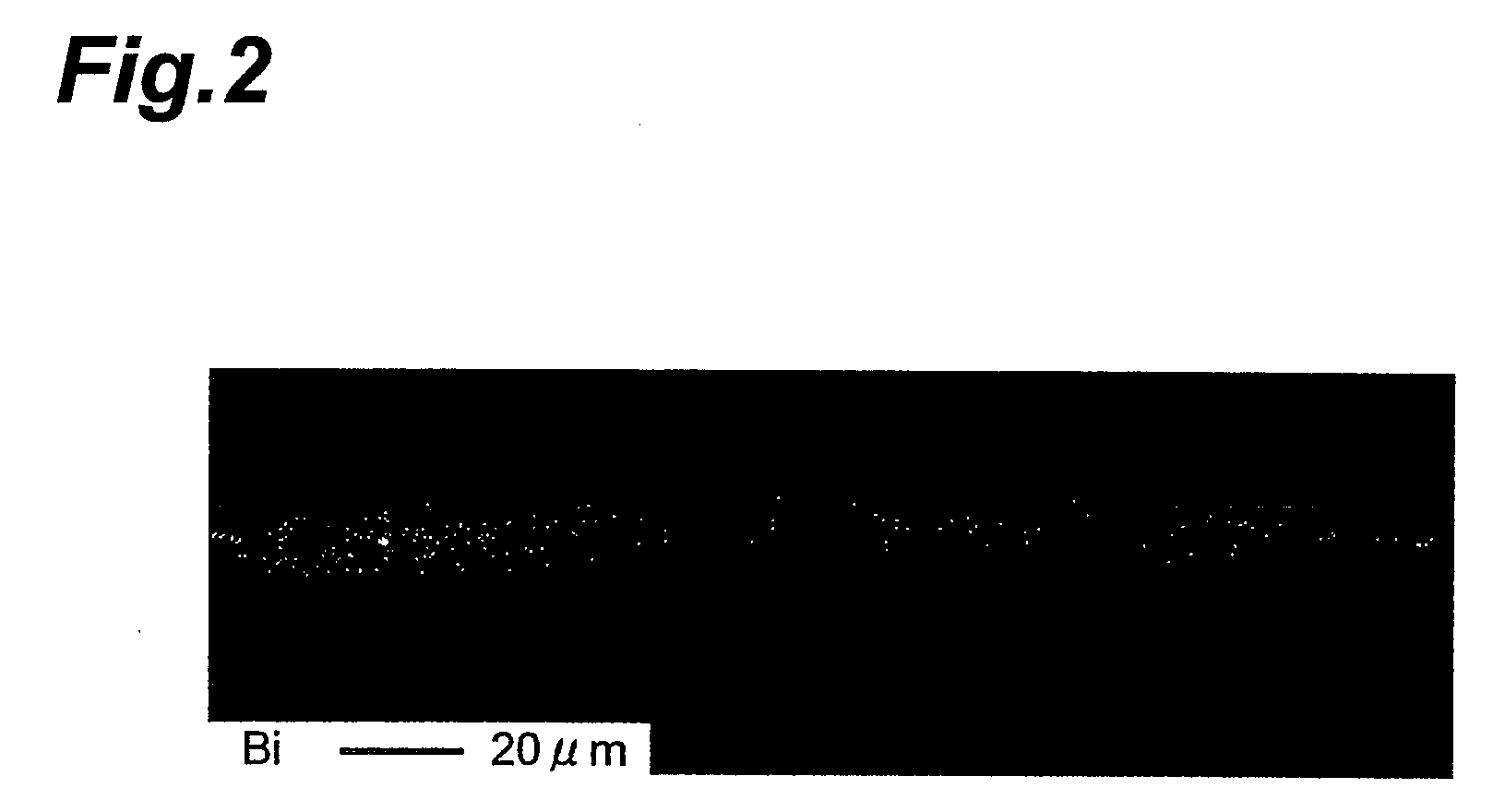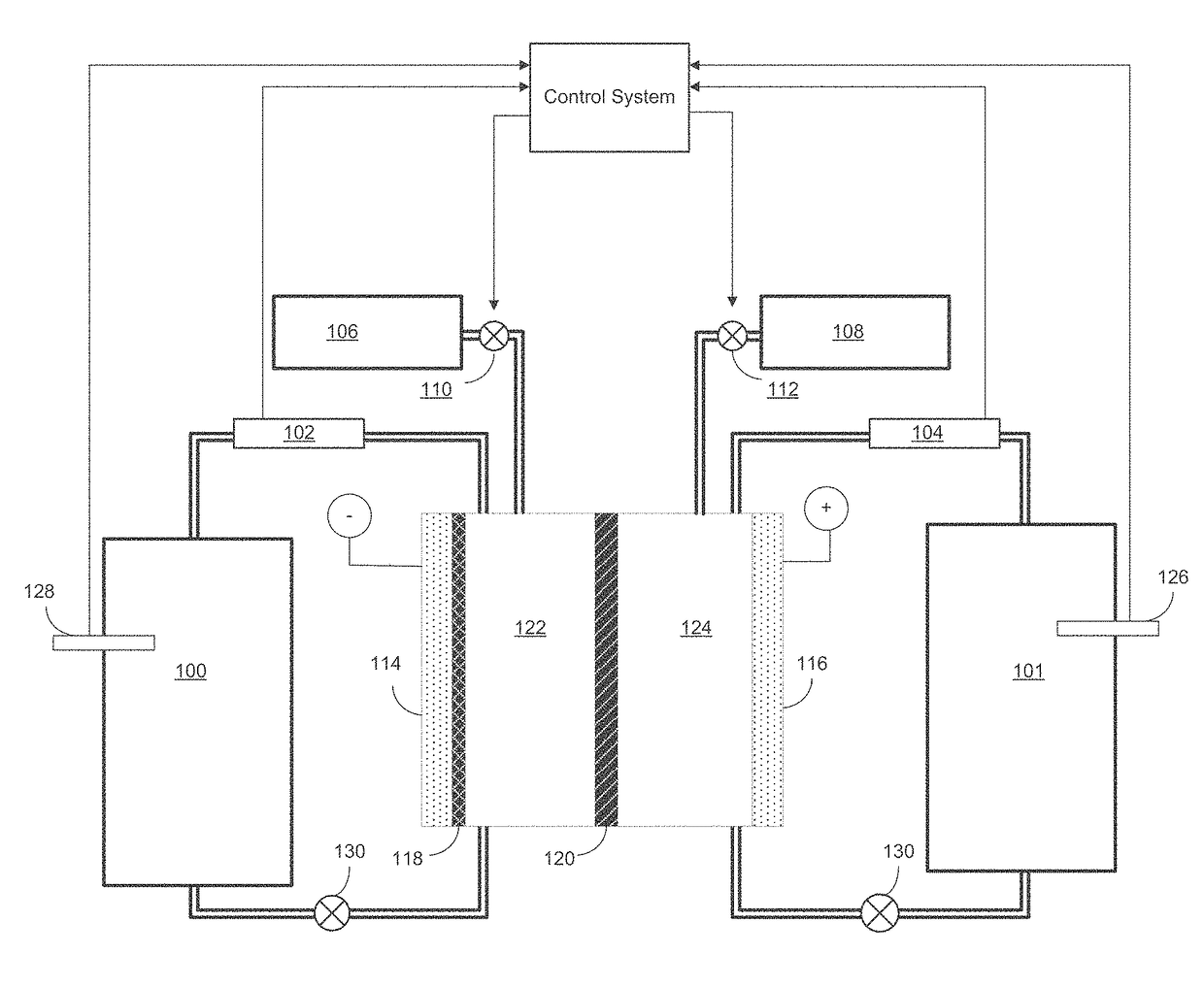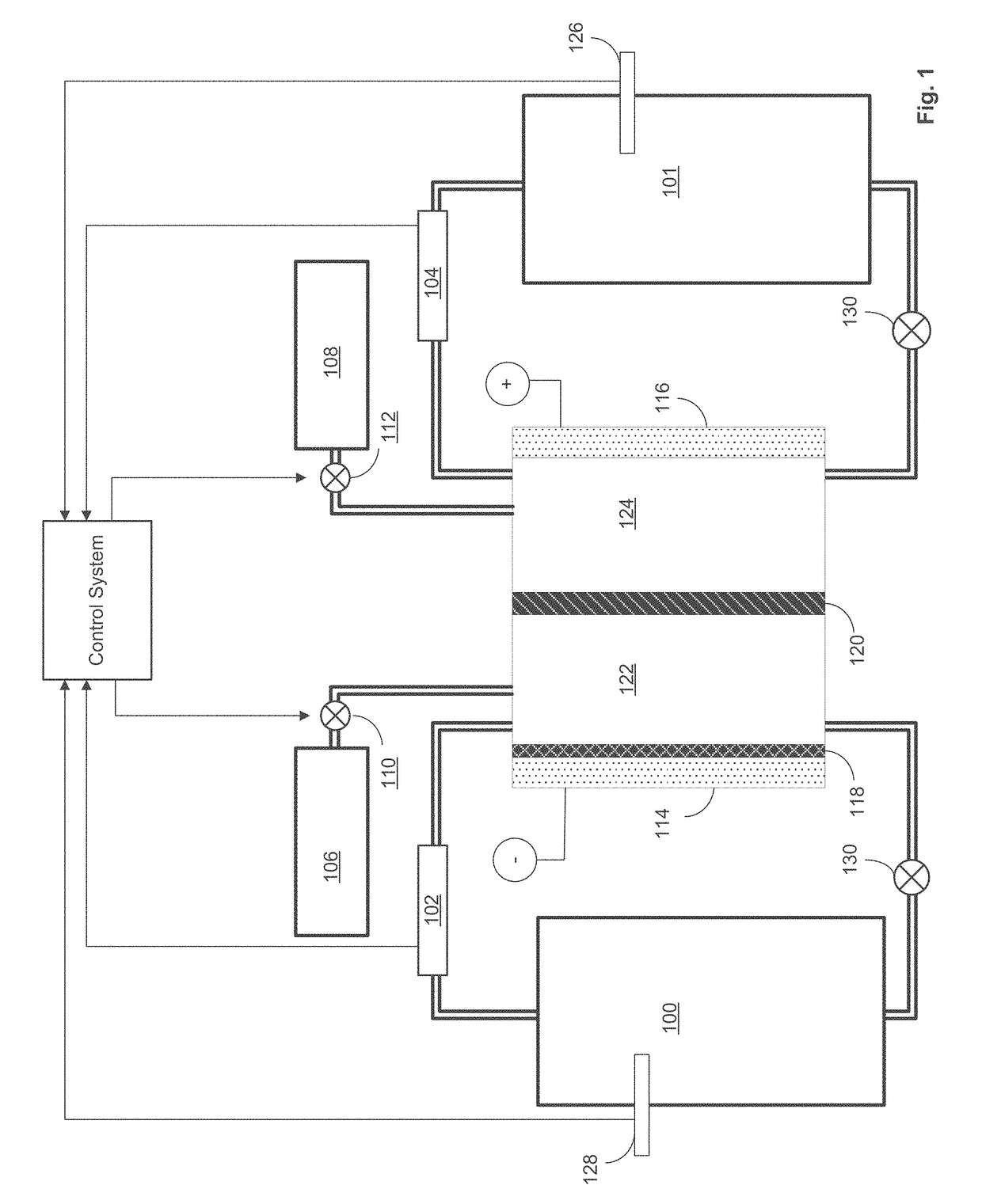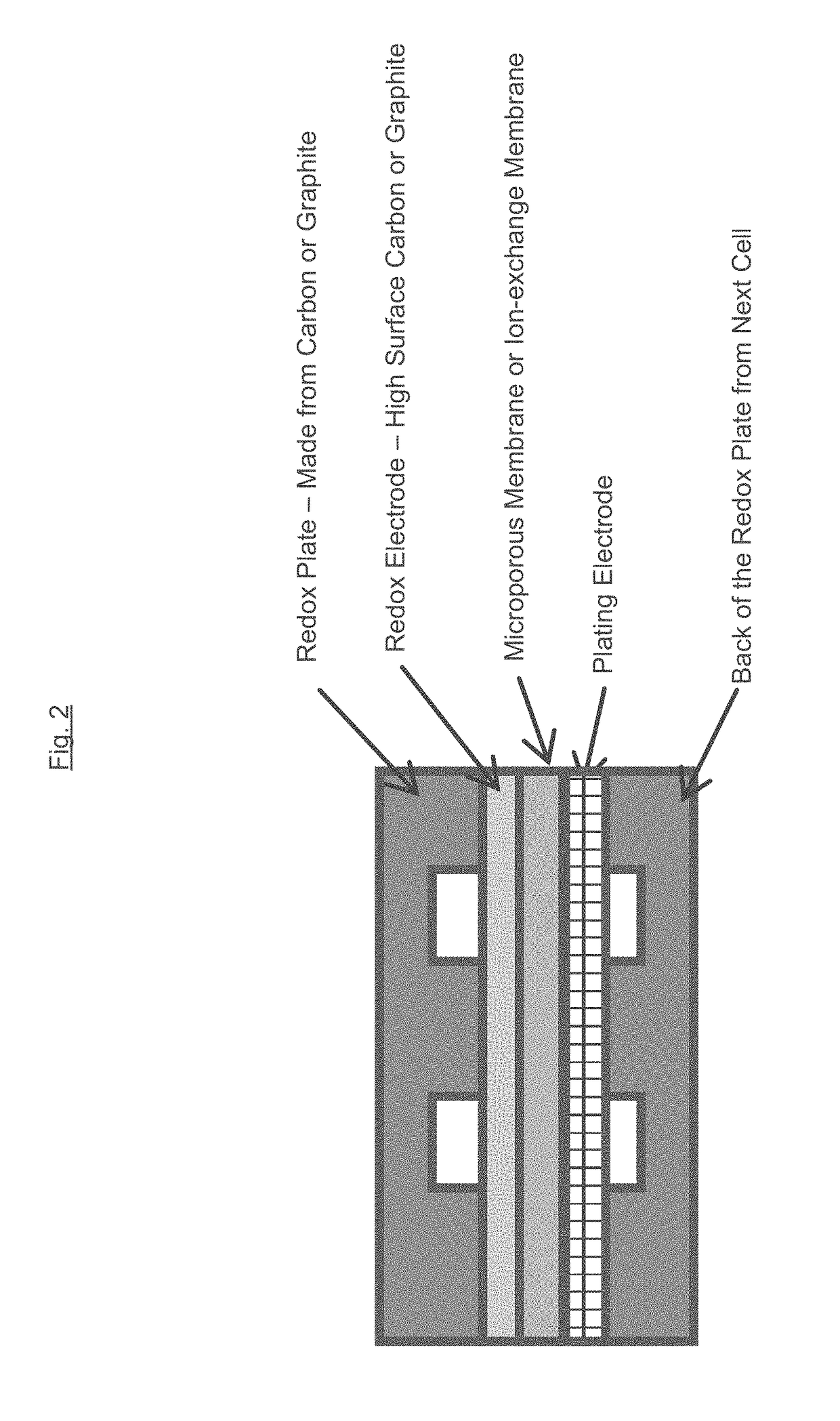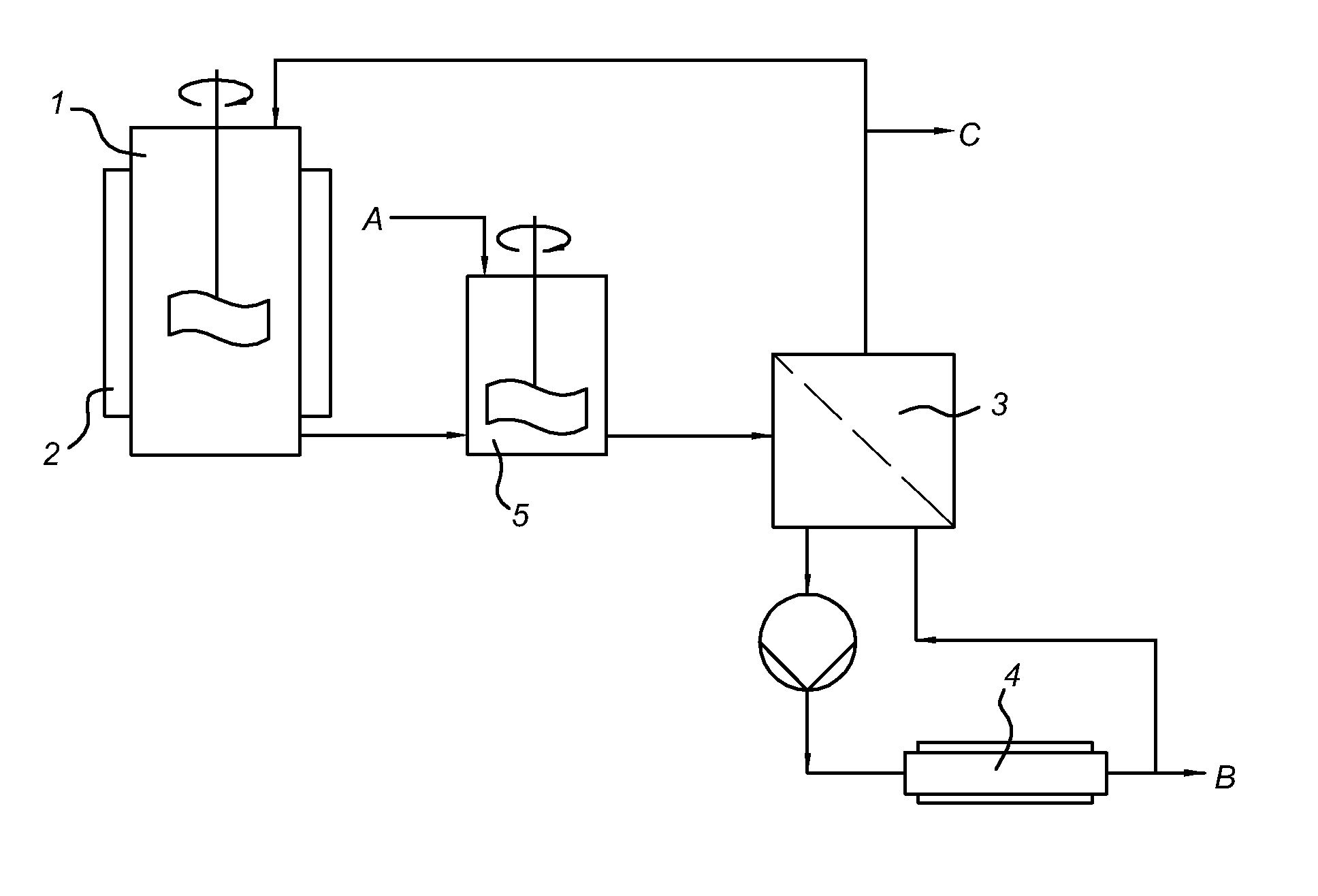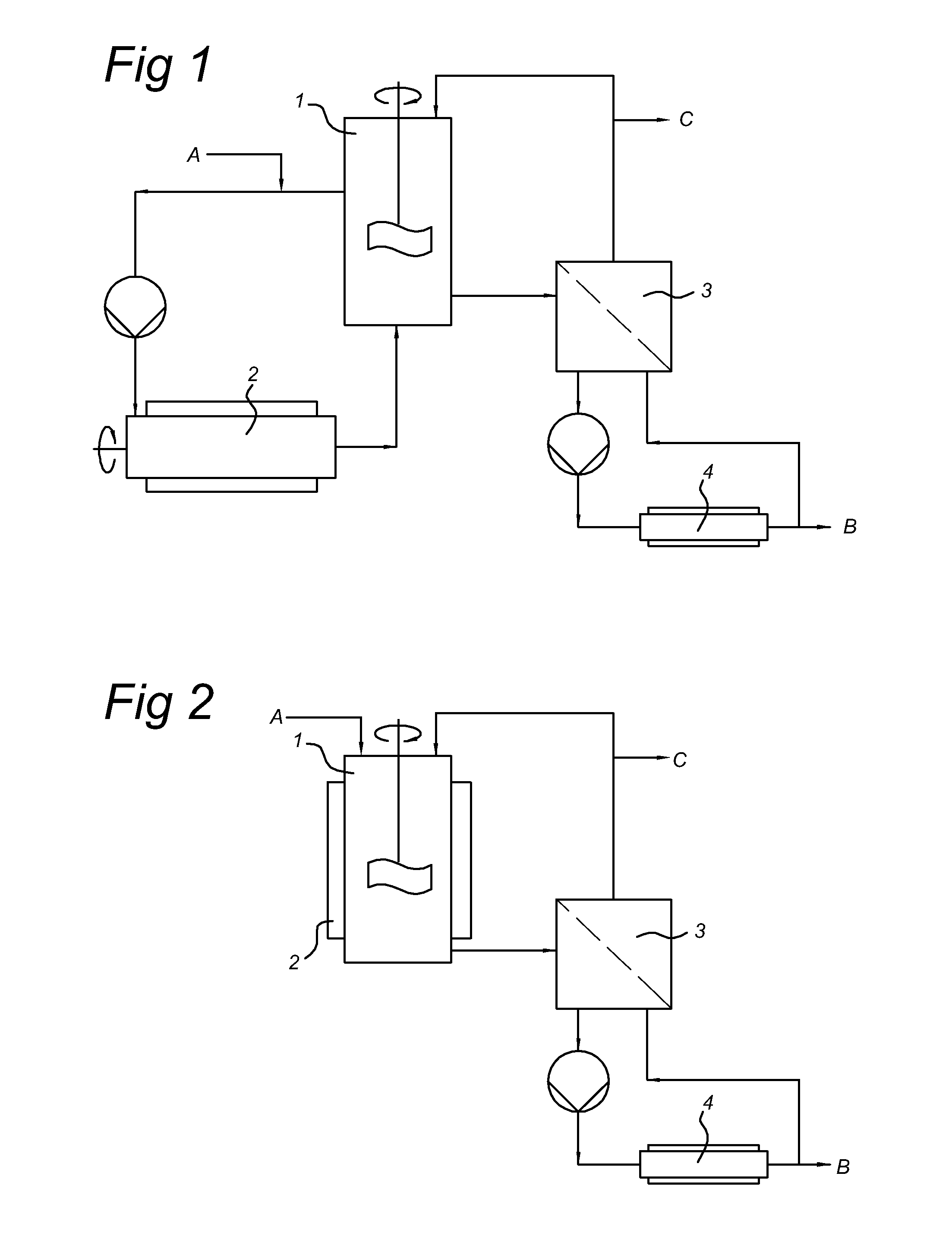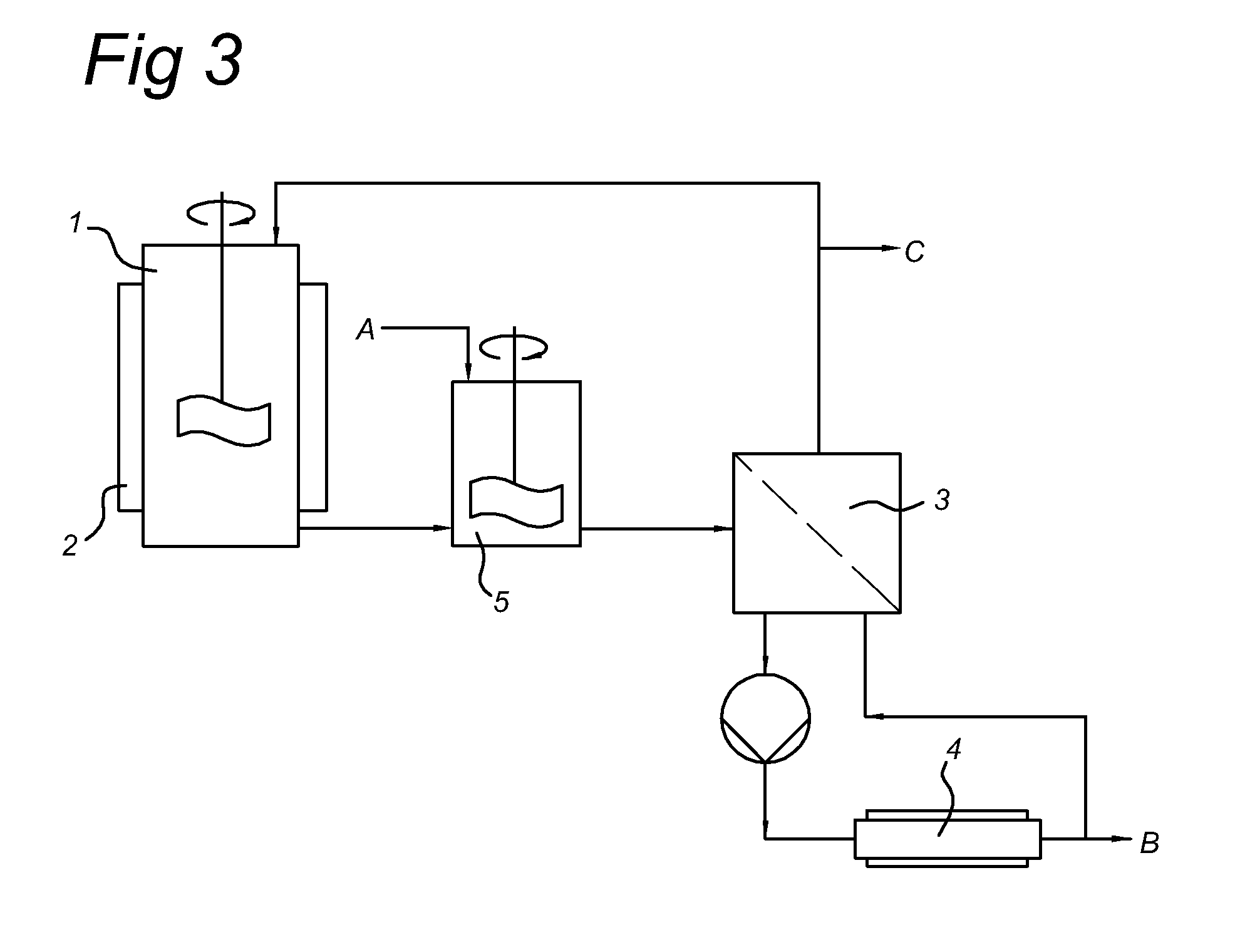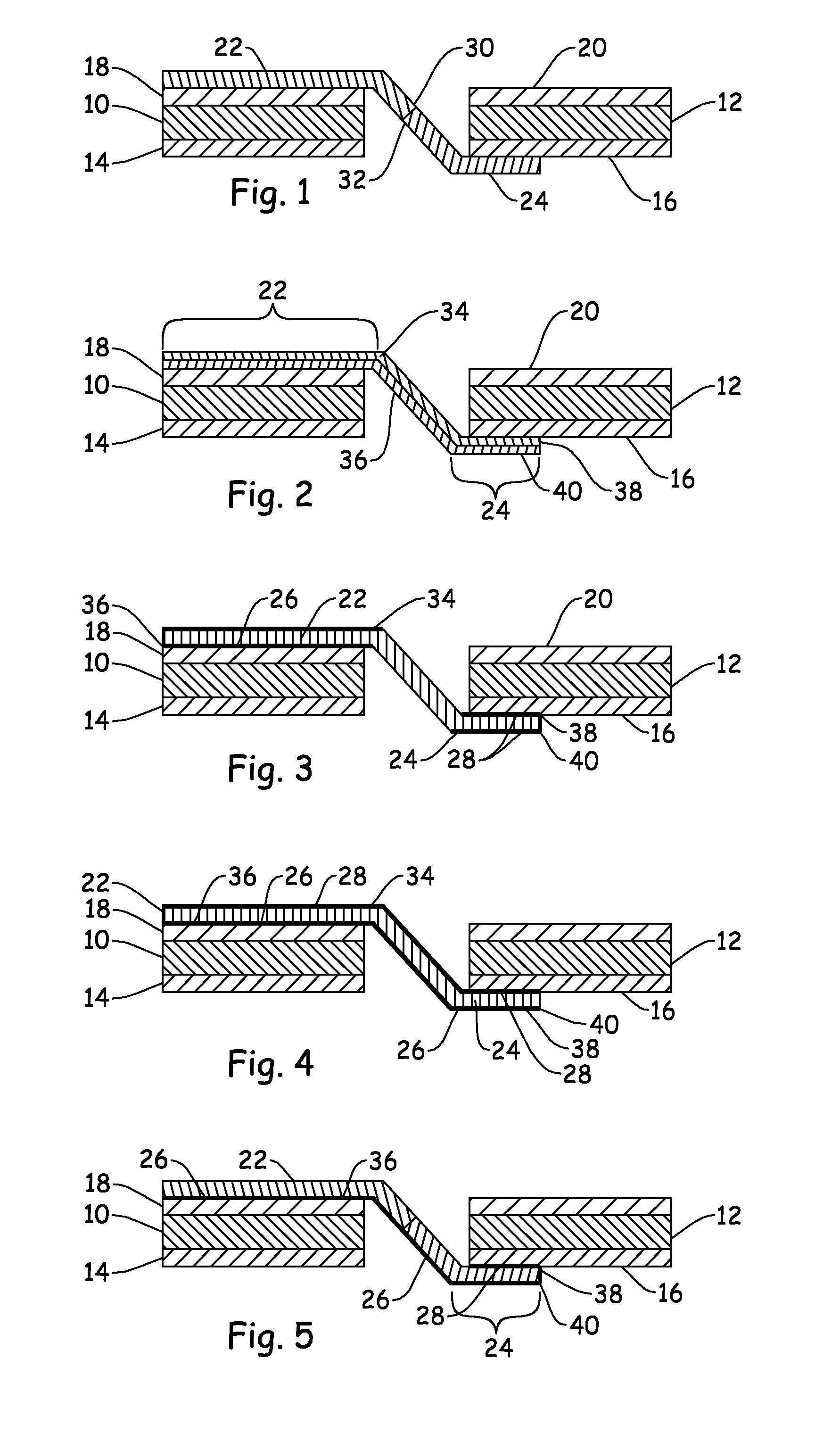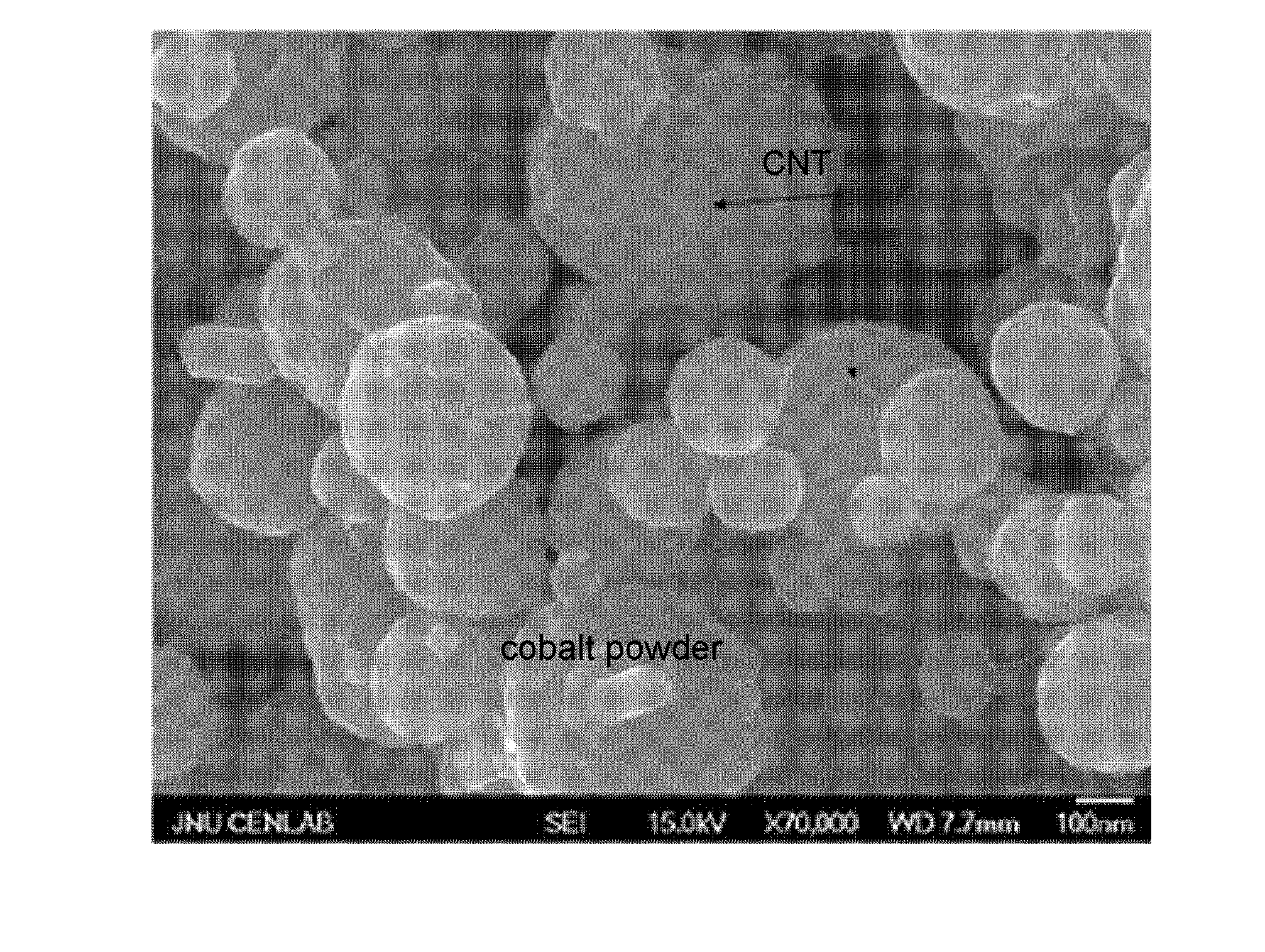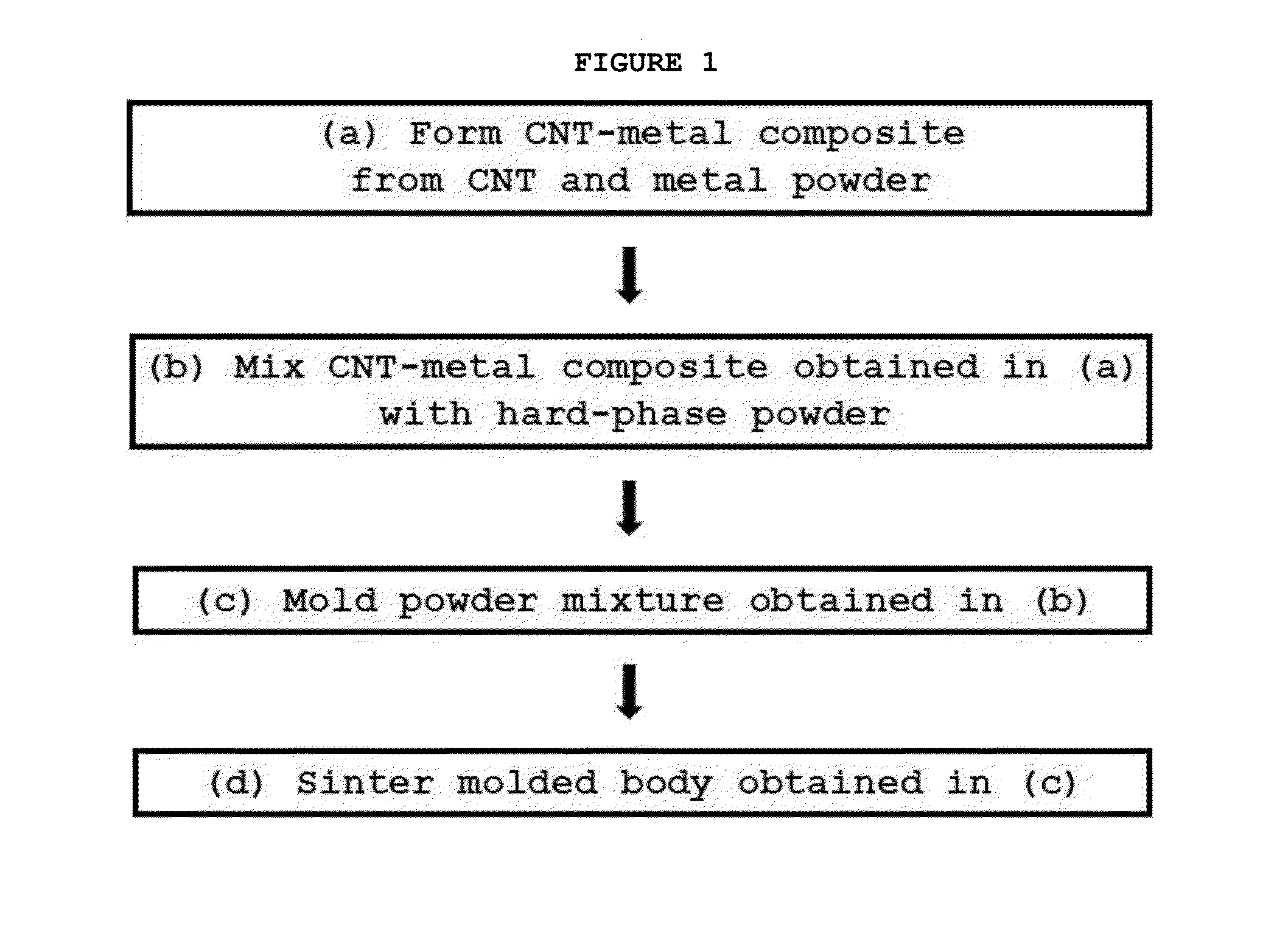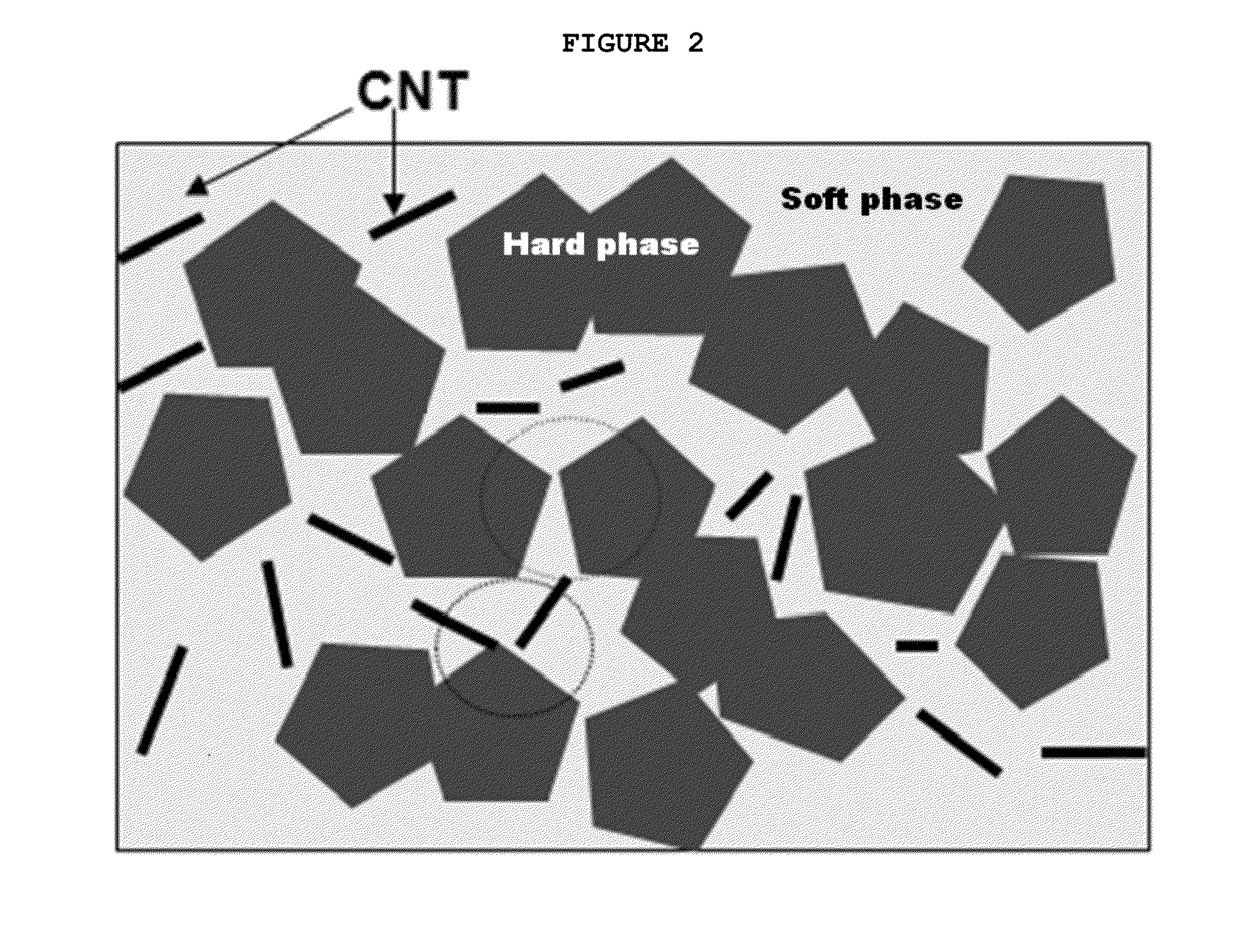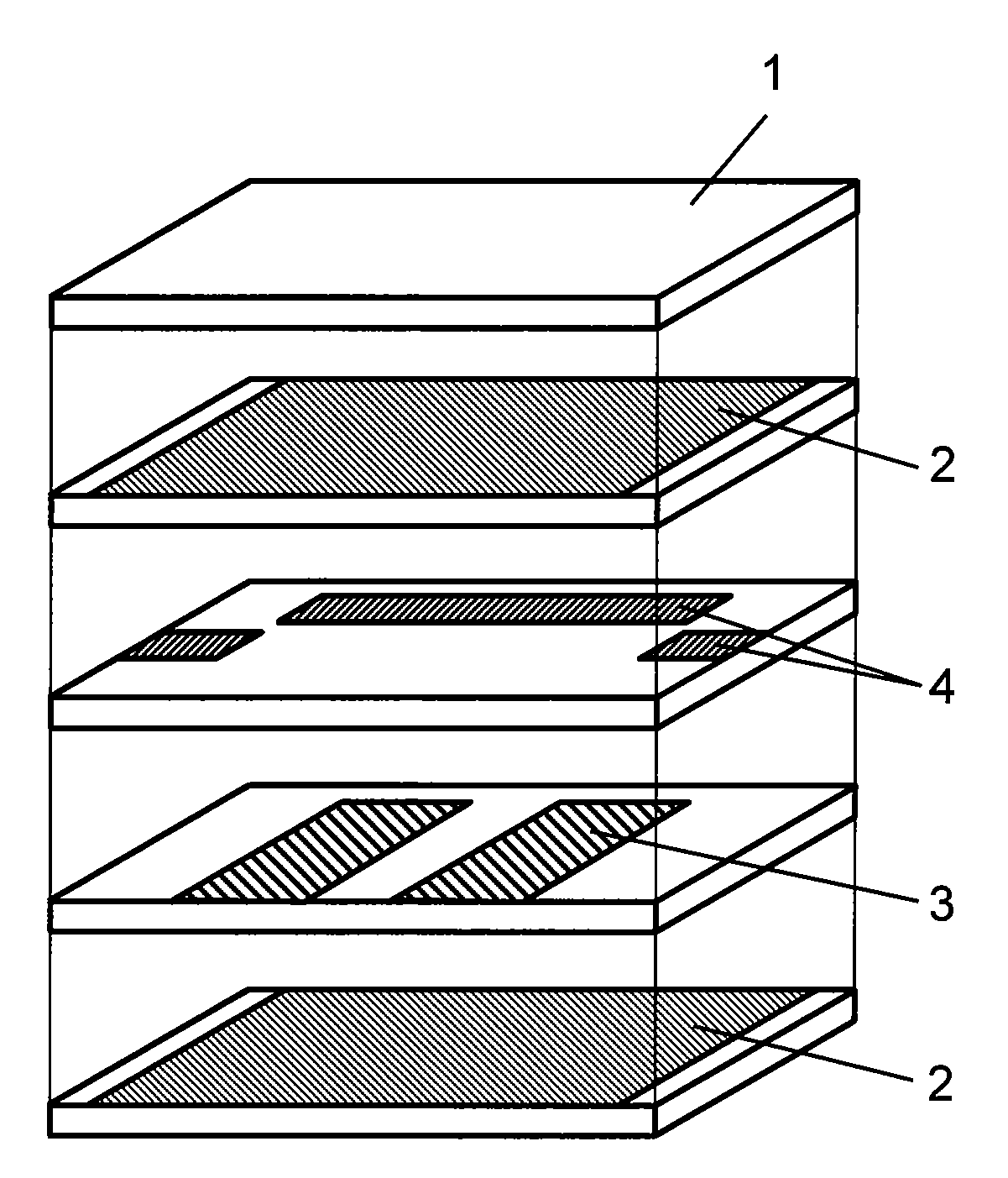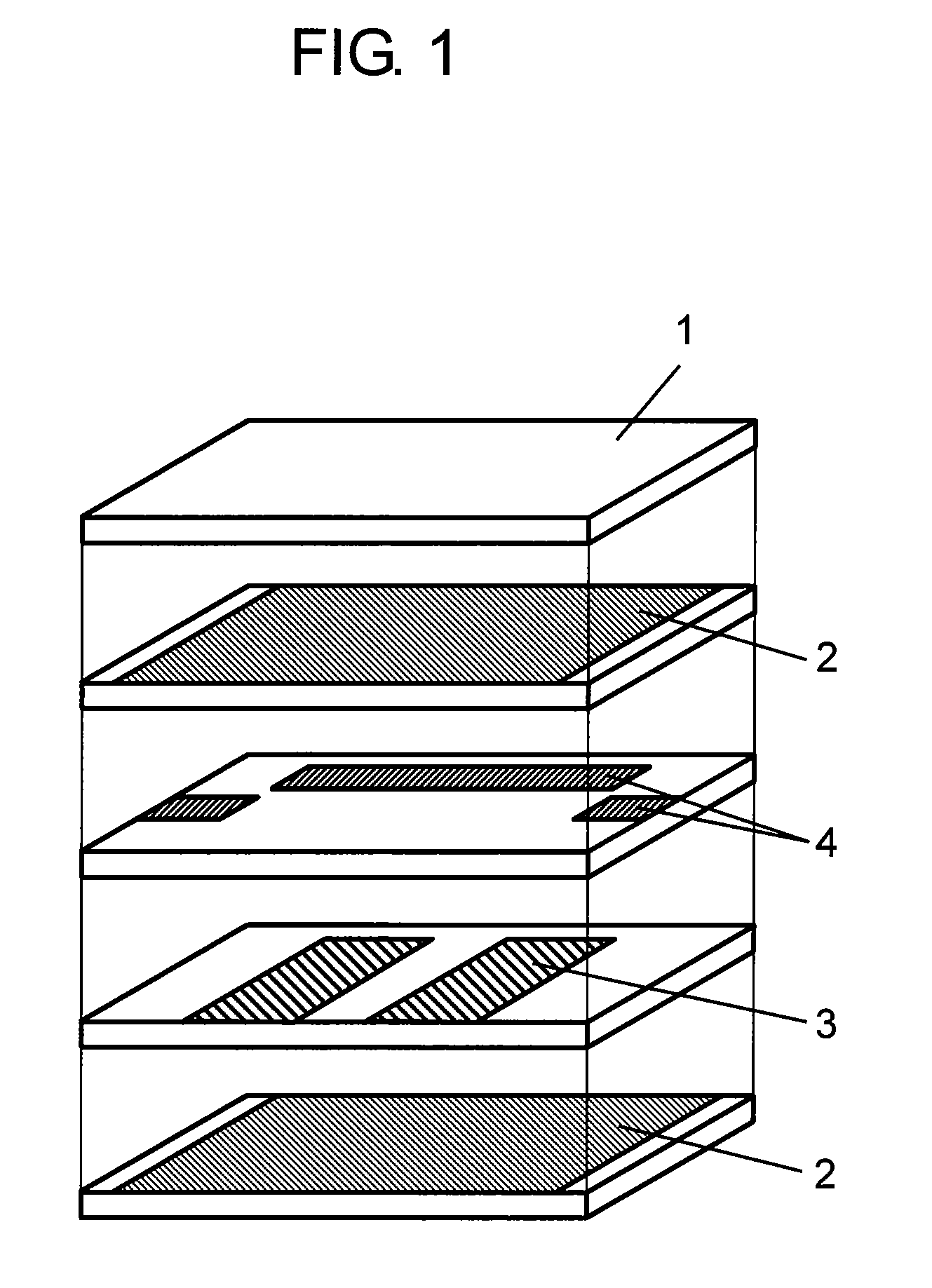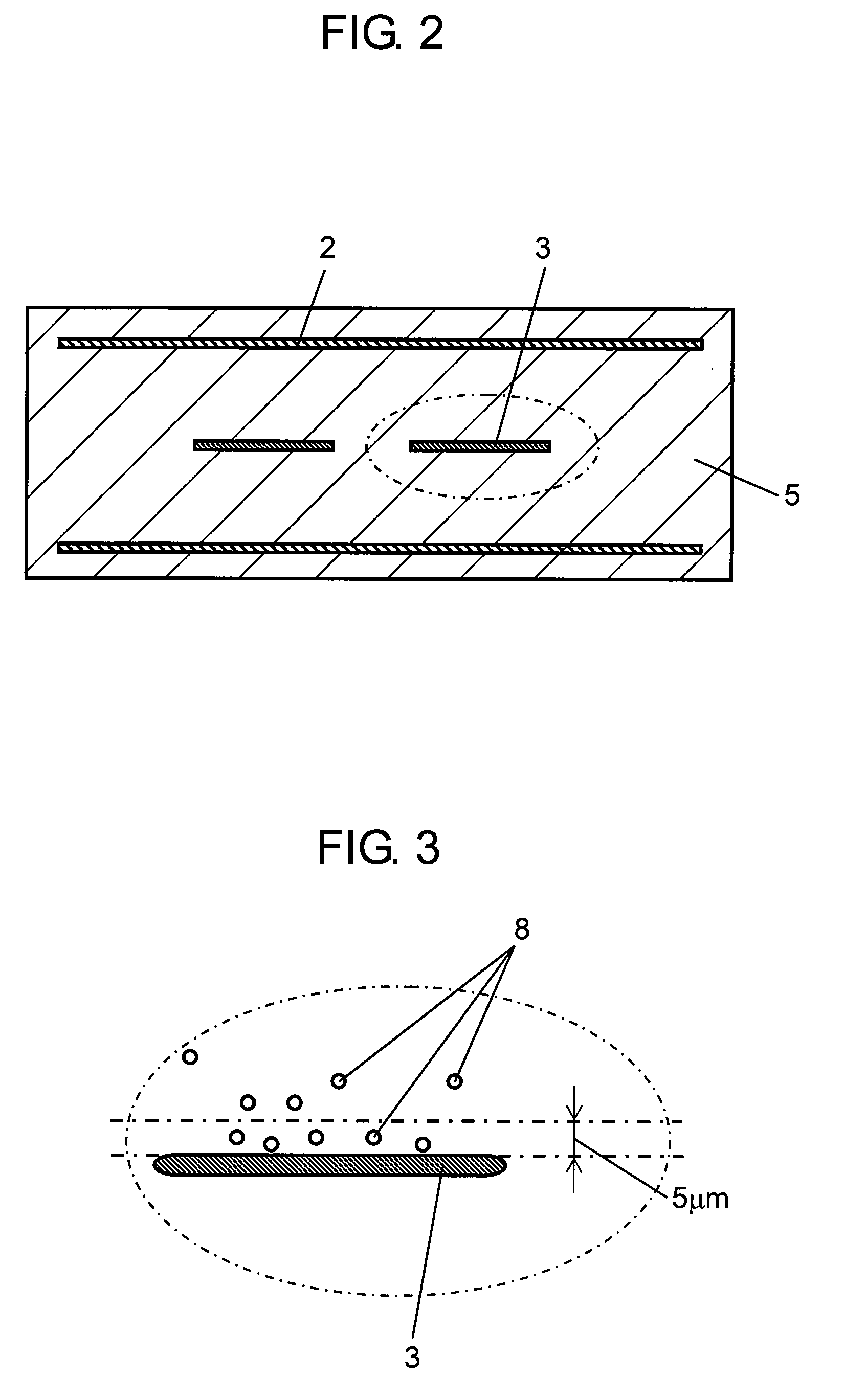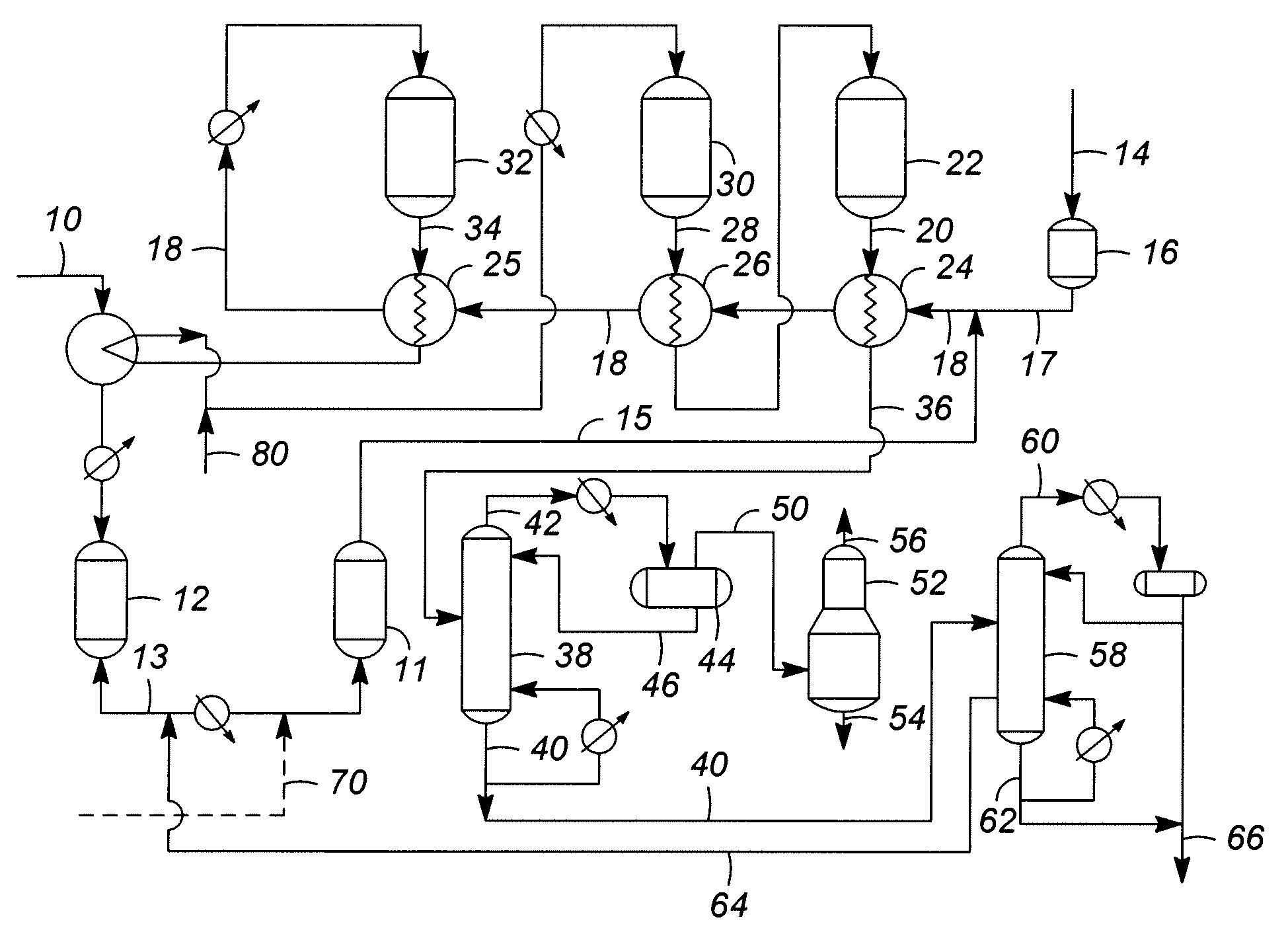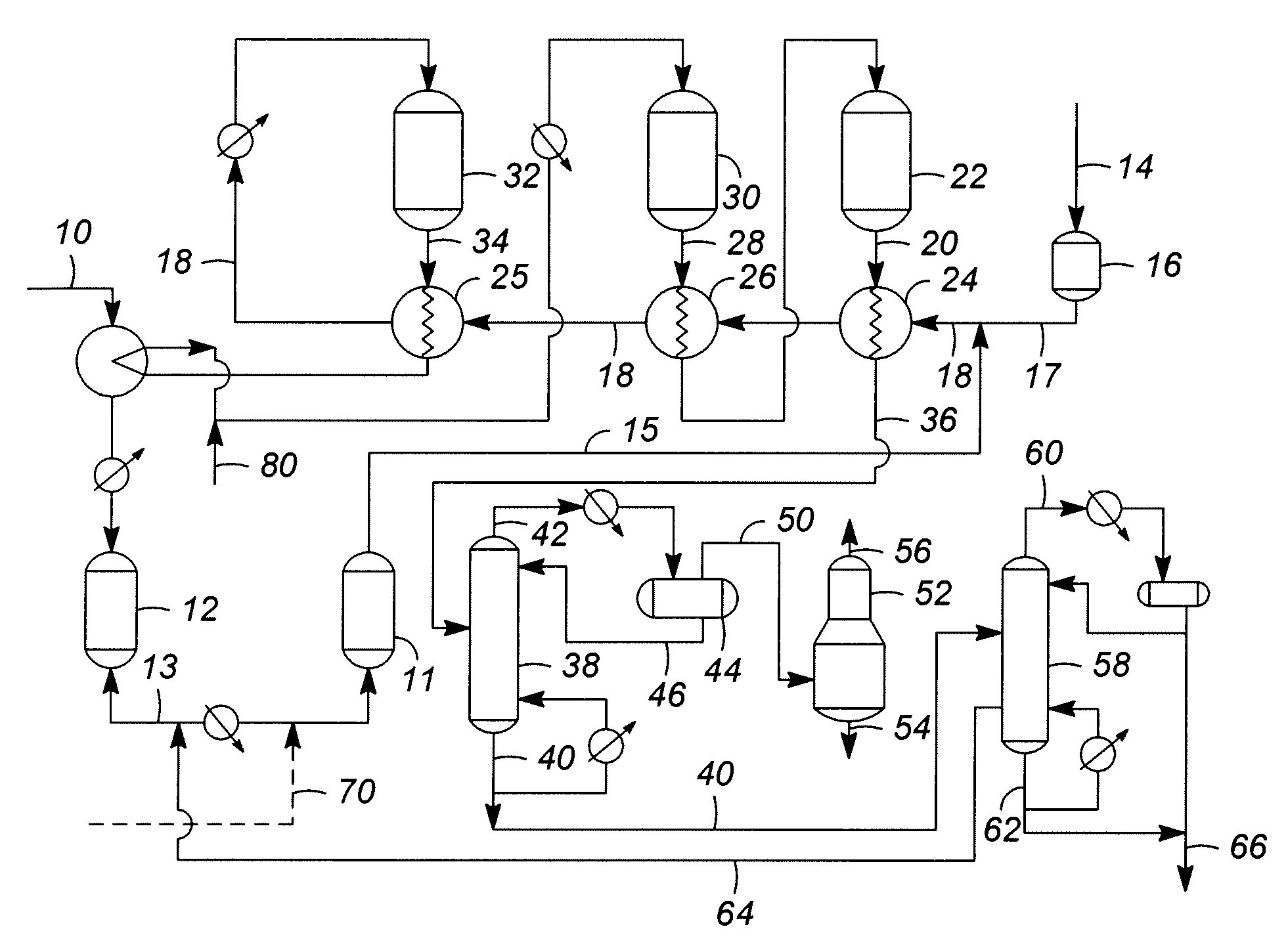Patents
Literature
83results about How to "Minimizing reaction" patented technology
Efficacy Topic
Property
Owner
Technical Advancement
Application Domain
Technology Topic
Technology Field Word
Patent Country/Region
Patent Type
Patent Status
Application Year
Inventor
Vertebral facet stabilizer
InactiveUS20060282080A1Avoid less flexibilityIncrease flexibilityInternal osteosythesisJoint implantsEngineeringSacroiliac joint
An vertebral stabilizer includes a spring element defining a longitudinal axis and having first and second ends, each operable to couple to respective first and second bone anchors of a patient, wherein the spring element includes a slanted coil element operable to produce a reaction force in a direction transverse to the longitudinal axis.
Owner:ALTUS PARTNERS
Crimp connector for corrugated cable
InactiveUS6840803B2Minimizing reactionAdvantageous strength and flexibility and weight characteristicElectrically conductive connectionsTwo pole connectionsElectrical conductorCoaxial cable
A corrugated coaxial cable connector, field installable with a hand crimp tool has a connector interface coupled to the connector end of a hollow cylindrical body; an inner surface of the body is adapted to thread onto the helical corrugations on the outer conductor of the cable. A plurality of ridges on an outer surface of the body corresponding to an internal threaded section forms a crimp surface. An inner contact located coaxially within the body has a socket contact section at the cable end dimensioned for insertion of the inner conductor of the cable and electrical connection therewith. A body barb located on the outer surface of the body provides an acute surface for heat shrink tubing to seal against.
Owner:ANDREW LLC
Activated carbon materials for high energy density ultracapacitors
ActiveUS8318356B2Simple designLow costCarbon compoundsHybrid capacitor electrodesCelluloseActivated carbon
Owner:CORNING INC
Nonaqueous electrolytic solution and nonaqueous electrolyte secondary battery
InactiveUS20100035146A1Increase energy densityImprove featuresCell electrodesLi-accumulatorsHydrogenHydrogen atom
A nonaqueous electrolytic solution that can provide a high energy density nonaqueous electrolyte secondary battery having a high capacity, excellent storage characteristics, and excellent cycle characteristics and suppressing the decomposition of an electrolytic solution and the deterioration thereof when used in a high-temperature environment includes an electrolyte, a nonaqueous solvent, and a compound represented by general formula (1):wherein R1, R2, and R3 each independently represent a hydrogen atom, a cyano group, or an optionally halogen atom-substituted hydrocarbon group having 1 to 10 carbon atoms, with the proviso that R1 and R2 do not simultaneously represent hydrogen atoms.
Owner:MITSUBISHI CHEM CORP
Activated Carbon Materials For High Energy Density Ultracapacitors
ActiveUS20100151328A1Inexpensive materialsHigh energy density deviceCarbon compoundsHybrid capacitor electrodesActivated carbonCellulose
An activated carbon material derived, for example, by carbonizing and activating a non-lignocellulosic carbon precursor has a structural order ratio less than or equal to 0.08, and a nitrogen content greater than 0.2 wt. %. The activated carbon material can also have a volumetric capacitance greater than or equal to 70 F / cm3, an area-specific resistance less than or equal to 0.1 ohm-cm2 and / or a specific surface area greater than 300 m2 / g, and is suitable to form improved carbon-based electrodes for use in high energy density devices.
Owner:CORNING INC
Method for producing highly purified, granular silicium
InactiveUS7001579B2Minimum formation of dustMinimizing reactionSiliconChemical/physical processesHydrogen halideHydrogen
The invention relates to a method for producing granular silicon by thermal decomposition of a gas containing silicon in a fluidized bed, said decomposition occurring in the presence of free-flowing mobile elements. Preferably, said free-flowing mobile elements become devoid of silicon in a separate procedural step, said silicon being deposited during decomposition of gas containing silicon, by reacting with hydrogen halides, halogens, alkyl halogenides, aryl halogenides or combinations of halogen and / or hydrogen halide and / or oxidized mineral acids and / or by thermal treatment of said elements.
Owner:SOLARWORLD
Refiner bleaching with magnesium oxide and hydrogen peroxide
InactiveUS6881299B2Eliminate useHigh retention rateFats/resins/pitch/waxes removal in pulpPulp de-wateringParticulatesMagnesium ion
Methods of bleaching mechanical pulp under alkaline conditions with hydrogen peroxide. The methods include introducing a source of magnesium ions and hydroxyl ions to a refiner. The wood particulates are refined into a pulp in the presence of the magnesium ions and hydroxyl ions, and optionally perhydroxyl ions to simultaneously refine and bleach the pulp in a refiner.
Owner:NORTH PACIFIC PAPER
Method and apparatus for depositing a thin film
InactiveUS20120237695A1Improve abilitiesHigh deposition rateRadiation applicationsFinal product manufactureReactive gasLength wave
A substrate is brought into close proximity with one or more gas injectors to deposit a thin film. As the substrate is moved horizontally along a predefined direction, it is injected with reactive gases and pyrolytically heated with a heating light focused on the substrate. To prevent photolytic reactions, the heating light source is preferably on the side of the substrate opposite to the side where the reactive gases are deposited. In some embodiments, this heating light source is supplemented by heating light sources on the same side of the substrate as the deposited reactive gases. The heating light source(s) has a wavelength to optimize absorption by the substrate or the deposited film layer.
Owner:2 PYE SOLAR
Devices and Methods for the Performance of Miniaturized In Vitro Assays
InactiveUS20080241844A1Minimize evaporative and convective lossMinimize reactionBioreactor/fermenter combinationsHeating or cooling apparatusSanger sequencingPolymerase chain reaction
This invention relates to methods and apparatus for performing microanalytic and microsynthetic analyses and procedures. The invention specifically provides devices and methods for performing miniaturized in vitro assays on biological samples, such as the polymerase chain reaction and Sanger sequencing reactions. Methods specific for the apparatus of the invention for performing PCR are provided.
Owner:NETBIO
Isomerization of Benzene-Containing Feedstocks
ActiveUS20080287724A1Reduce the temperatureMinimize undesirable hydrocracking reactionHydrocarbon by isomerisationHydrocarbon by hydrogenationAlkaneBenzene
The benzene content in a gasoline pool is reduced by a process that hydrogenates a benzene-containing isomerization zone feedstream. The additional cyclic hydrocarbons produced by the saturation of benzene can be processed in the isomerization zone for ring opening to increase the available paraffinic feedstock or the isomerization zone can be operated to pass the cyclic hydrocarbons through to a product recovery section. The isomerization zone feedstream is treated to remove contaminants and dried before entering the hydrogenation zone.
Owner:UOP LLC
Pendulum impact test rig
InactiveUS6990845B2Controlling featureReduce weightAcceleration measurementInvestigating material hardnessAccelerometerData acquisition
The pendulum impact test rig is designed and developed for simulating impact conditions experienced by structural components in real-world crash or full-scale crash test. The test rig can be adopted for crash testing individual vehicle component. The test rig comprises of a base plate which is anchored to a concrete ground, a pendulum supporting structure positioned on the base plate, a pendulum member constructed from structural T-beam that permanently secured to a rotatably shaft, and a test item holding device releasably mounted on the base plate. The pendulum member includes a striker which is releasably attached to the lower end portion of the pendulum, fixed masses permanently secured at the lower end portion of the pendulum, and additional masses detachably attached immediately above the fixed masses. With present preferred embodiment, the center of percussion is controlled within the striking zone. Computer-based instrumentation system, which comprises accelerometer, high speed imaging system, light beam emitter-detector velocity measurement, data acquisition card, and computer with data acquisition and analysis application software installed is provided so that the desired data can be acquired for analysis and presentation.
Owner:UNIVERSITI PUTRA MALAYSIA
Allele-specific mutation detection assay
InactiveUS20060088872A1Rapid responseDifference in efficiencyHydrolasesMicrobiological testing/measurementSpecific detectionOligomer
The present invention relates to a method of detecting a base at a pre-determined position in a nucleic acid molecule by performing enzymatic detection reactions using base-specific detection oligomers, where each oligomer is specific for a particular base at the predetermined position, and then comparing the enzymatic detection reactions to determine which base is present at the position, with an enzyme-disabling agent being present during the enzymatic detection reaction. In preferred embodiments the enzymatic detection reaction is an oligomer elongation extension reaction, catalysed by, among others, polymerase or ligase. Also disclosed are methods of performing the assay in a liquid phase and on microarrays.
Owner:AHMADIAN AFSHIN +1
Methods to prepare stable electrolytes for all iron redox flow batteries
ActiveUS20140272493A1Low costHigh recycling valueRegenerative fuel cellsIndirect fuel cellsChemical reactionOxidation-Reduction Agent
An iron redox flow battery system, comprising a redox electrode, a plating electrolyte tank, a plating electrode, a redox electrolyte tank with additional acid additives that may be introduced into the electrolytes in response to electrolyte pH. The acid additives may act to suppress undesired chemical reactions that create losses within the battery and may be added in response to sensor indications of these reactions.
Owner:ESS TECHNOLOGY
Source reagent compositions for CVD formation of high dielectric constant and ferroelectric metal oxide thin films and method of using same
InactiveUS7094284B2Improve thermal stabilityMinimizing reactionGroup 4/14 organic compounds without C-metal linkagesTitanium organic compoundsDielectricCyclic ether
Chemical vapor deposition (CVD) precursor compositions for forming metal oxide high dielectric constant (κ) thin films. The precursor composition in one embodiment comprises a metal precursor having a general formula M(β-diketonate)2(OR)2, wherein M is Hf, Zr or Ti, and R is t-butyl. The precursor composition may also comprise a solvent medium selected from the group consisting of ethers, glymes, tetraglymes, amines, polyamines, alcohols, glycols, aliphatic hydrocarbon solvents, aromatic hydrocarbon solvents, cyclic ethers, and compatible combinations of two or more of the foregoing.
Owner:ENTEGRIS INC
Method of forming contact plug on silicide structure
InactiveUS6884736B2Minimizing reactionReduces contact Rc failureSemiconductor/solid-state device manufacturingSalicideConductive materials
A method of manufacturing a semiconductor device is provided. A semiconductor element is formed on a substrate. The semiconductor element has at least one nickel silicide contact region, an etch stop layer formed over said element, and an insulating layer formed over said etch stop layer. A portion of the etch stop layer immediately over a selected contact region is removed using a process that does not substantially react with the contact region, to form a contact opening. The contact opening is then filled with a conductive material to form a contact.
Owner:TAIWAN SEMICON MFG CO LTD
Electrode, power storage device, electronic device, and method for fabricating electrode
ActiveUS20150262762A1Long-term cycle performanceMinimizing reactionElectrode thermal treatmentElectrolytic capacitorsPower storageLithium-ion capacitor
The cycle performance of a lithium-ion secondary battery or a lithium-ion capacitor can be obtained by minimizing the decomposition reaction of an electrolytic solution, etc. in the repeated charge and discharge cycles of the lithium-ion secondary battery or the lithium-ion capacitor. An electrode includes a current collector and an active material layer over the current collector. The active material layer includes active material particles, a conductive additive, a binder, and a film containing silicon oxide as its main component. The surface of one of the active material particles includes at least one of a region in contact with the surface of another active material particle, a region in contact with the conductive additive, and a region in contact with the binder. The surface of the active material particle except these regions is at least partly in contact with the film containing silicon oxide as its main component.
Owner:SEMICON ENERGY LAB CO LTD
Method and Apparatus for Producing Synthesis Gas From Biomass
InactiveUS20070261948A1Significant energy savingSave energyCombustible gas coke oven heatingHeat storage plantsSyngasFlue gas
Method and apparatus for producing synthesis gas comprising the steps of combusting (4) a combustible gas to form hot flue gasses (7), passing the flue gasses (7) through heat storing means (1) so as to heat the heat storing means (1) to an elevated temperature, using the heat thus stored to heat biomass (2) to an elevated temperature so as to form synthesis gas, and withdrawing at least part of the synthesis gas formed, wherein following heating of the heat storing means (1) gaseous medium is circulated through the heat storing means (1), the biomass (2) and back to the heat storing means (1). Furthermore computer program product for performing the method of the invention and the use of the produced biogas are disclosed.
Owner:JACOBSEN ANKER J
Method of forming contact plug on silicide structure
InactiveUS20050158986A1Minimizing reactionIncrease productionSemiconductor/solid-state device manufacturingSalicideConductive materials
Owner:TAIWAN SEMICON MFG CO LTD
Microdispensing pump
InactiveUS7014068B1Inhibit atomizationMinimizing throttlingLarge containersSingle-unit apparatusMomentumPre compression
A pre-compression pump (10) dispenses microdoses of fluid (F). The pump minimizes pulsing due to pressure fluctuations. The pump is provided with the following to limit pulsing: a low force slow return velocity return spring (46); enlarged fluid passage (58); elastic bumper (74); and, a ratchet tooth (76) bearing against the stem (44). Further, a deflectable diaphragm (90), a splined (70) stem (44), no dip tube, and an off-center, gravitational low-point pump inlet (62) assist in priming the pump. The pump includes a stem (44) with delfectable fingers (92) to ensure sufficient momentum in pump operation. Detents (118) and grooves (120) selectively lock a nozzle cap (14) in an inoperative position. To ensure cleanliness, nozzle (60) cleaning is provided, wiping of the nozzle to remove meniscus (M) therefrom, cuts (104) formed in a shroud (98) assist in drawing excess fluid from the nozzle, and an empty volume (108) for collecting fluid run-off from the nozzle. A handle (H) is mounted to the pump providing a grip.
Owner:COHEN
Isomerization of Benzene-Containing Feedstocks
InactiveUS20080286173A1Reduce the temperatureMinimize undesirable hydrocracking reactionTreatment with hydrotreatment processesLiquid-gas reaction processesAlkaneBenzene
The benzene content in a gasoline pool is reduced by a process that hydrogenates a benzene-containing isomerization zone feedstream. The additional cyclic hydrocarbons produced by the saturation of benzene can be processed in the isomerization zone for ring opening to increase the available paraffinic feedstock or the isomerization zone can be operated to pass the cyclic hydrocarbons through to a product recovery section. The isomerization zone feedstream is treated to remove contaminants and dried before entering the hydrogenation zone.
Owner:UOP LLC
Microdispensing pump
InactiveUS20060086760A1Inhibit atomizationMinimizing throttlingLarge containersSingle-unit apparatusMomentumPre compression
A pre-compression pump (10) dispenses microdoses of fluid (F). The pump minimizes pulsing due to pressure fluctuations. The pump is provided with the following to limit pulsing: a low force slow return velocity return spring (46); enlarged fluid passage (58); elastic bumper (74); and, a rachet tooth (76) bearing against the stem (44). Further, a deflectable diaphragm (90), a splined (70) stem (44), no dip tube, and an off-center, gravitational low-point pump inlet (62) assist in printing the pump. The pump includes a stem (44) with deflectable fingers (92) to ensure sufficient momentum in pump operation. Detents (118) and grooves (120) selectively lock a nozzle cap (14) in an inoperative position. To ensure cleanliness, nozzle (60) cleaning is provided, wiping of the nozzle to remove meniscus (M) therefrom, cuts (104) formed in a shroud (98) assist in drawing excess fluid from the nozzle, and an empty volume (108) for collecting fluid run-off from the nozzle. A handle (H) is mounted to the pump providing a grip.
Owner:COHEN
High-voltage and high-capacitance activated carbon and carbon-based electrodes
ActiveUS20150062778A1High voltage stabilityImprove voltage stabilityElectrode manufacturing processesElectrolytic capacitorsActivated carbonActive carbon
A positive electrode for an energy storage device includes a first activated carbon material comprising pores having a size of ≦1 nm, which provide a combined pore volume of >0.3 cm3 / g, pores having a size of >1 nm to ≦2 nm, which provide a combined pore volume of ≧0.05 cm3 / g, and <0.15 cm3 / g combined pore volume of any pores having a size of >2 nm. A negative electrode for the energy storage device includes a second activated carbon material comprising pores having a size of ≦1 nm, which provide a combined pore volume of ≦0.3 cm3 / g, pores having a size of >1 nm to ≦2 nm, which provide a combined pore volume of ≧0.05 cm3 / g, and <0.15 cm3 / g combined pore volume of any pores having a size of >2 nm. The total oxygen content in at least the first activated carbon material is at most 1.5 wt. %.
Owner:CORNING INC
Varistor
ActiveUS20090160600A1High bonding strengthAvoid volatilityCurrent responsive resistorsConductive materialRare earthEngineering
A varistor 1 comprises a varistor element 10, a pair of external electrodes 30a, 30b on one main side of the varistor element 10 and a resistor 60 on the same main side, wherein the resistor 60 is formed so as to connect the pair of external electrodes 30a, 30b. The varistor element 10 contains zinc oxide as the main component and Ca oxides, Si oxides and rare earth metal oxides as accessory components, wherein the proportion X of the calcium oxides in terms of calcium atoms is 2-80 atomic percent with respect to 100 mol of the main component and the proportion Y of the silicon oxides in terms of silicon atoms is 1-40 atomic percent with respect to 100 mol of the main component, X / Y satisfying formula (1) below, and the external electrodes and resistor contain oxides other than bismuth oxide and copper oxide.1≦X / Y<3 (1)
Owner:TDK CORPARATION
Methods to prepare stable electrolytes for iron redox flow batteries
ActiveUS9865895B2Low costHigh recycling valueRegenerative fuel cellsIndirect fuel cellsChemical reactionOxidation-Reduction Agent
Owner:ESS TECHNOLOGY
Purification of lactide rich streams
A method for the purification or recovery of lactide rich streams by the combination of a suspension-based melt crystallization process with a subsequent separation of the pure lactide crystals in a wash column is disclosed.
Owner:NIRO PROCESS TECH
Nonaqueous electrolytic solution and nonaqueous electrolyte secondary battery
InactiveUS20130337318A1Increase energy densityImprove featuresCell electrodesLi-accumulatorsElectrolytic agentHydrogen atom
A nonaqueous electrolytic solution that can provide a high energy density nonaqueous electrolyte secondary battery having a high capacity, excellent storage characteristics, and excellent cycle characteristics and suppressing the decomposition of an electrolytic solution and the deterioration thereof when used in a high-temperature environment includes an electrolyte, a nonaqueous solvent, and a compound represented by general formula (1):wherein R1, R2, and R3 each independently represent a hydrogen atom, a cyano group, or an optionally halogen atom-substituted hydrocarbon group having 1 to 10 carbon atoms, with the proviso that R1 and R2 do not simultaneously represent hydrogen atoms.
Owner:MITSUBISHI CHEM CORP
Bi-component electrical connector
InactiveUS20150325731A1Minimize corrosionImprove resistancePV power plantsPhotovoltaic energy generationElectricityCorrosion
The invention relates to a photovoltaic article comprising a plurality of photovoltaic cells having first (22) and second (24) electrical connector segments in contact with the top side (18) of a first cell (10) and the backside (16) of a second adjacent cell (12). The materials used to form the electrical connector segments are selected to minimize corrosion, maximize contact area, and lower contact resistance over the lifetime of the article.
Owner:DOW GLOBAL TECH LLC
Method of manufacturing super hard alloy containing carbon nanotubes, super hard alloy manufactured using same, and cutting tool comprising super hard alloy
InactiveUS20140178139A1High hardnessEfficient emissionsTurning toolsShaping cuttersTransition metal carbidesPowder mixture
Disclosed is a method of manufacturing a super hard alloy containing carbon nanotubes, including (a) forming a carbon nanotube-metal composite from carbon nanotubes and metal powder, (b) mixing the carbon nanotube-metal composite obtained in (a) with hard-phase powder, (c) molding the powder mixture obtained in (b), and (d) sintering the molded body obtained in (c). In the method of the invention, the reaction between carbon nanotubes and transition metal carbide in the super hard alloy is minimized, thus maximizing an increase in toughness by virtue of the addition of carbon nanotubes, thereby obtaining the super hard alloy having both high hardness and high toughness. The super hard alloy containing carbon nanotubes manufactured using the method of the invention has high hardness and high toughness, and thus can be effectively utilized in cutting tools, molds, wear-resistant members, heat-resistant structural materials, etc.
Owner:KOREA INST OF MASCH & MATERIALS
Ceramic laminated device and method for manufacturing same
InactiveUS20090034157A1Suppress reactivityHigh valueMultiple-port networksFixed capacitor electrodesCeramicHigh dielectric permittivity
The present invention relates to a ceramic laminated device including a dielectric ceramic and an Ag electrode. In a dielectric ceramic that can be sintered at low temperatures and has a high dielectric constant and Q value, reactivity between the ceramic and Ag during sintering is suppressed low and segregation of specific elements in the proximity of the electrode is controlled. Thus, a filter having a high Q value and low loss is produced stably. For this purpose, in a ceramic laminated body including at least a ceramic and a Si-containing glass, a ratio of A / B, i.e. a ratio of a Si element concentration (A) within a range at a distance of 5 μm or smaller from the Ag electrode to a Si element concentration (B) within a range at a distance larger than 5 μm from the Ag electrode, is set equal to or smaller than 2.
Owner:PANASONIC CORP
Isomerization of Benzene-Containing Feedstocks
ActiveUS20080287723A1Reduce the temperatureMinimize undesirable hydrocracking reactionHydrocarbon by isomerisationHydrocarbon by hydrogenationAlkaneBenzene
The benzene content in a gasoline pool is reduced by a process that hydrogenates a benzene-containing isomerization zone feedstream. The additional cyclic hydrocarbons produced by the saturation of benzene can be processed in the isomerization zone for ring opening to increase the available paraffinic feedstock or the isomerization zone can be operated to pass the cyclic hydrocarbons through to a product recovery section. The isomerization zone feedstream is treated to remove contaminants and dried before entering the hydrogenation zone.
Owner:UOP LLC
Features
- R&D
- Intellectual Property
- Life Sciences
- Materials
- Tech Scout
Why Patsnap Eureka
- Unparalleled Data Quality
- Higher Quality Content
- 60% Fewer Hallucinations
Social media
Patsnap Eureka Blog
Learn More Browse by: Latest US Patents, China's latest patents, Technical Efficacy Thesaurus, Application Domain, Technology Topic, Popular Technical Reports.
© 2025 PatSnap. All rights reserved.Legal|Privacy policy|Modern Slavery Act Transparency Statement|Sitemap|About US| Contact US: help@patsnap.com
